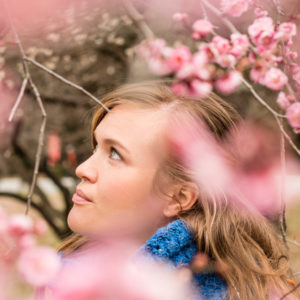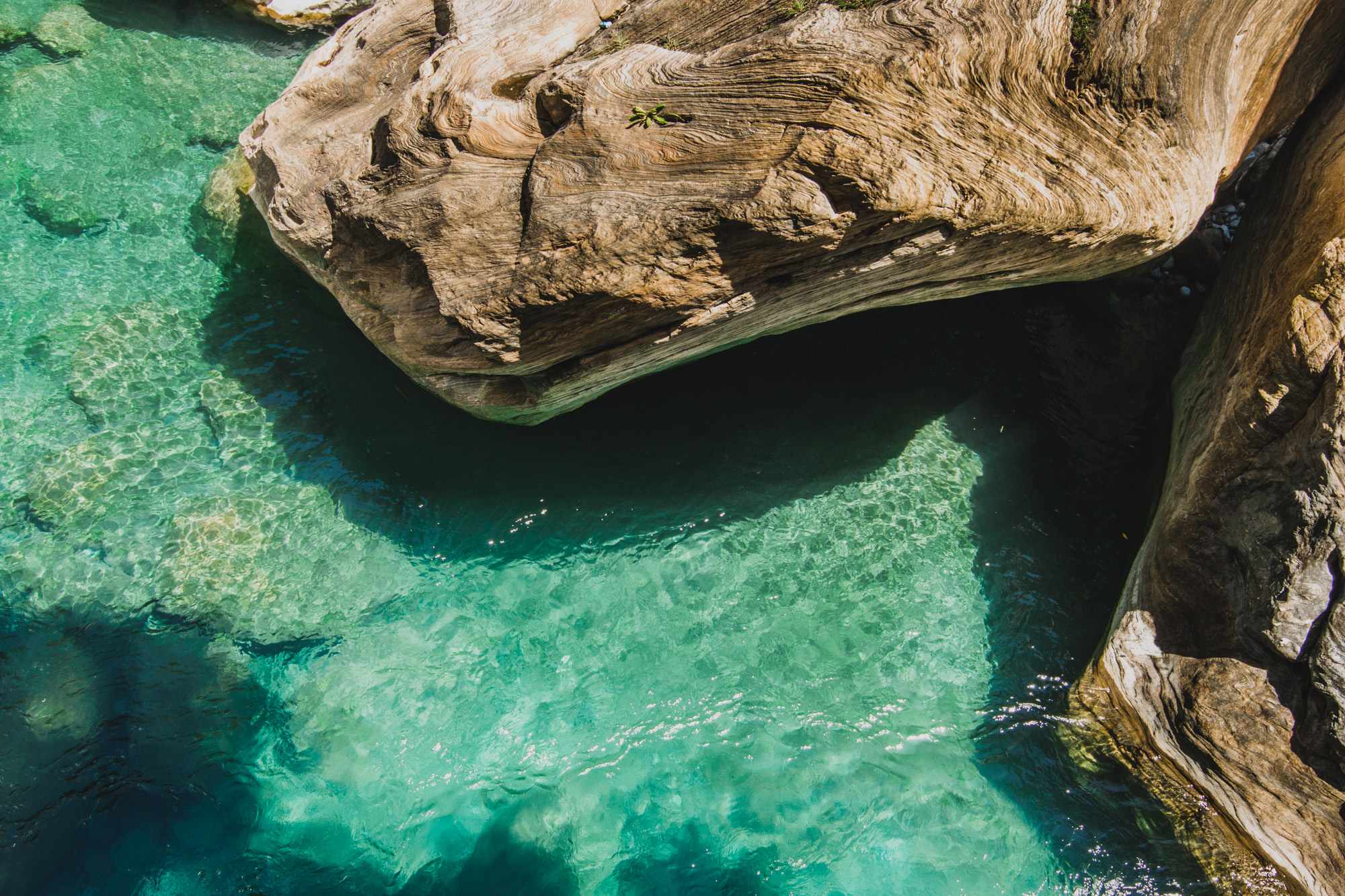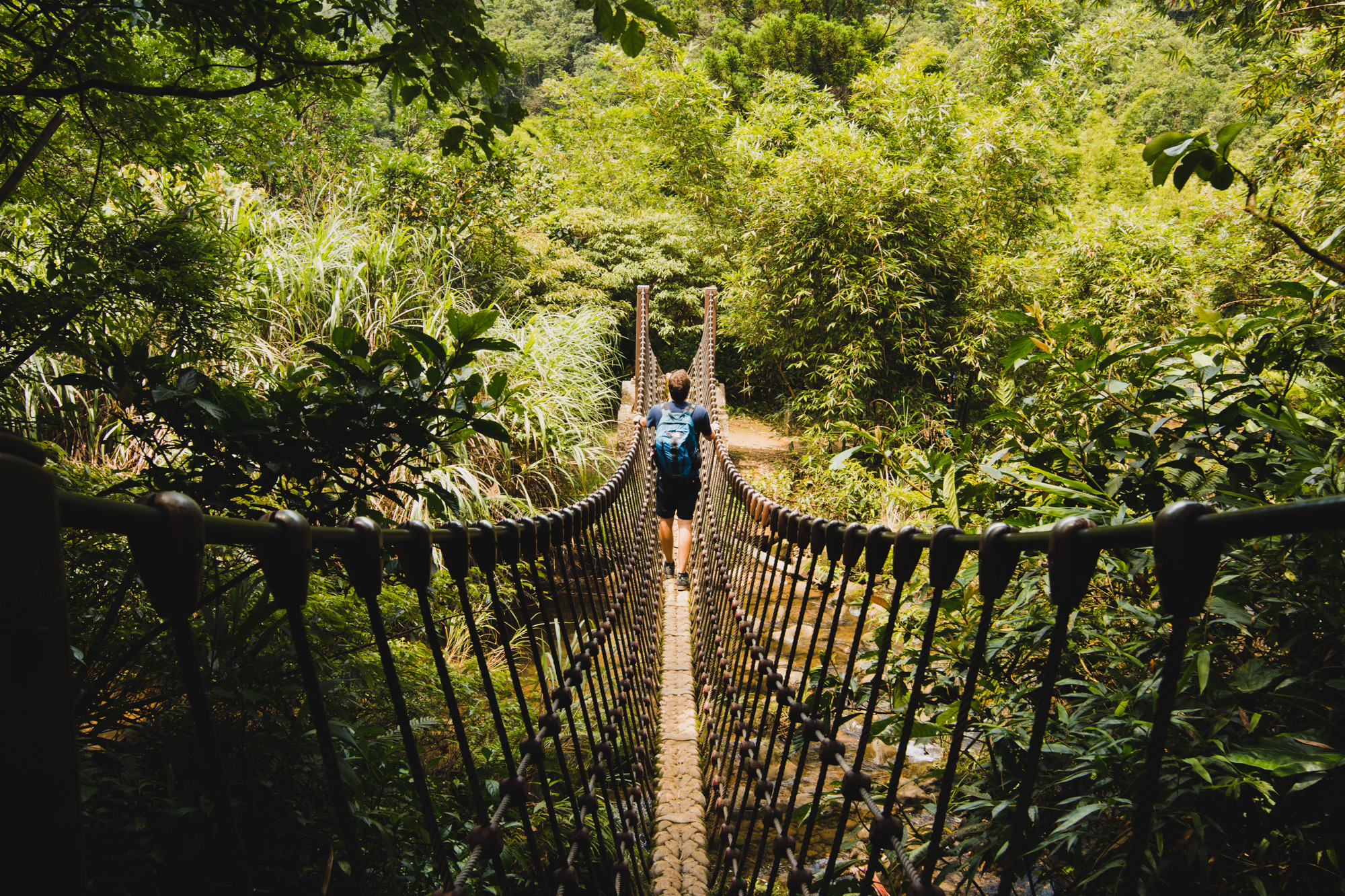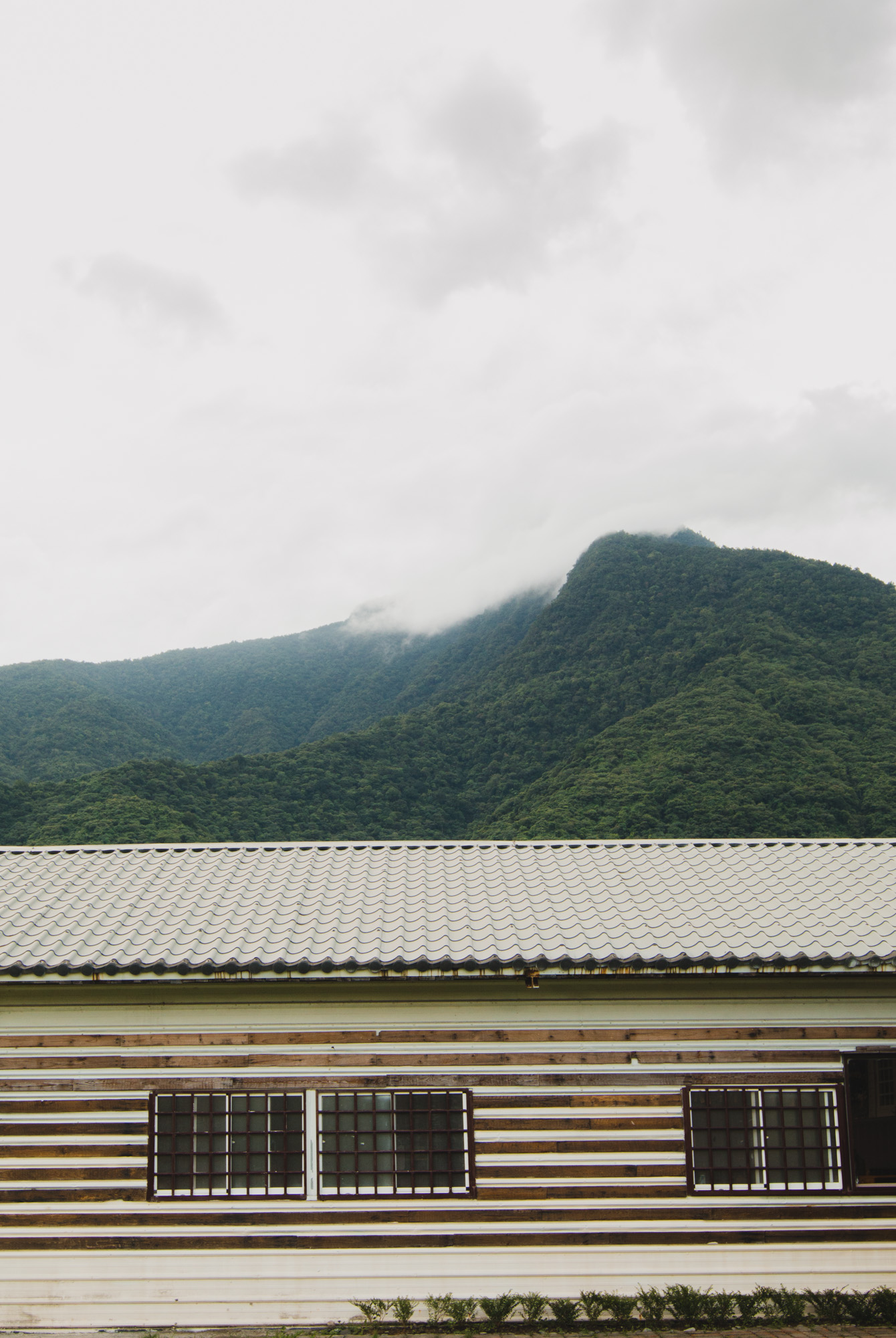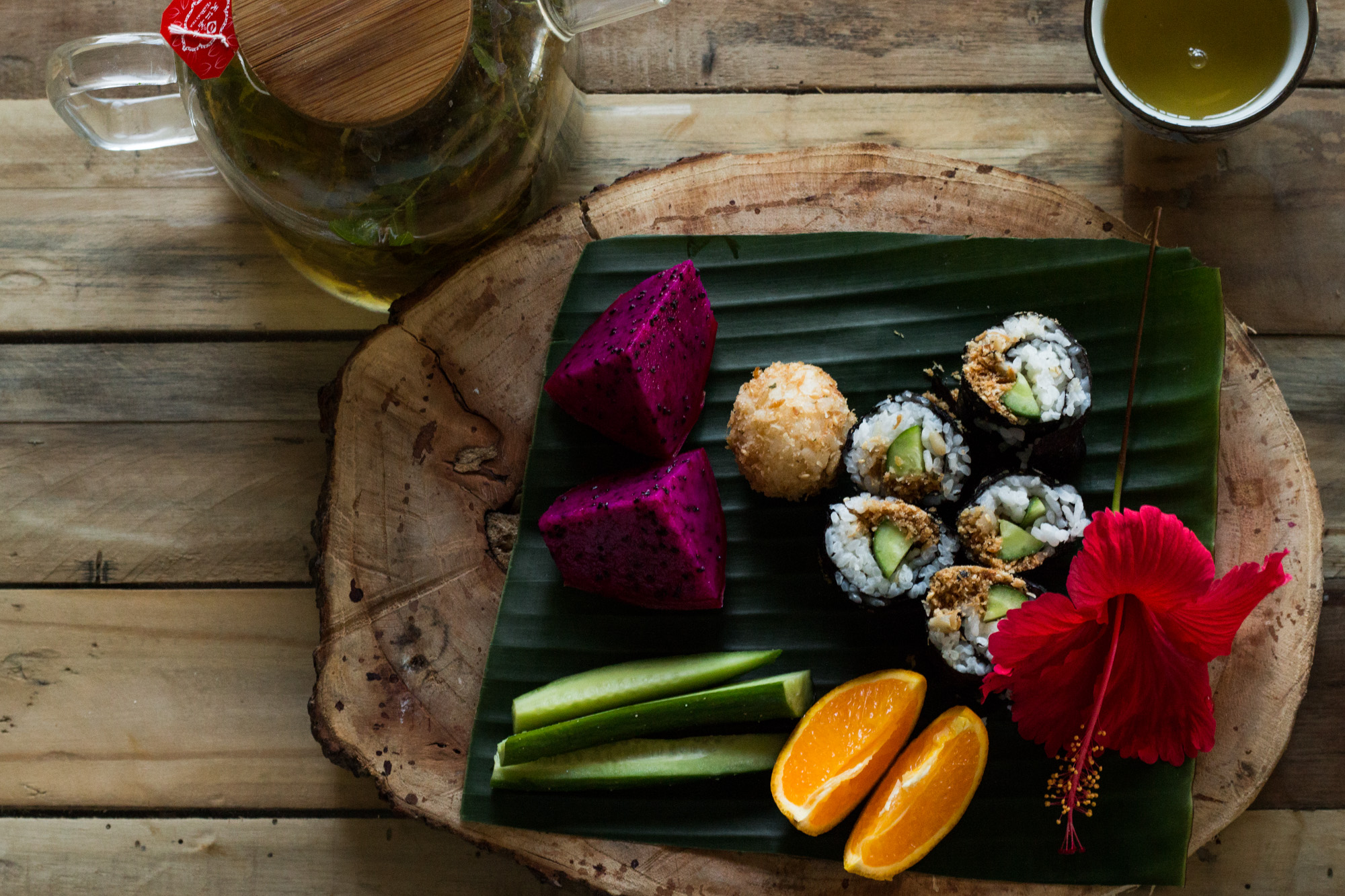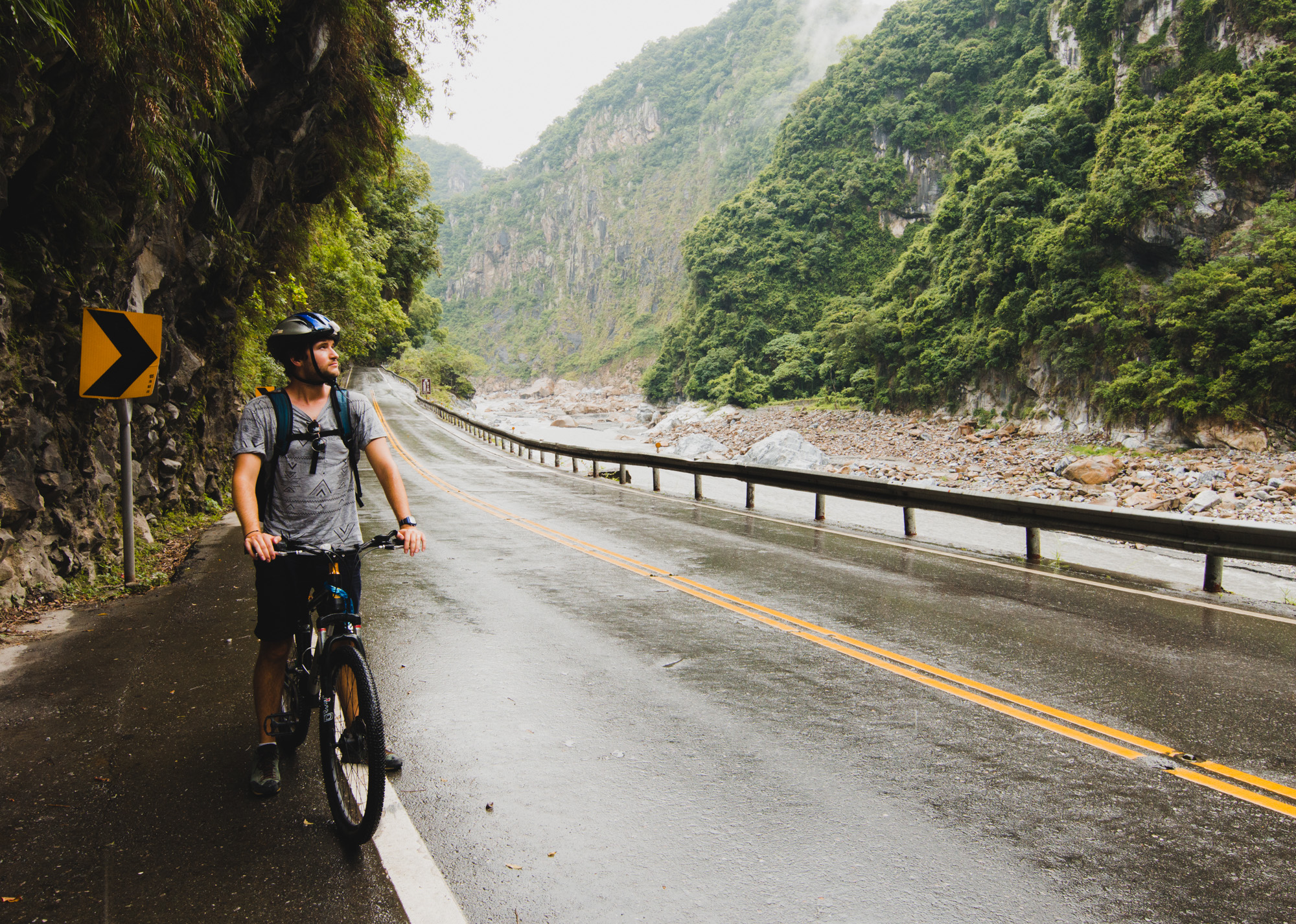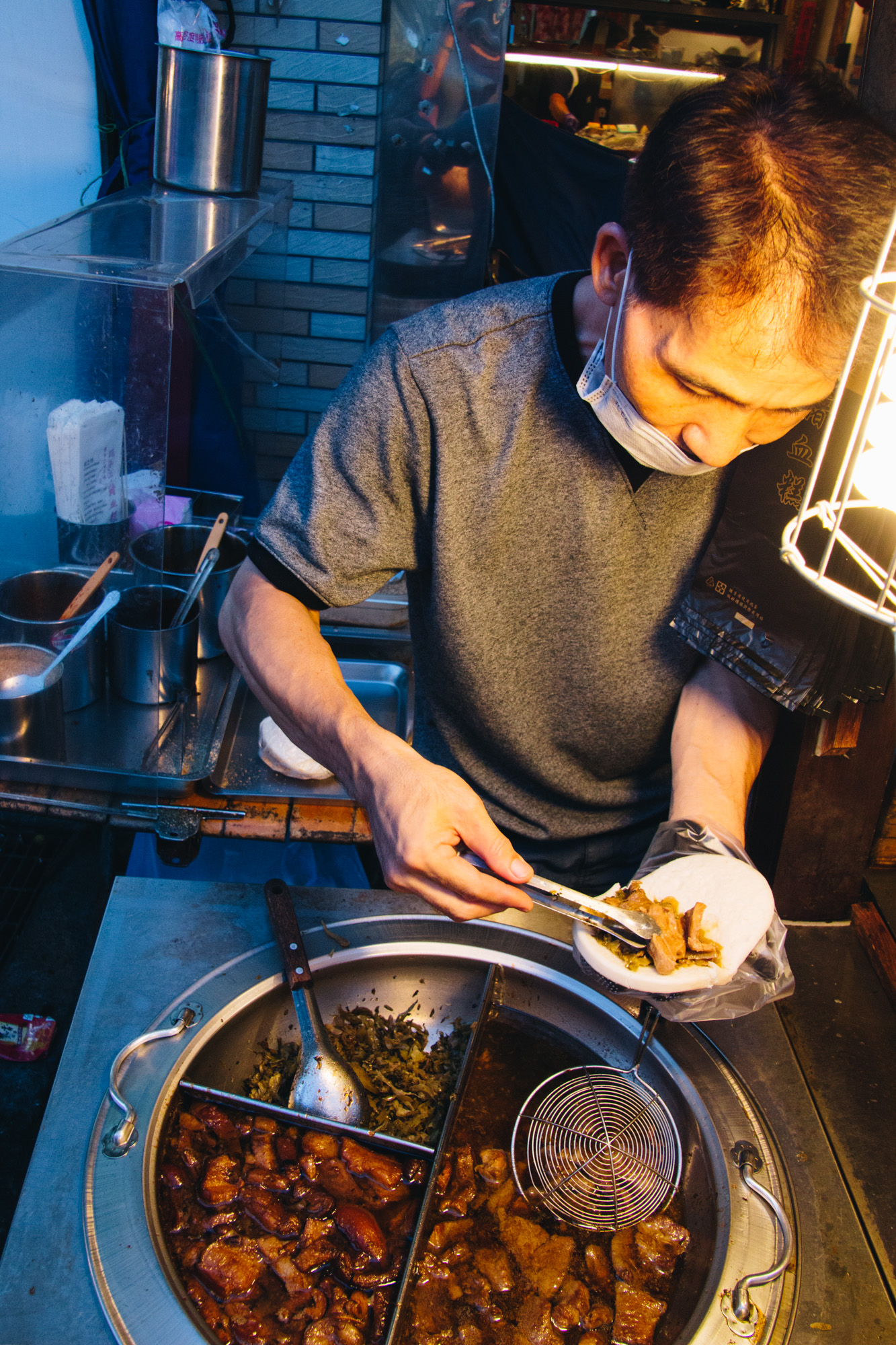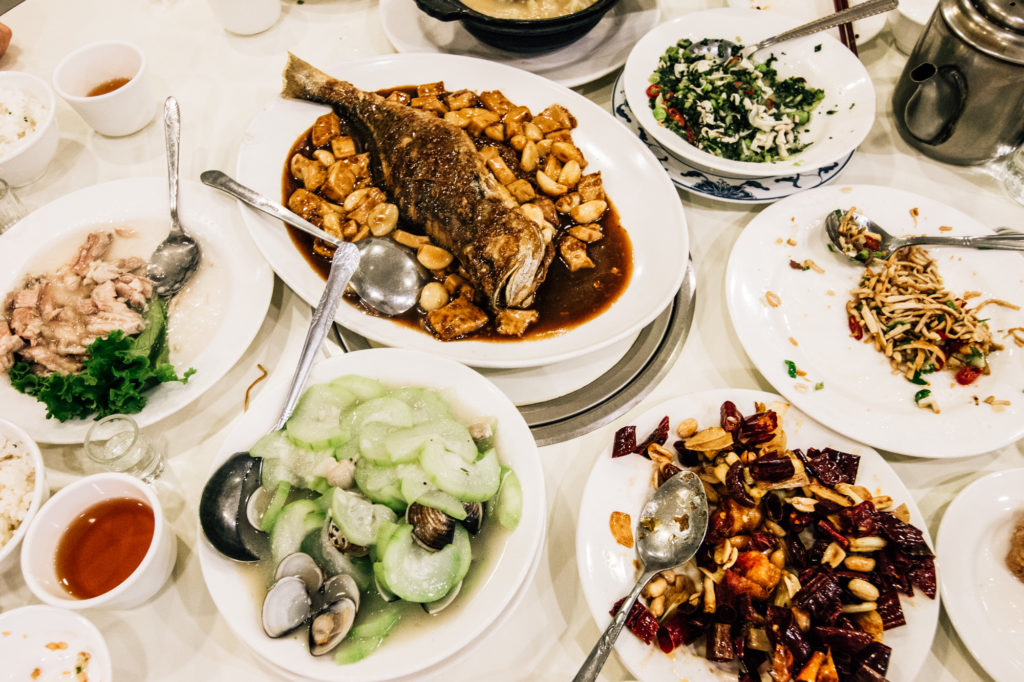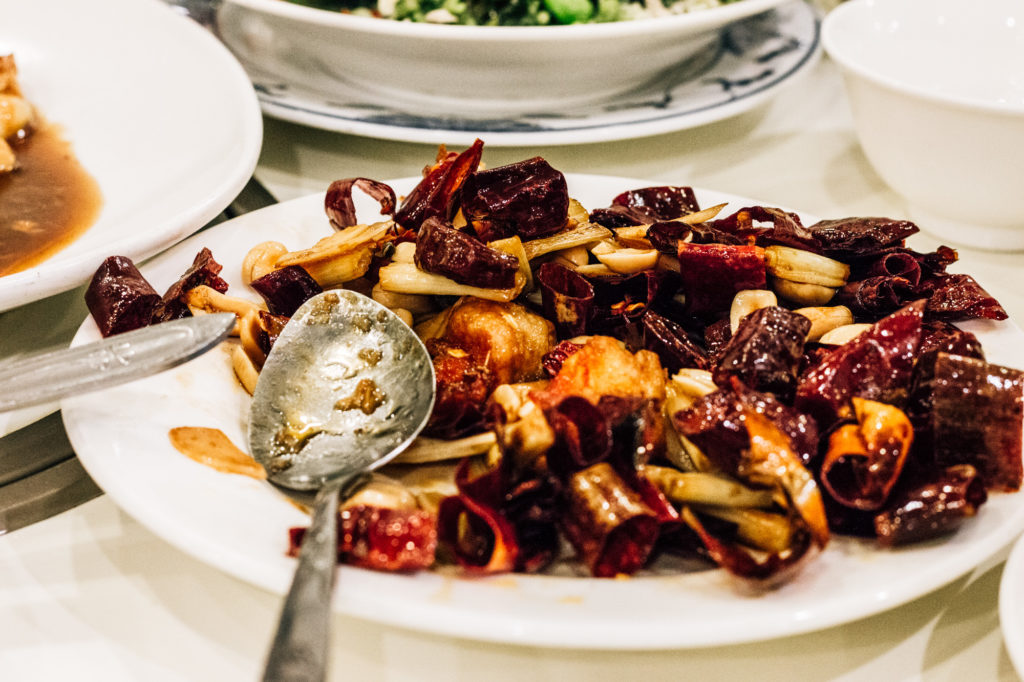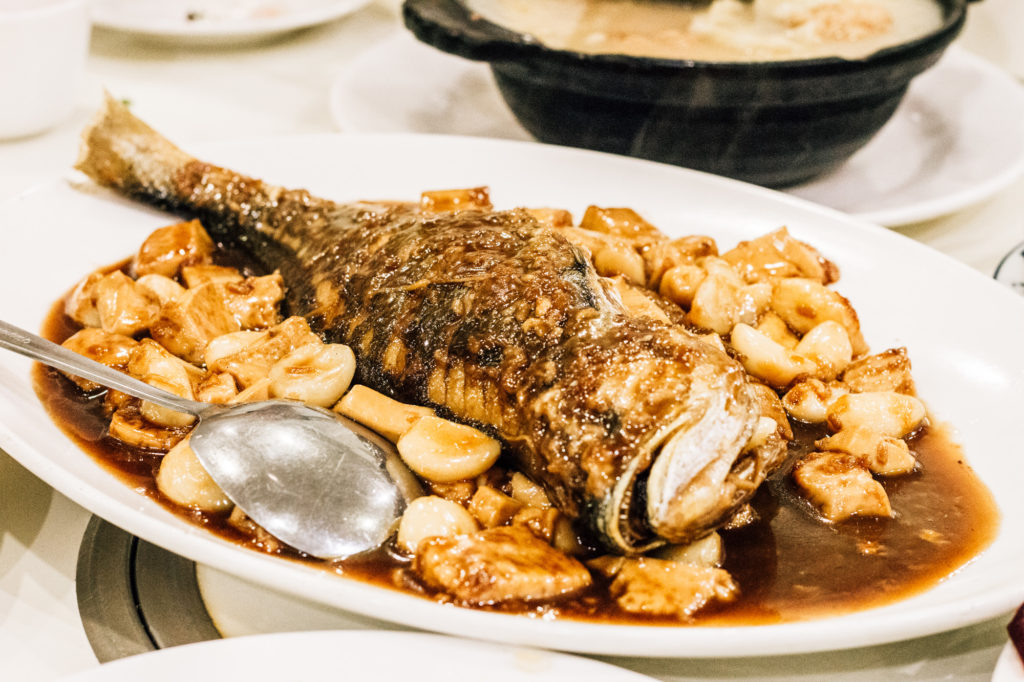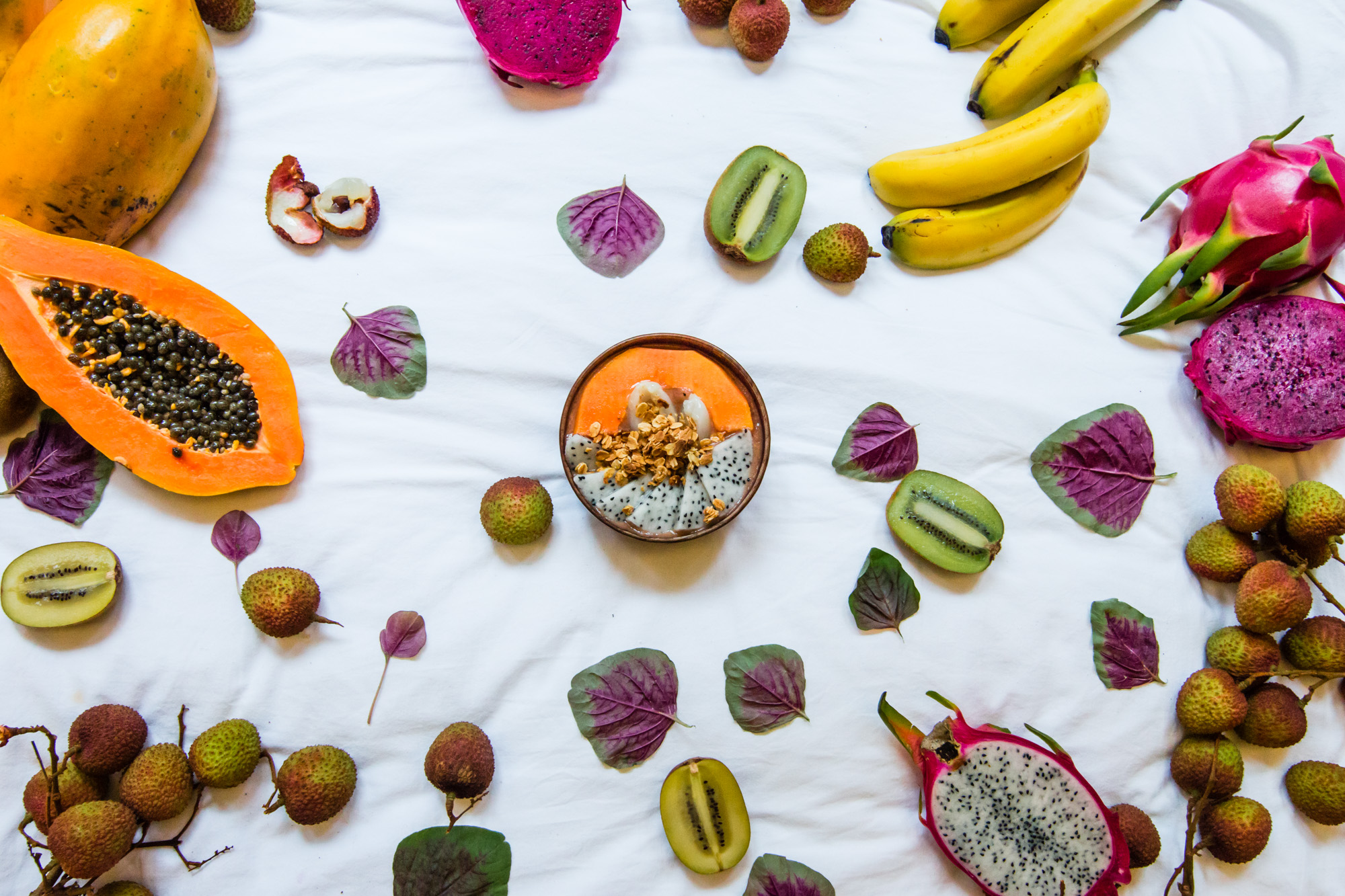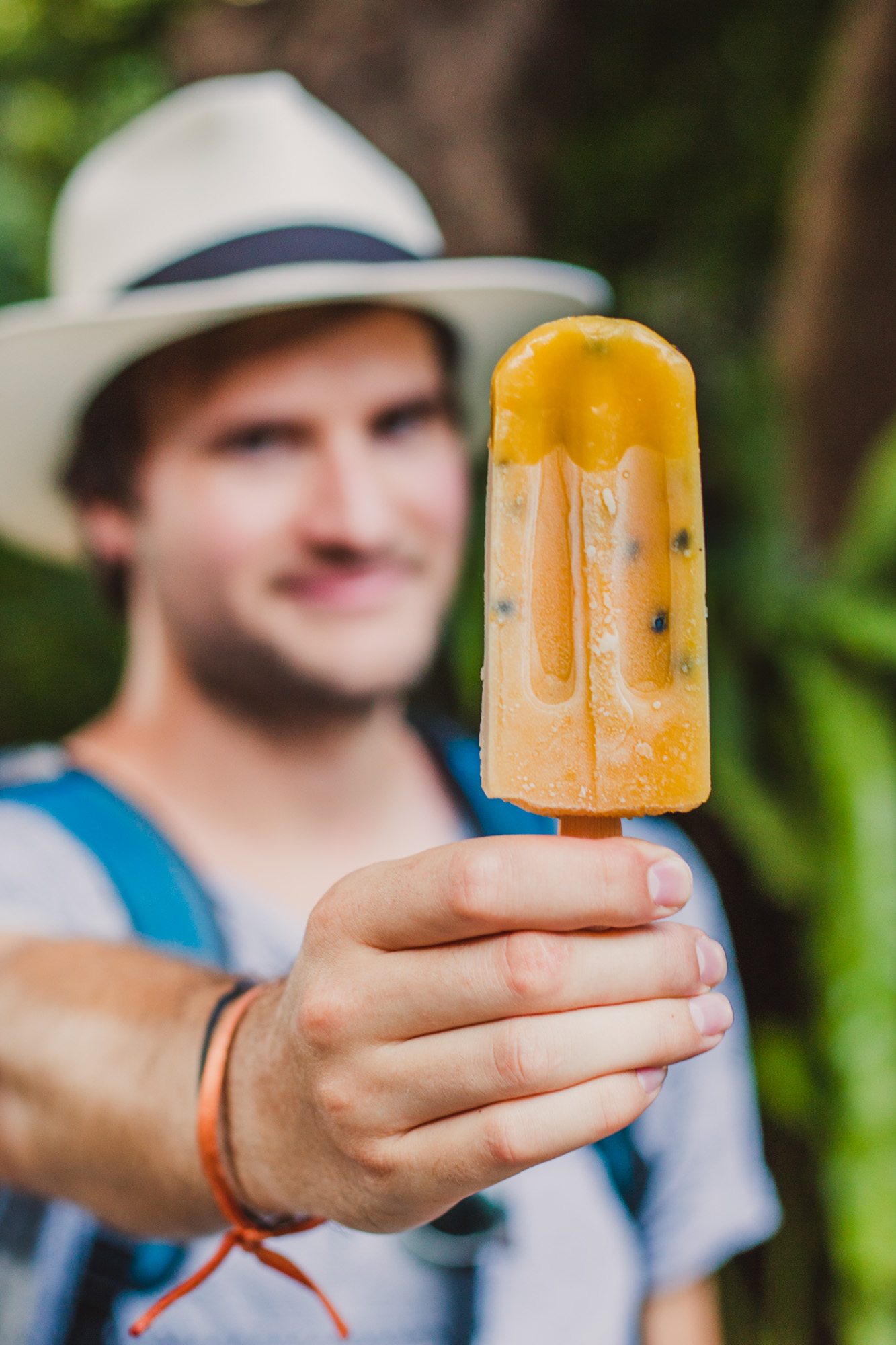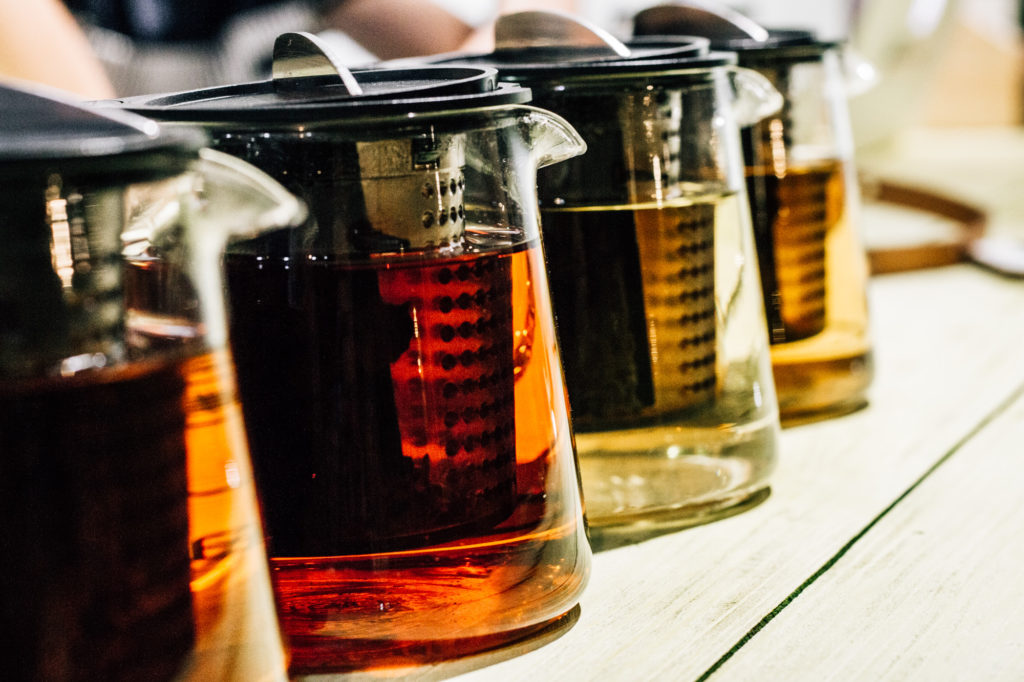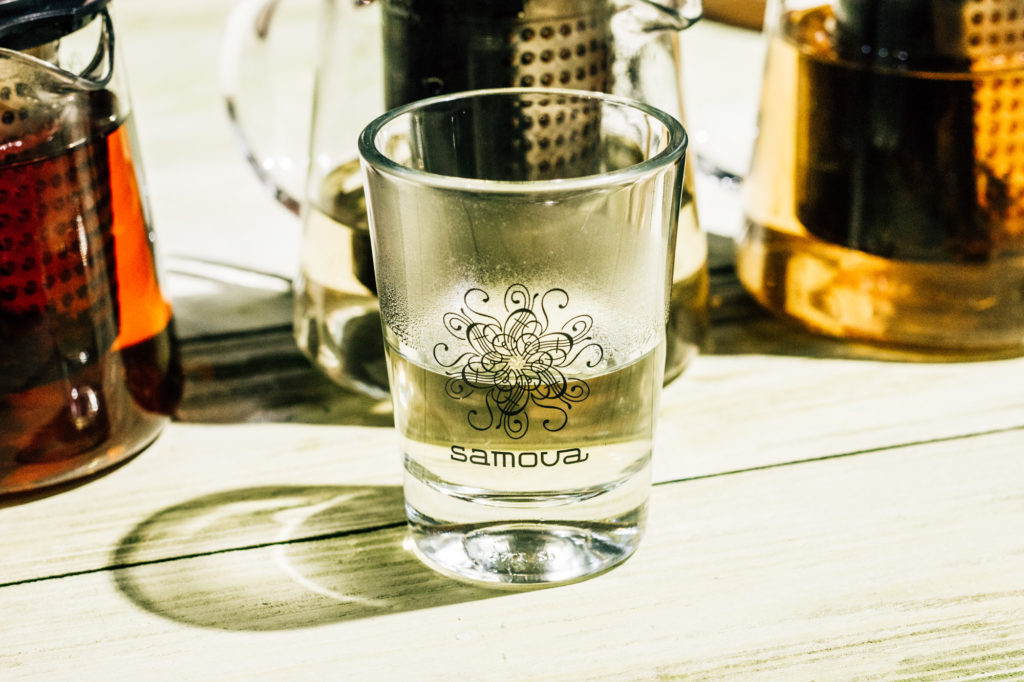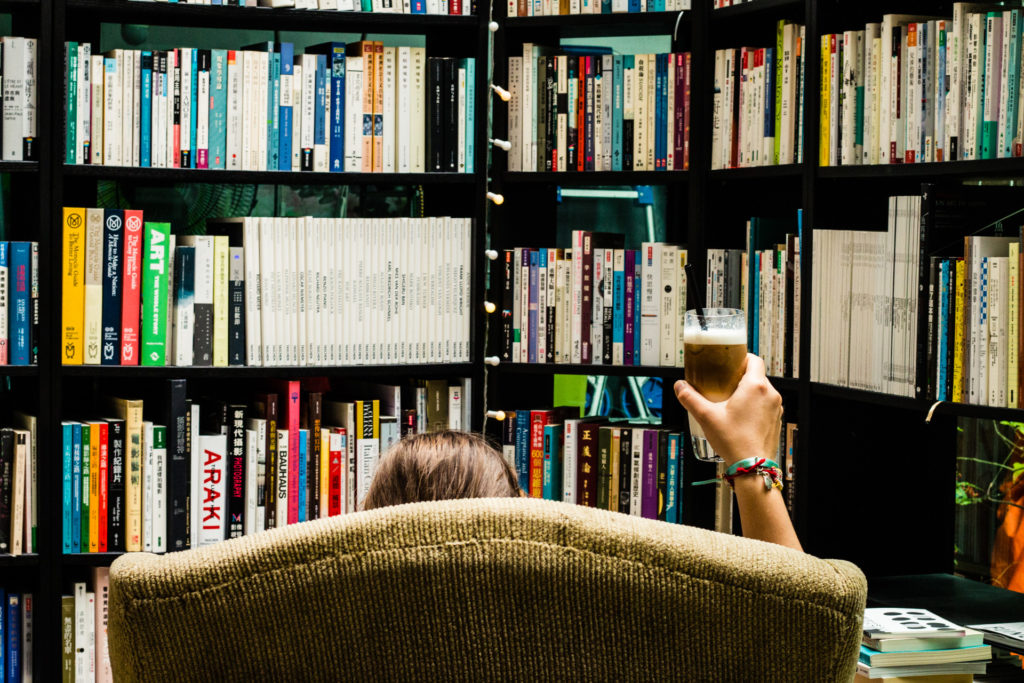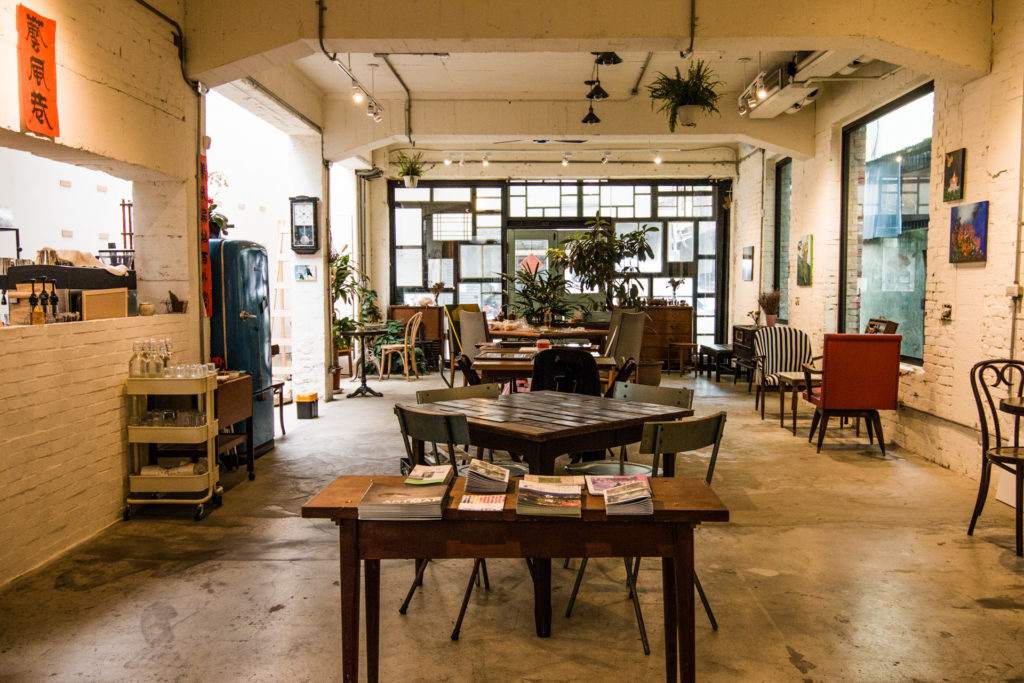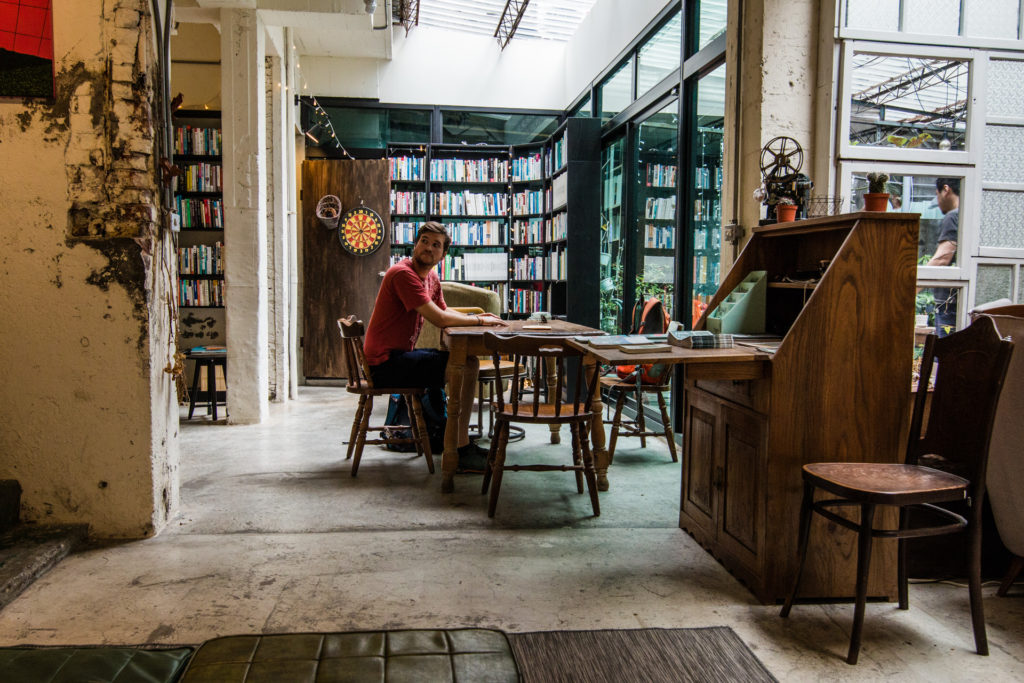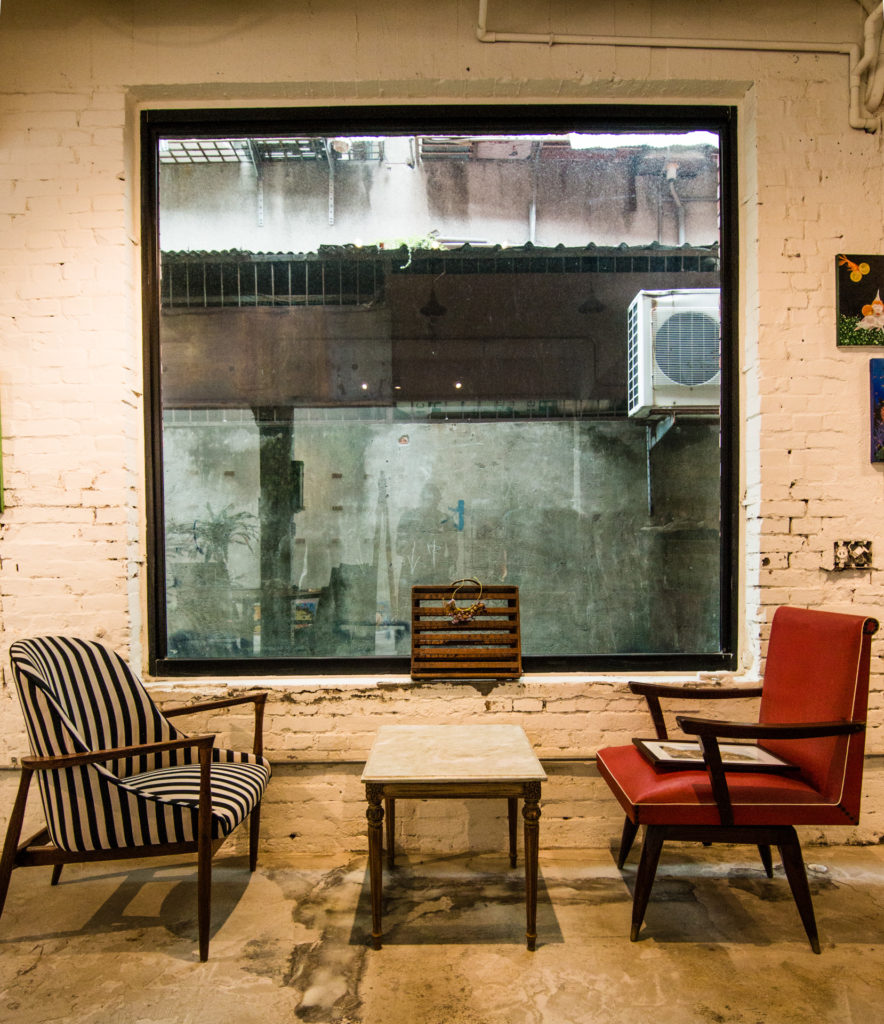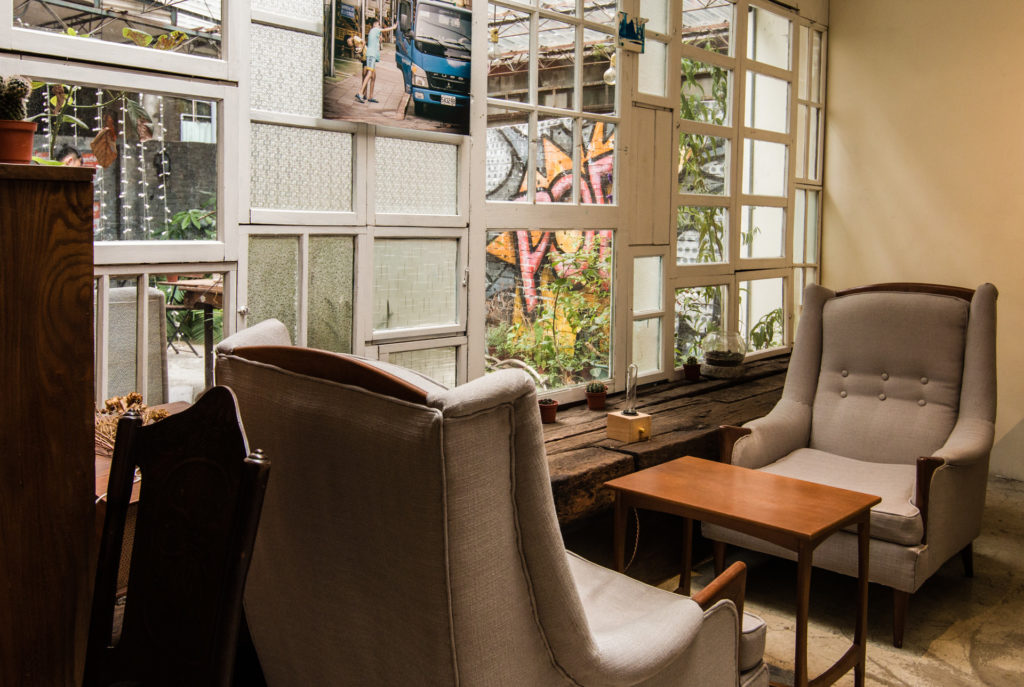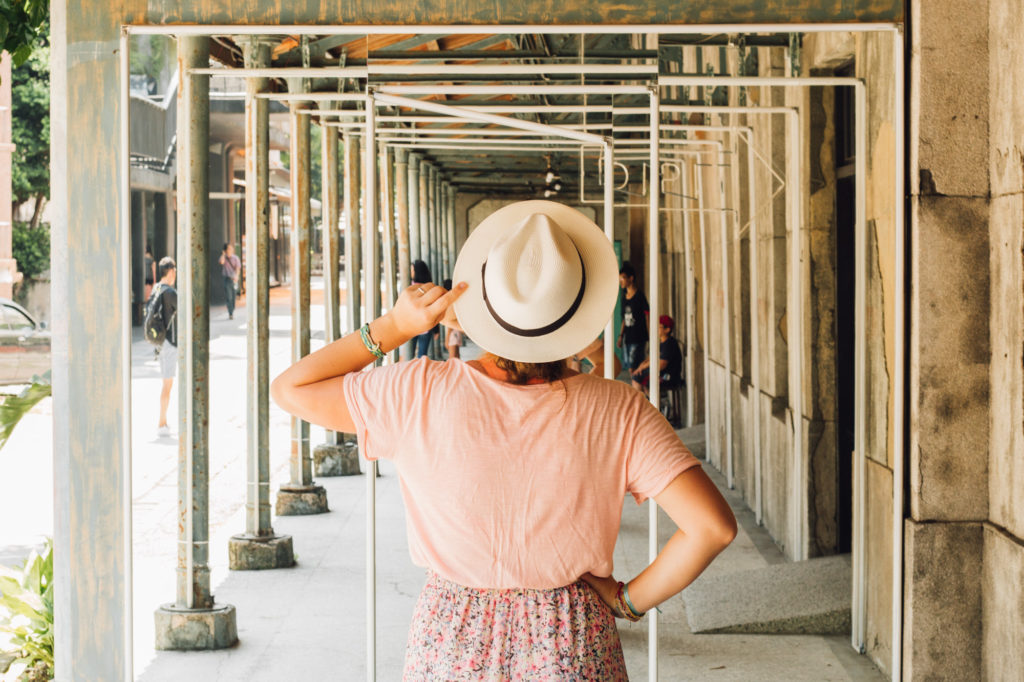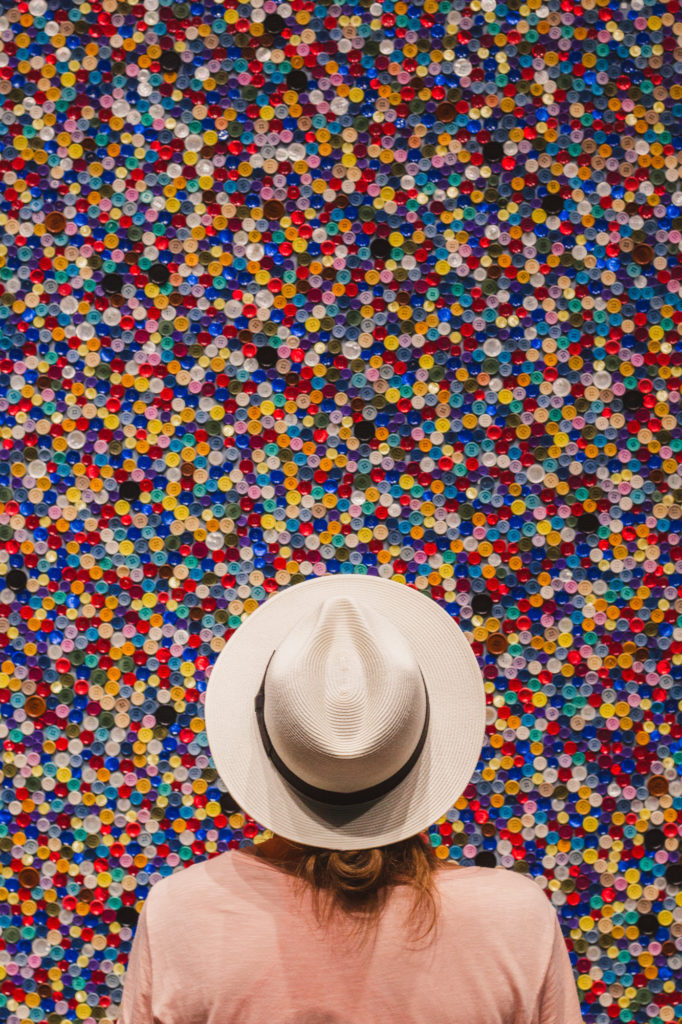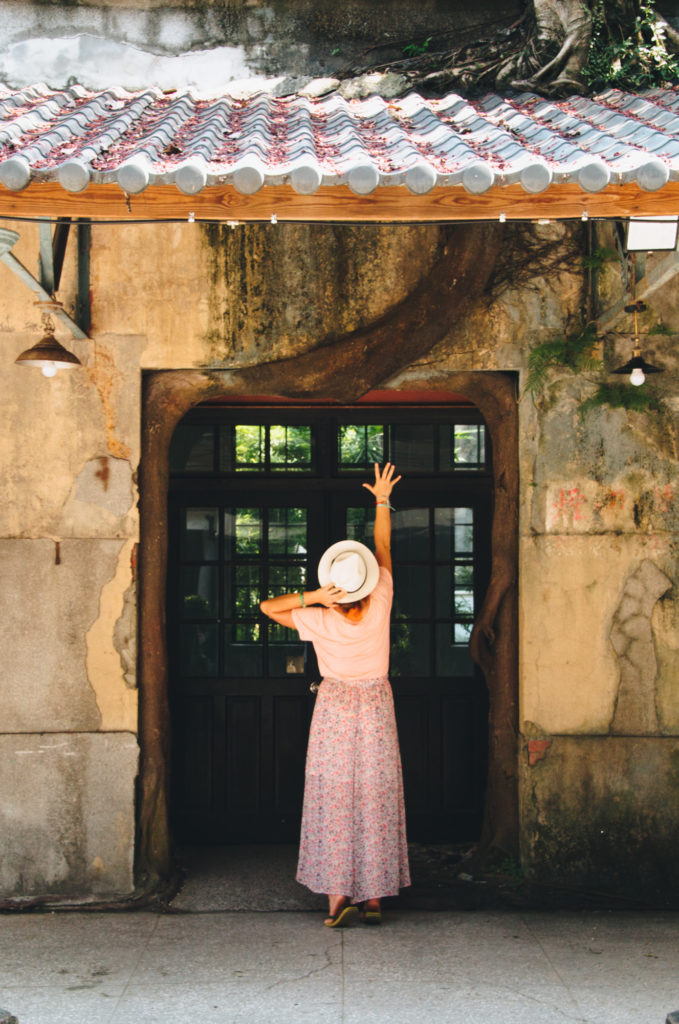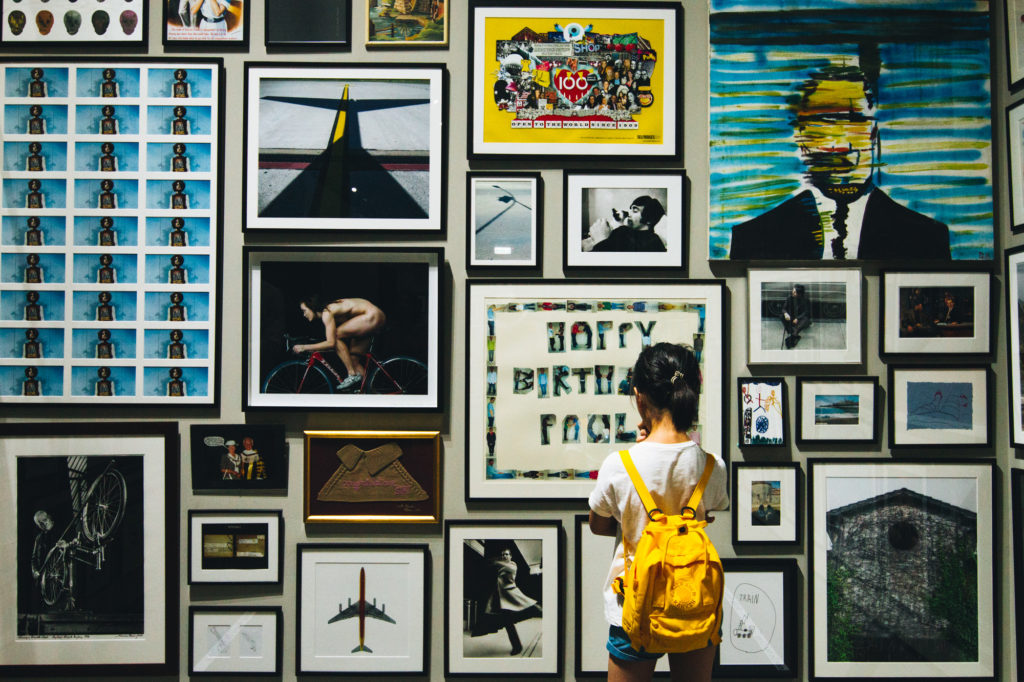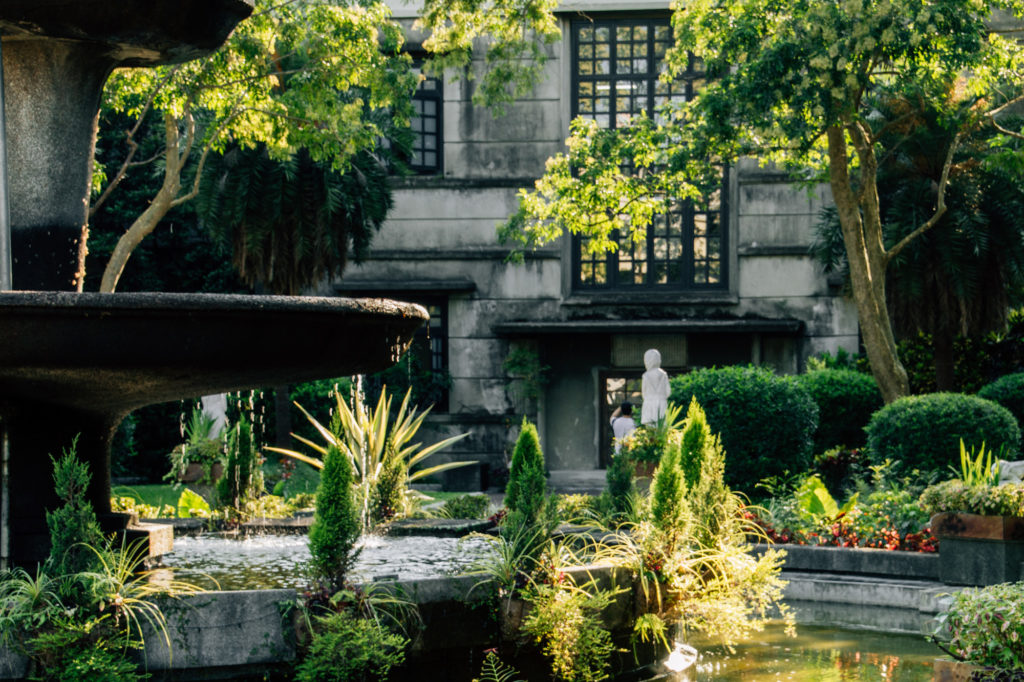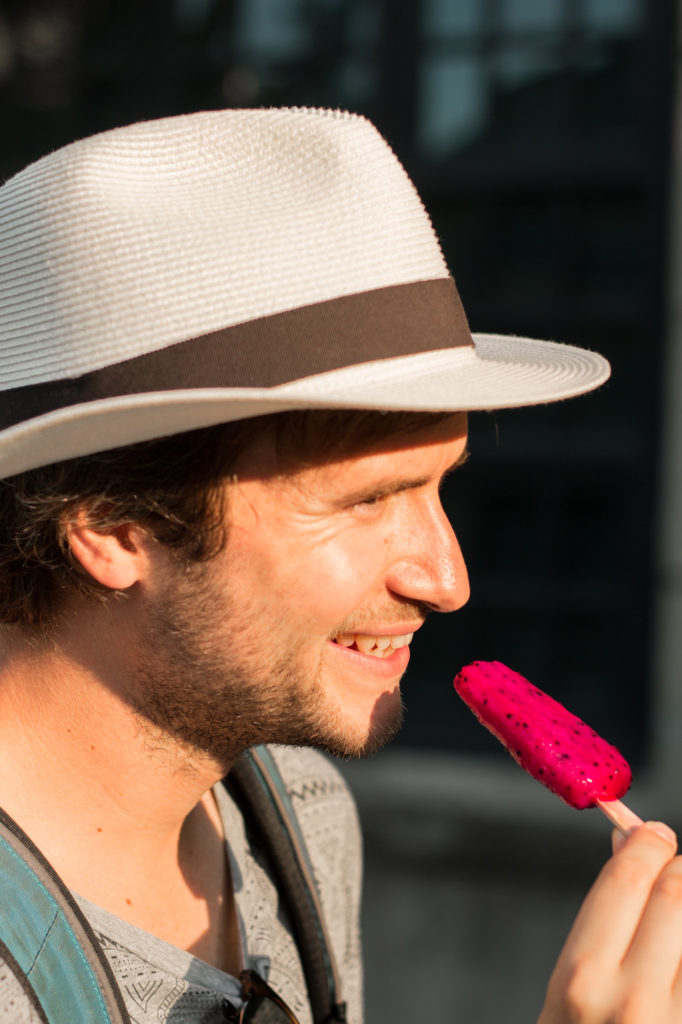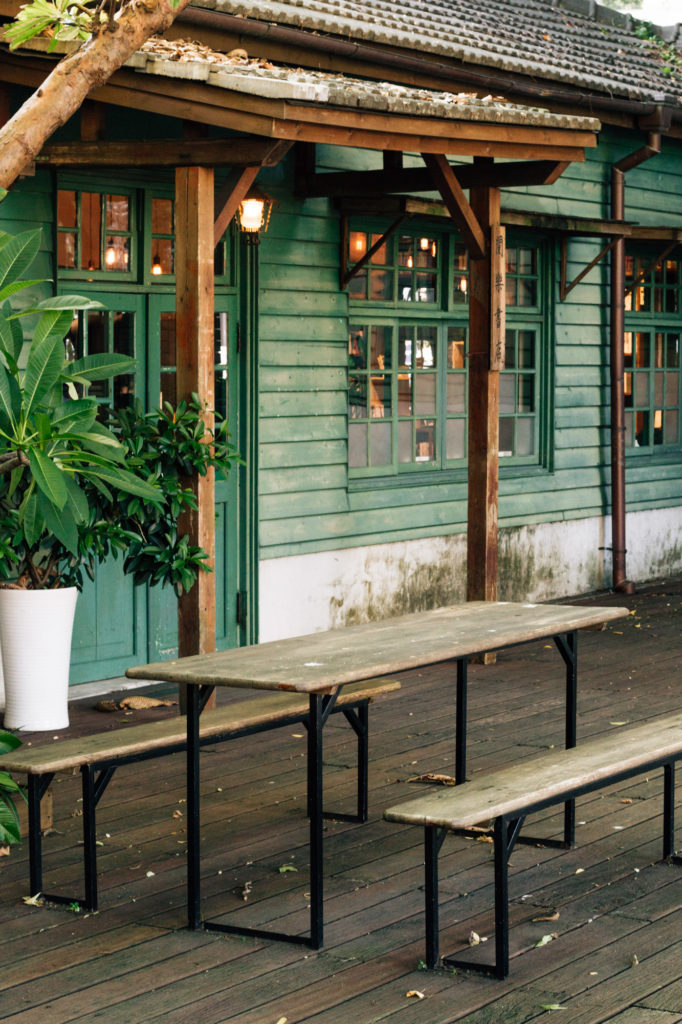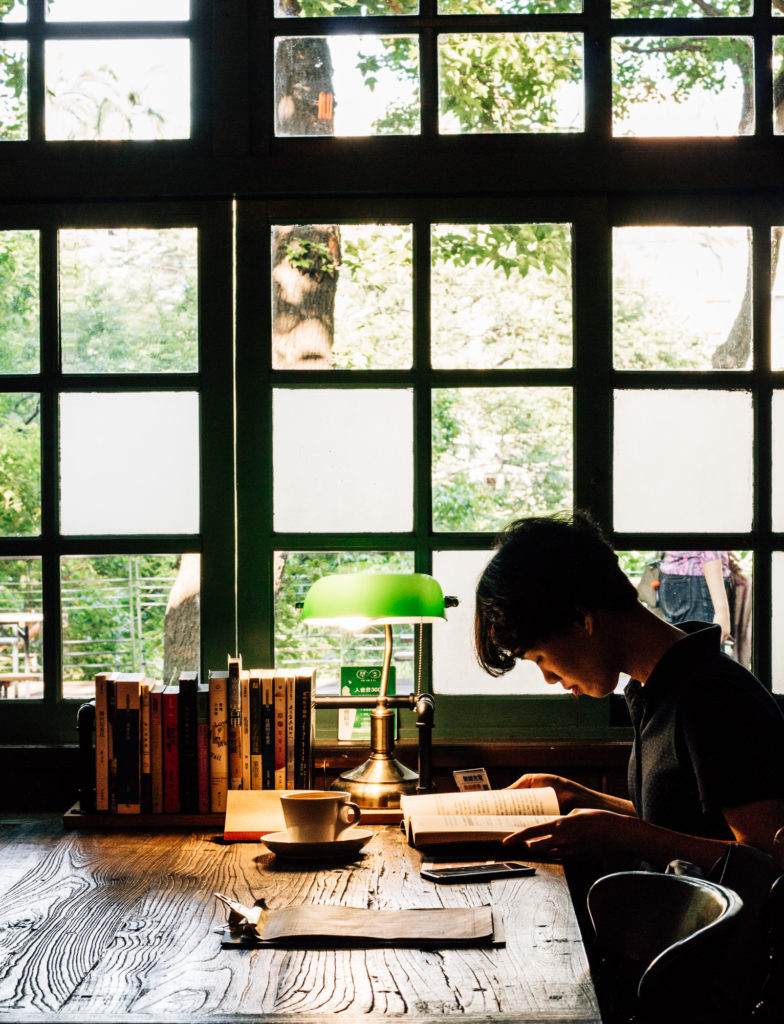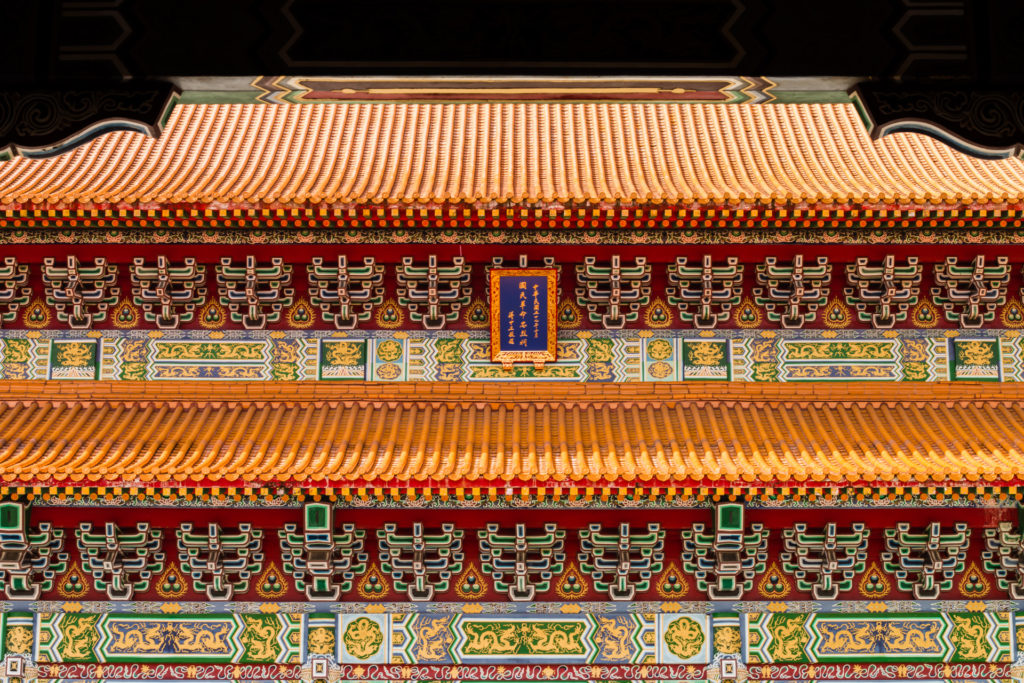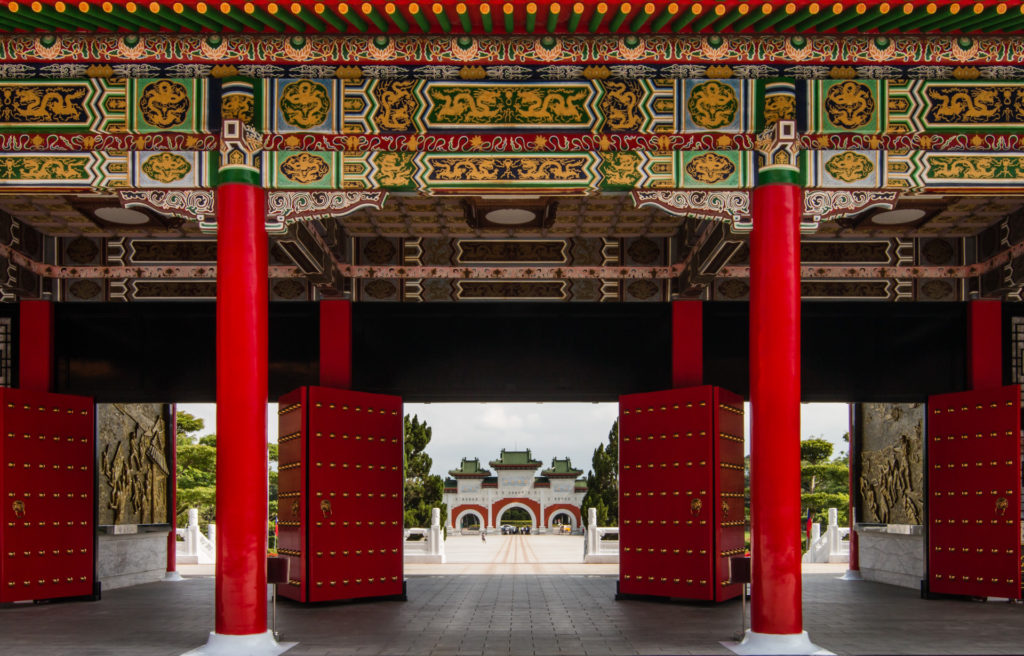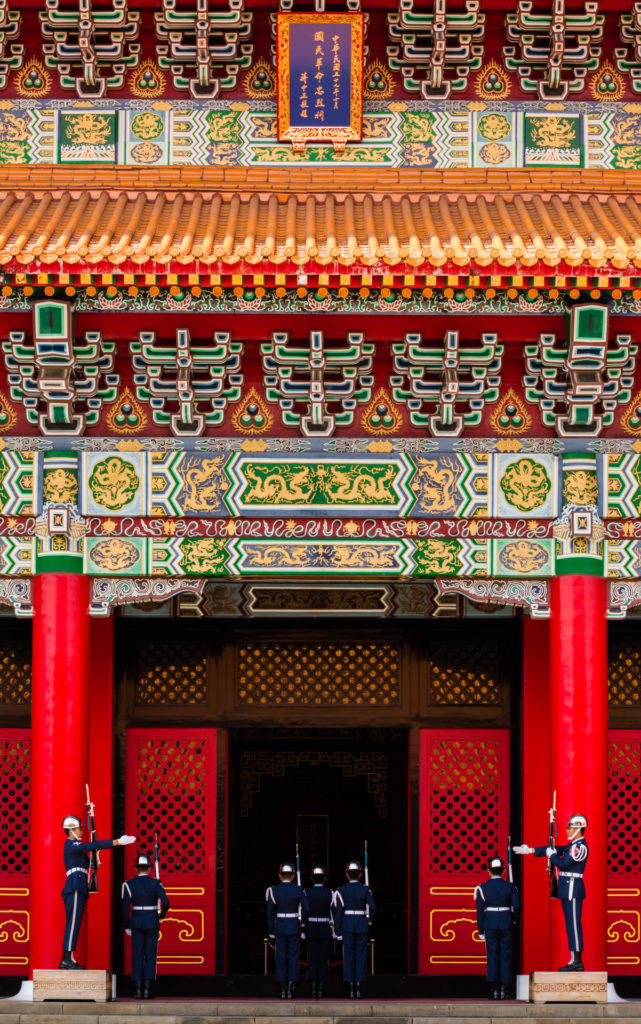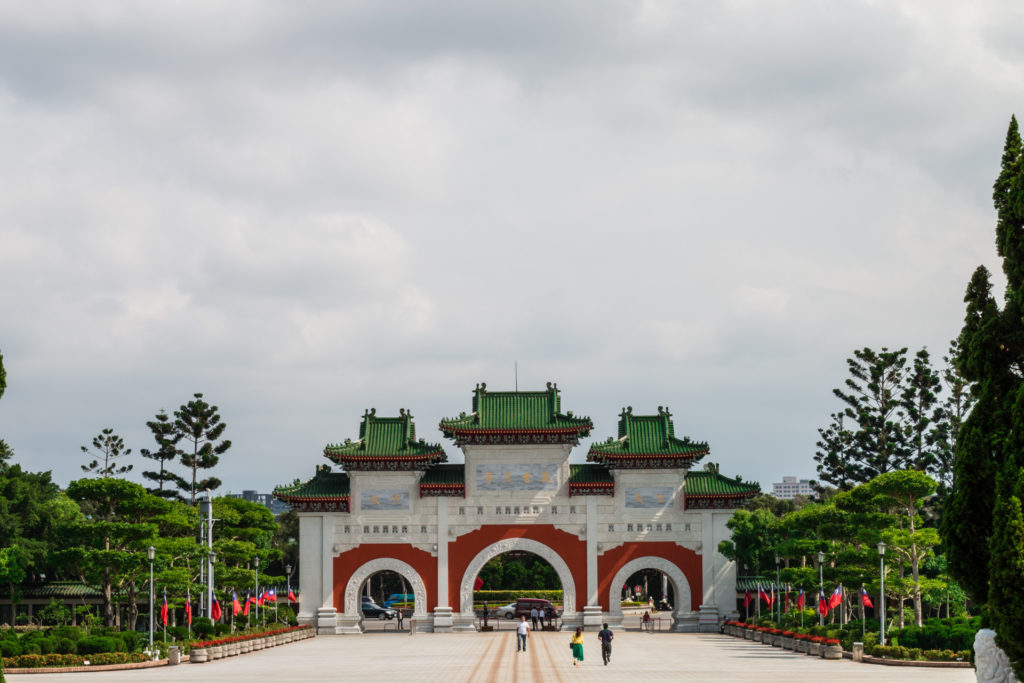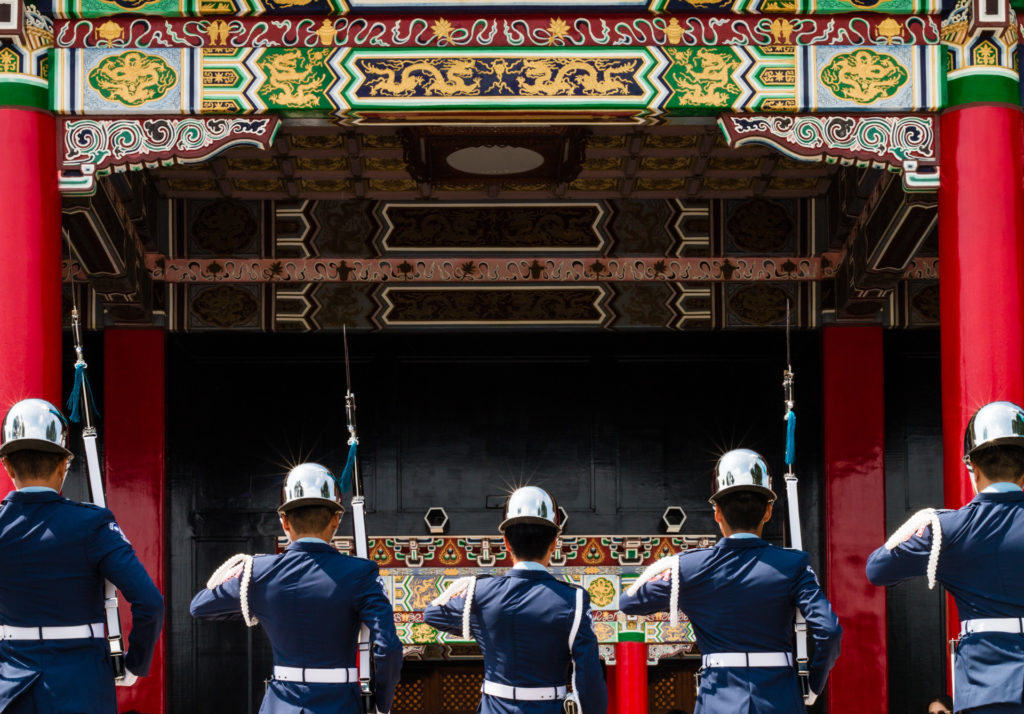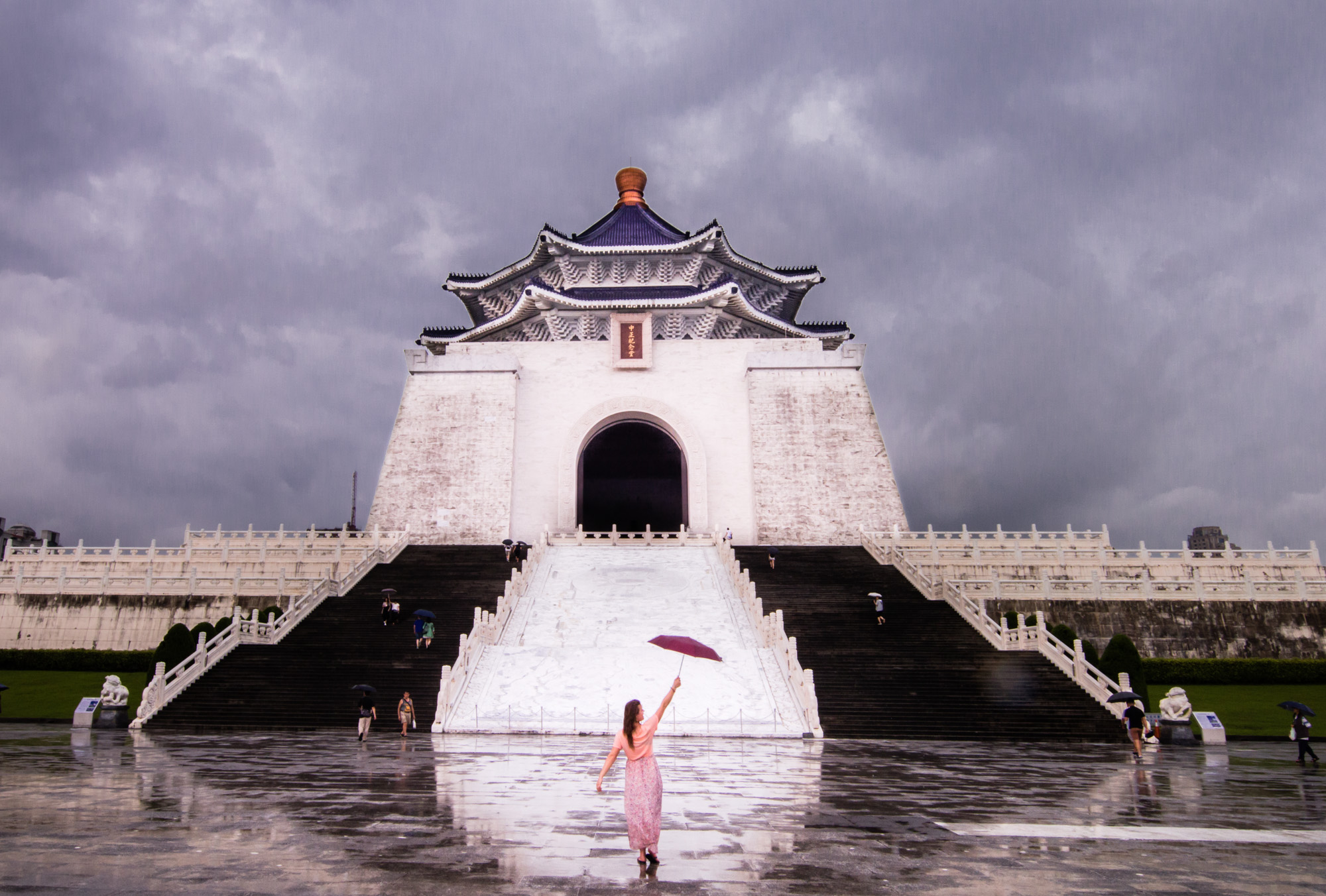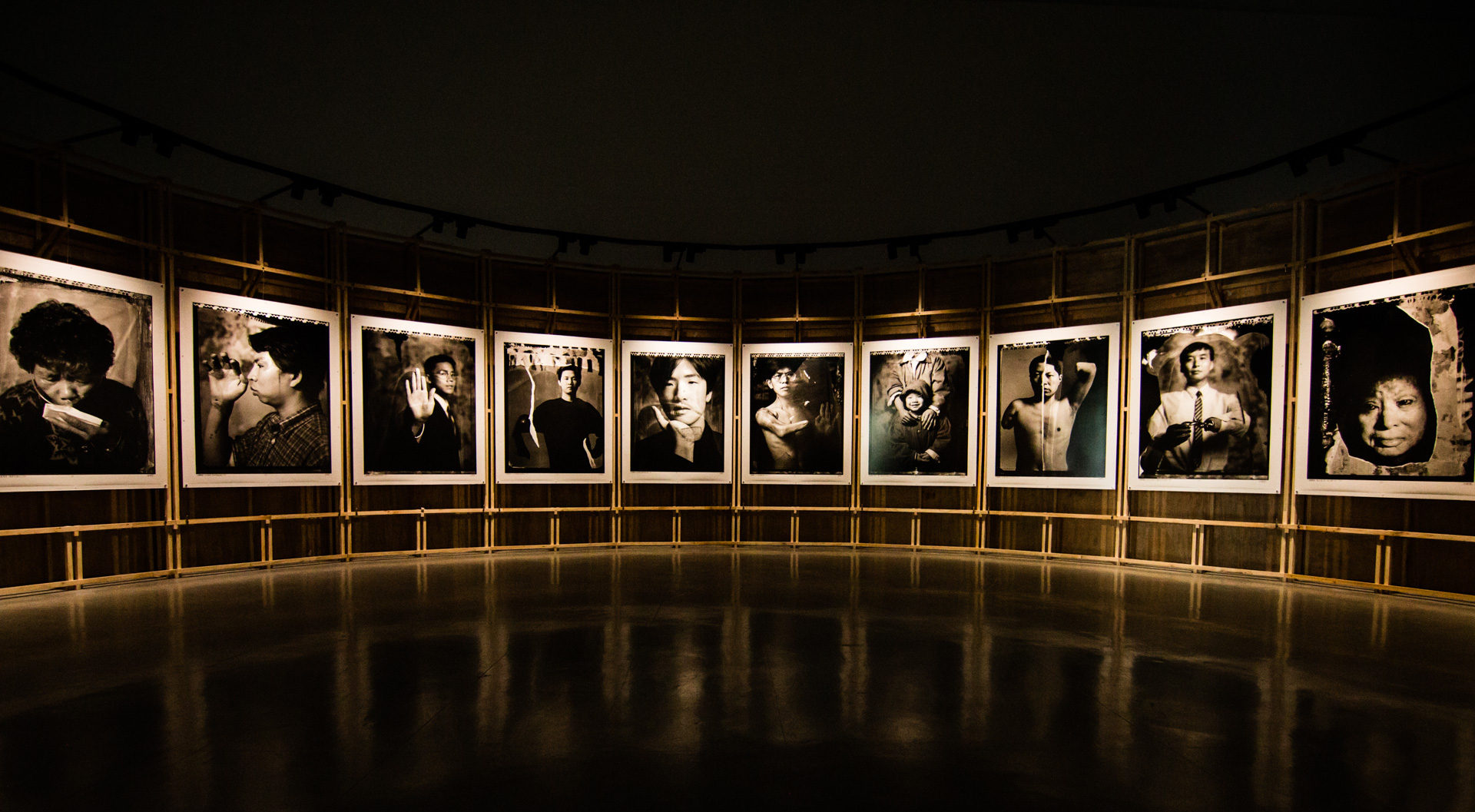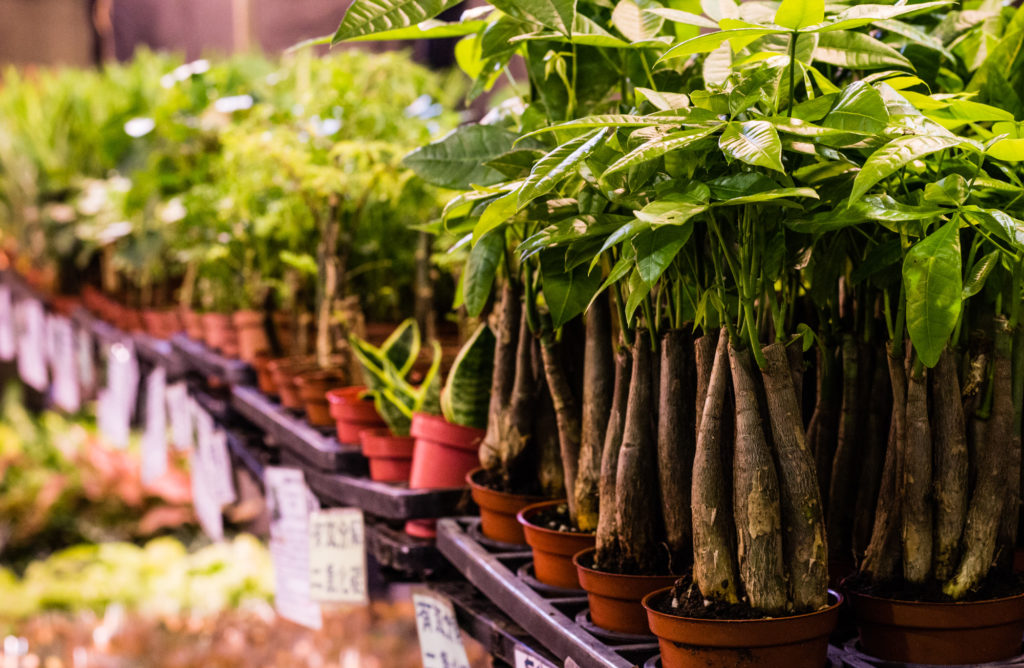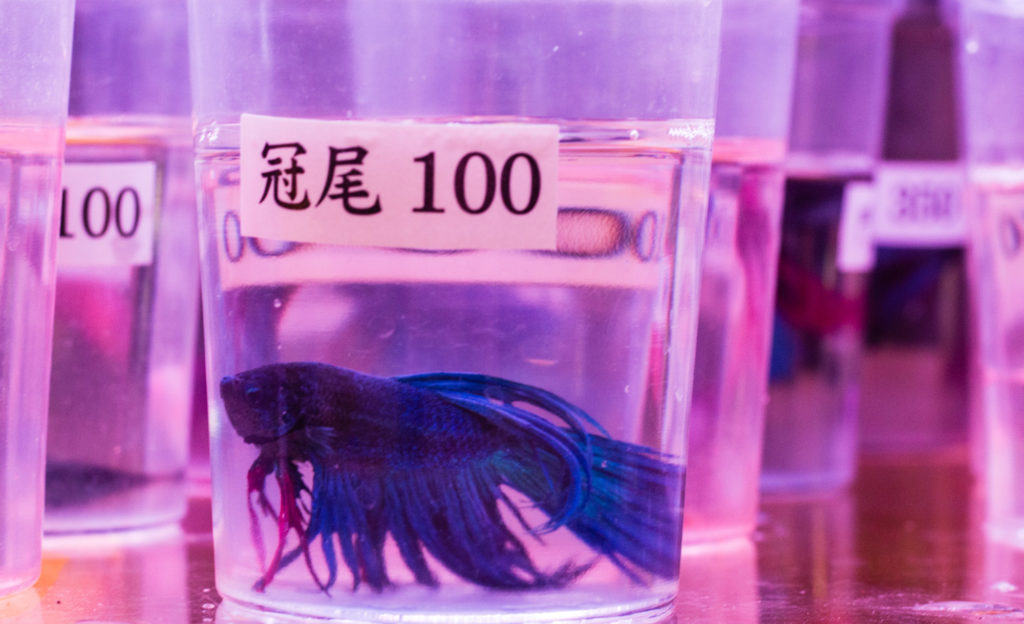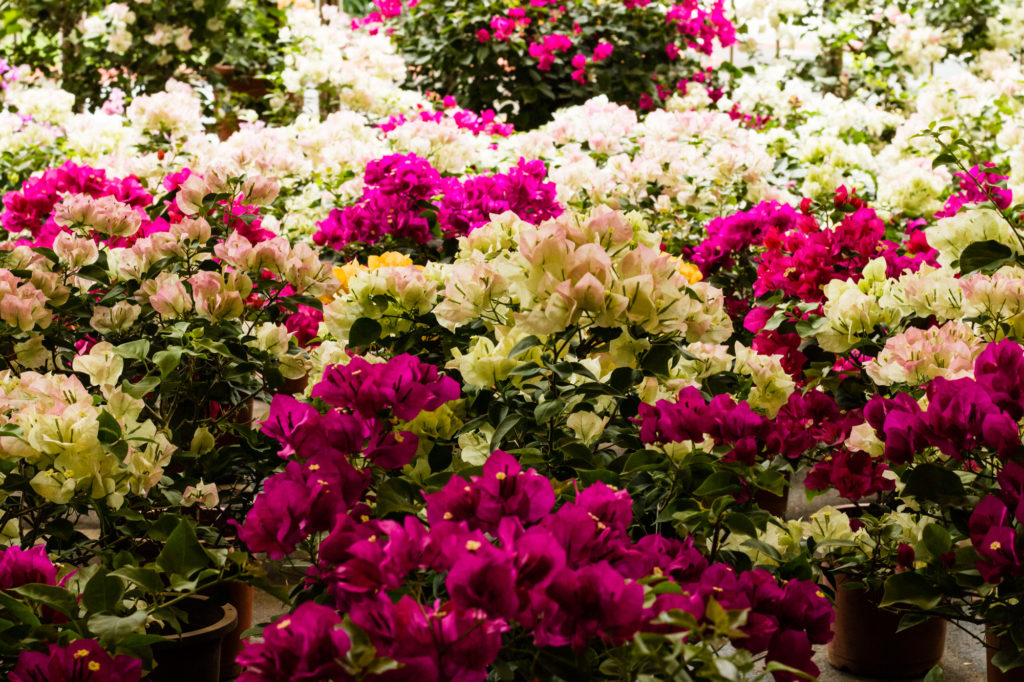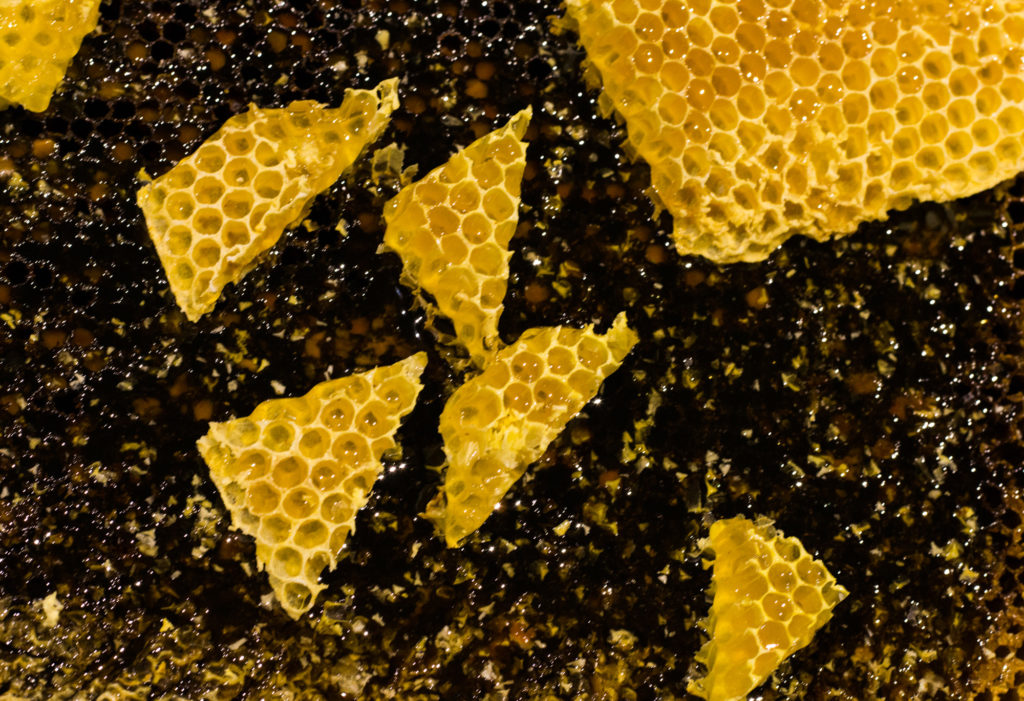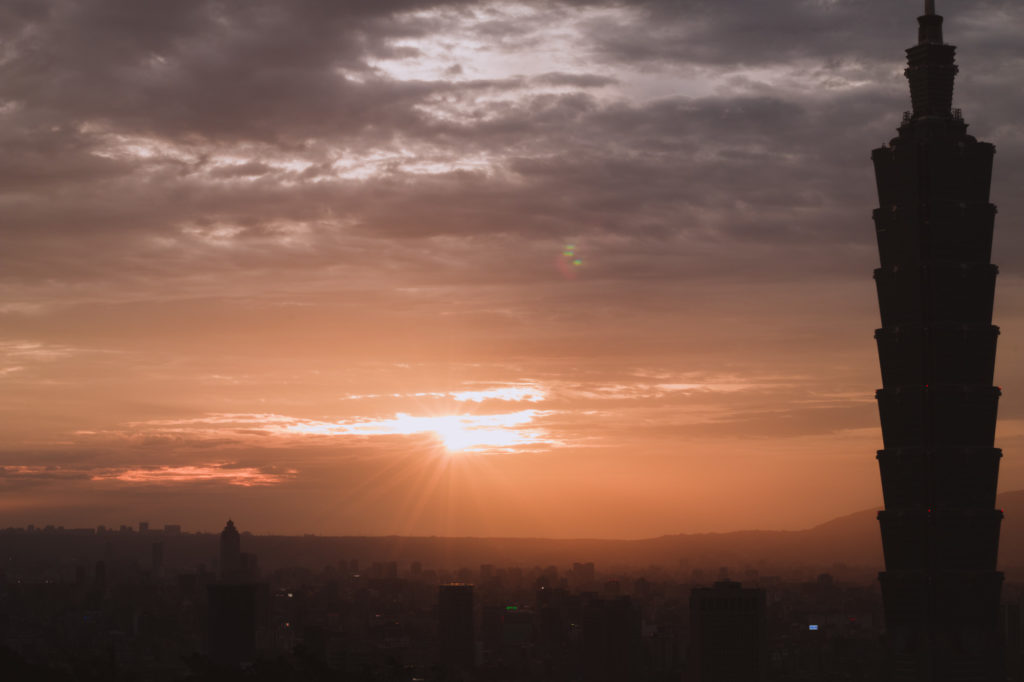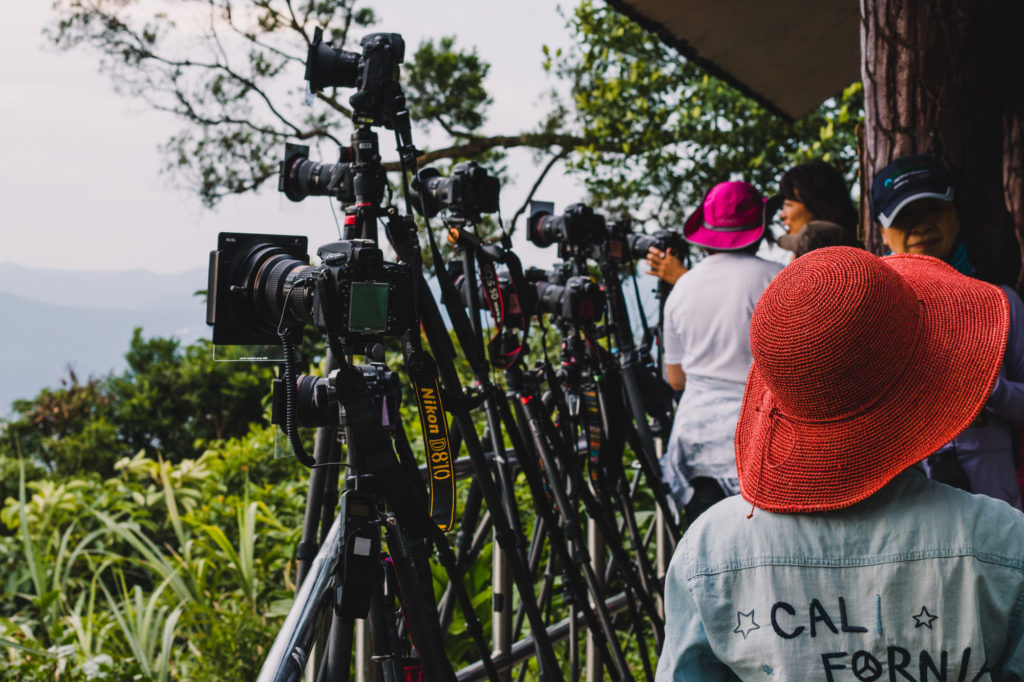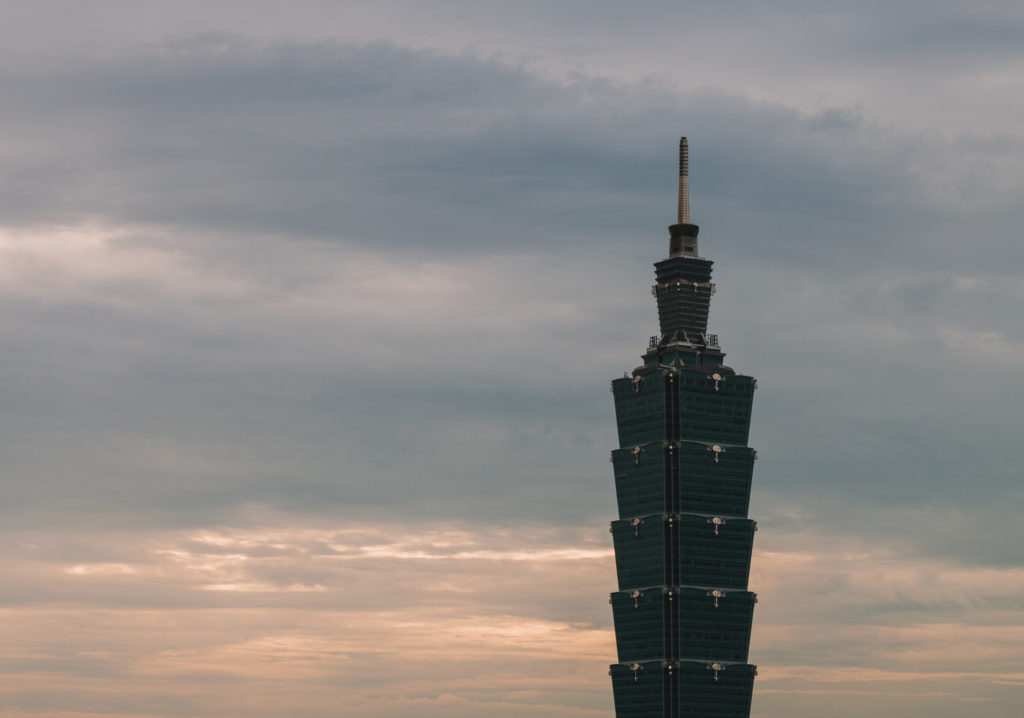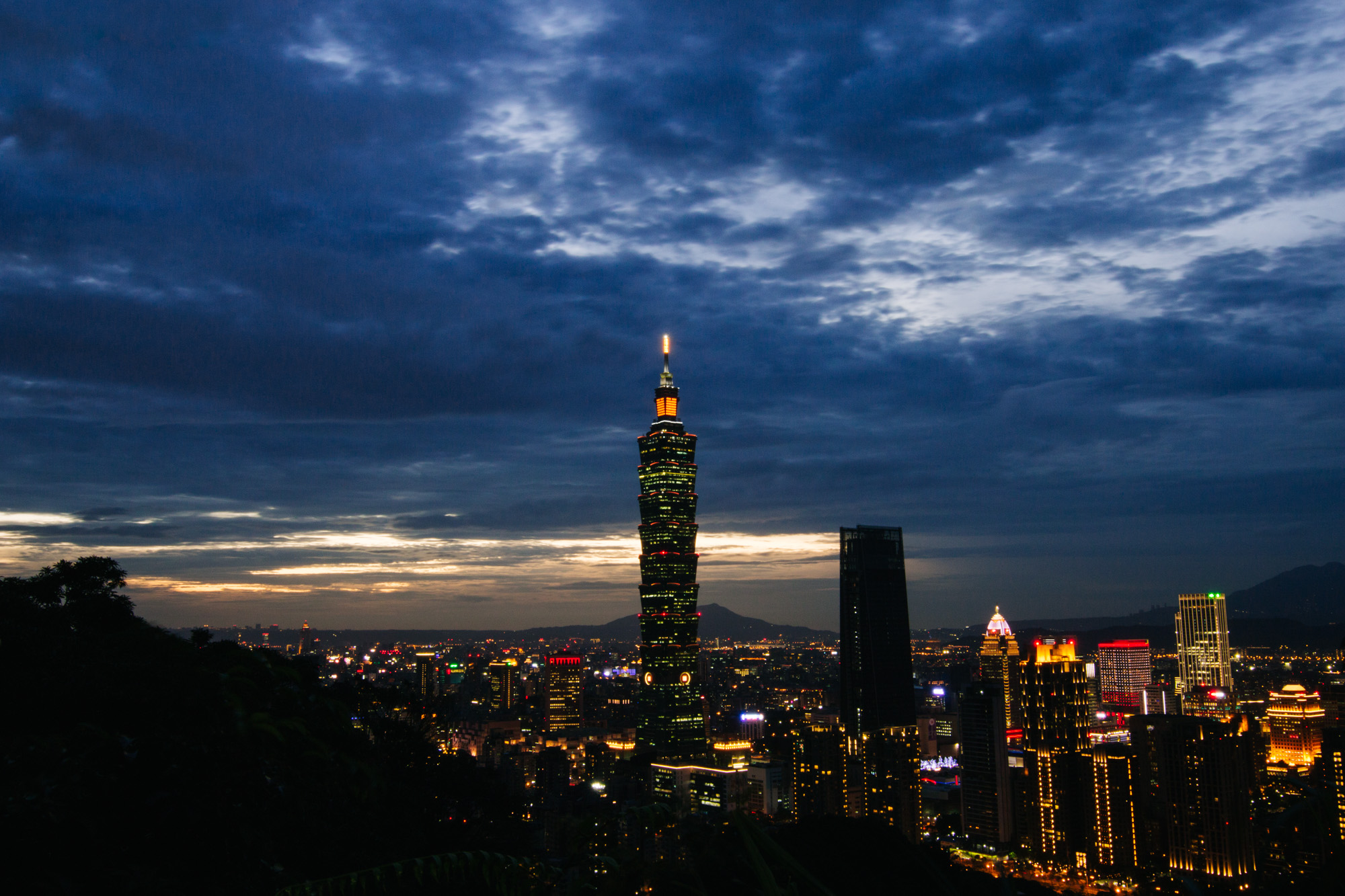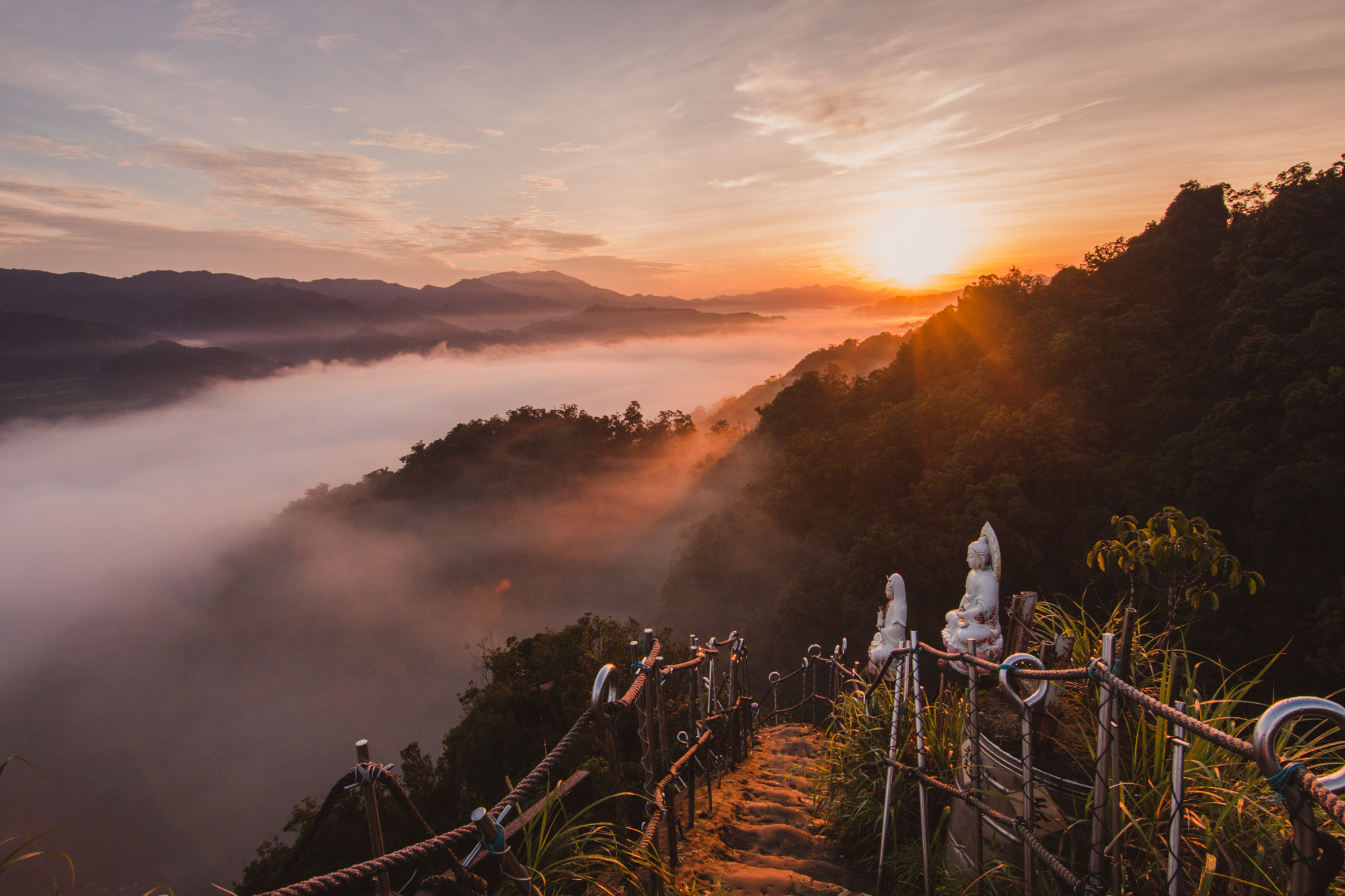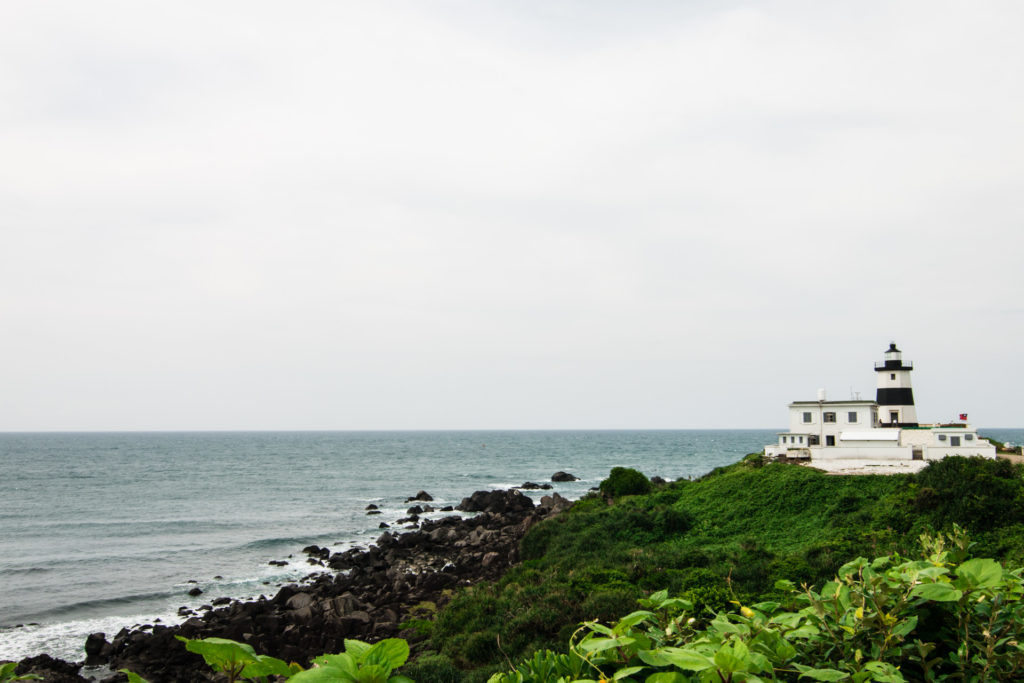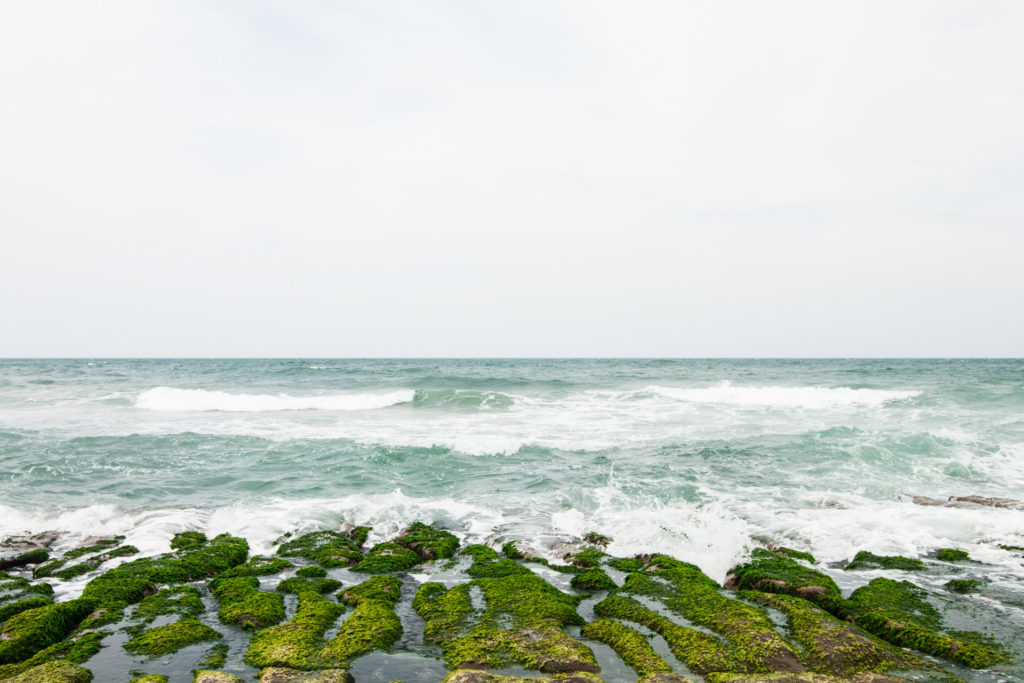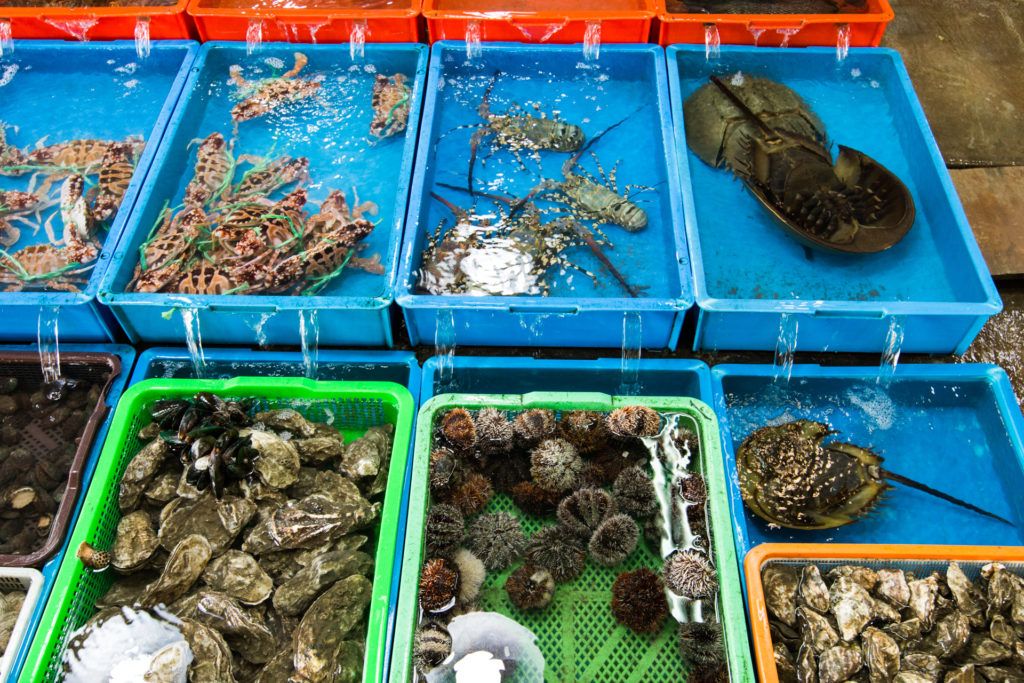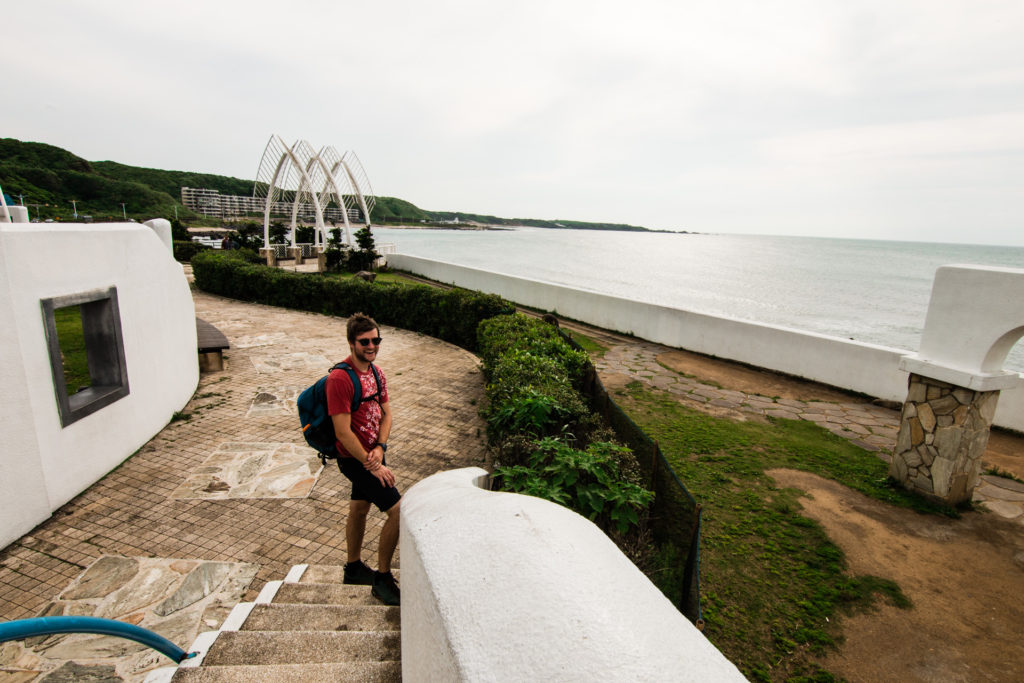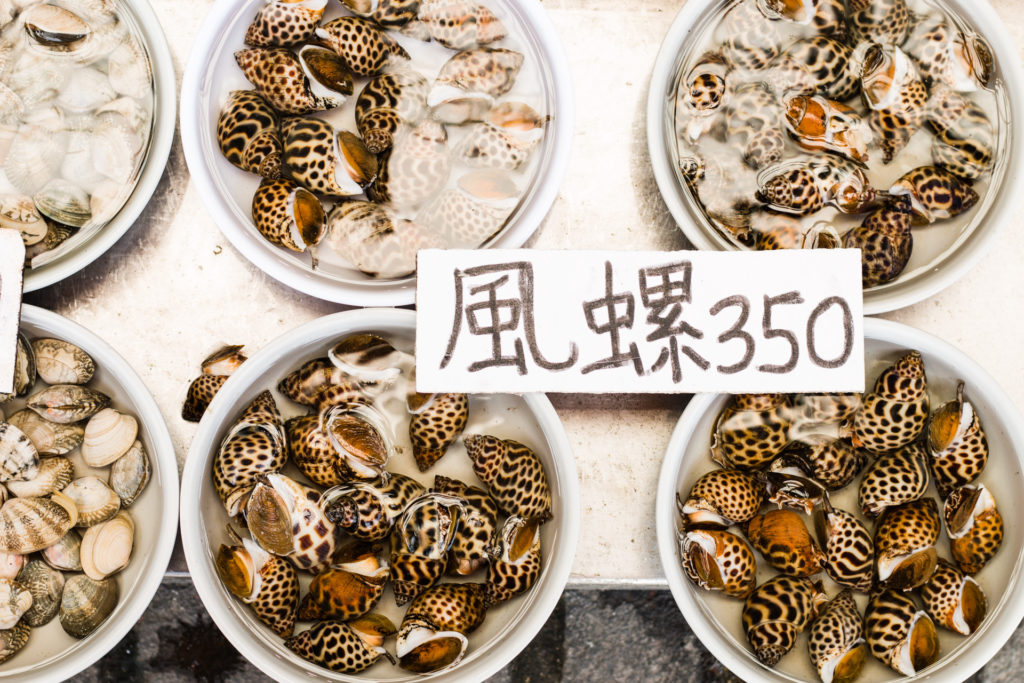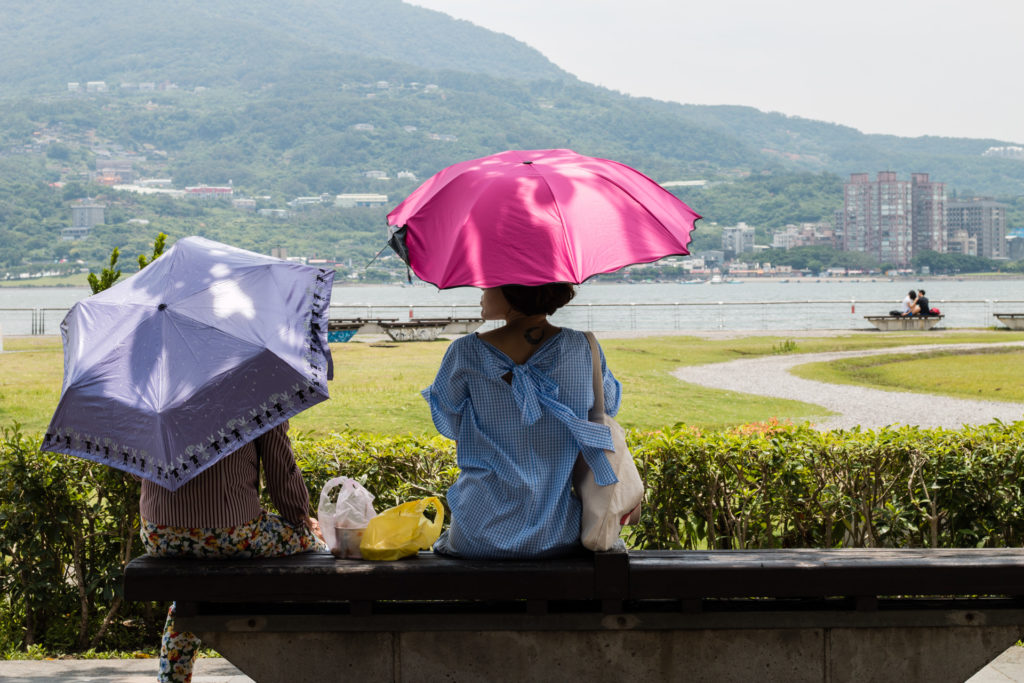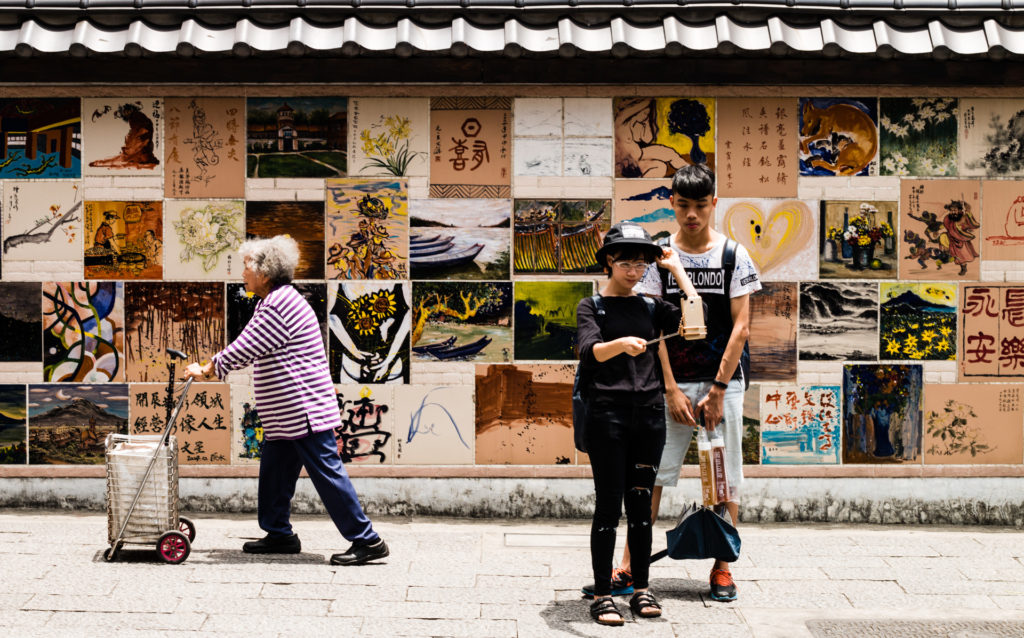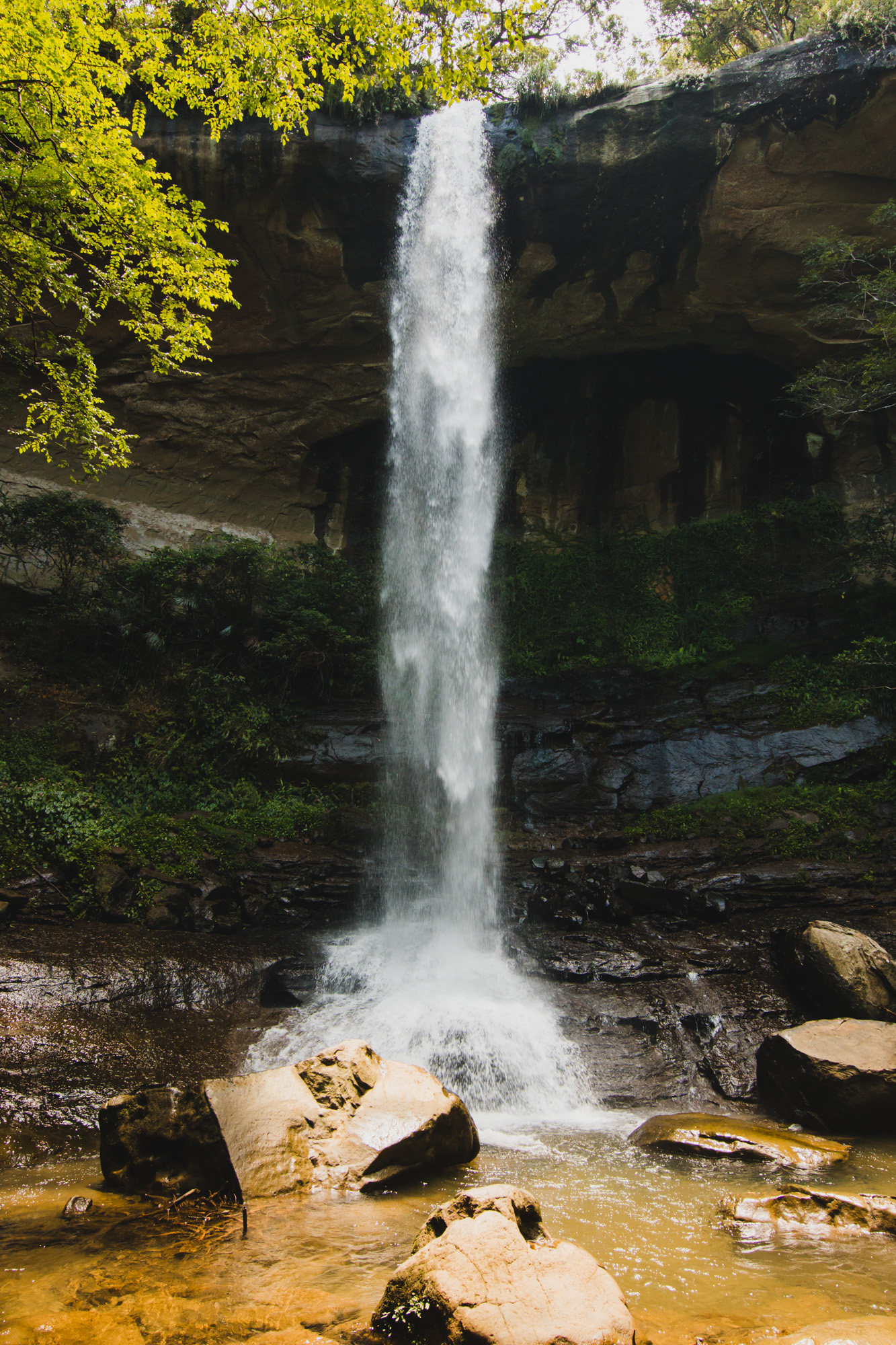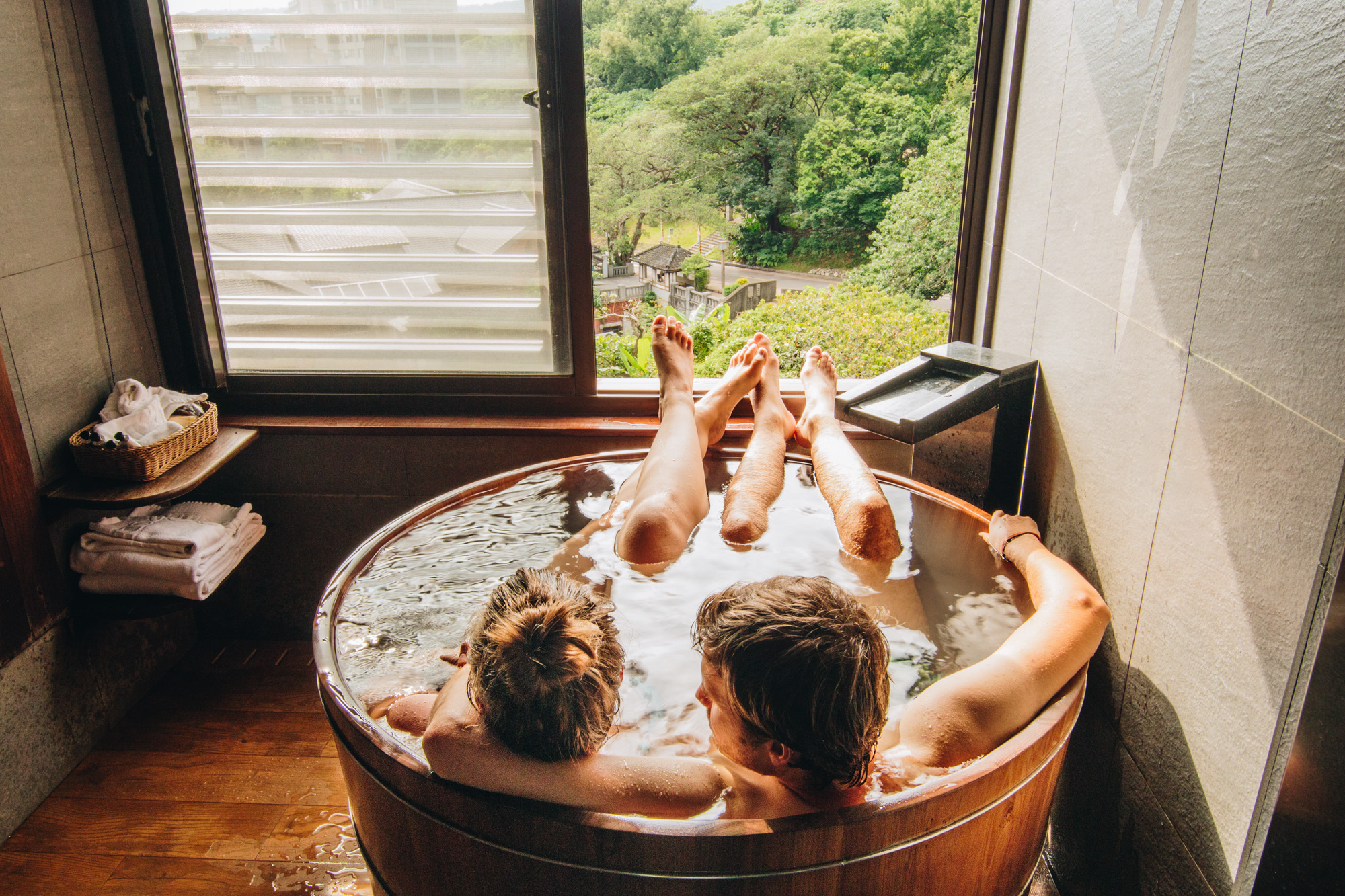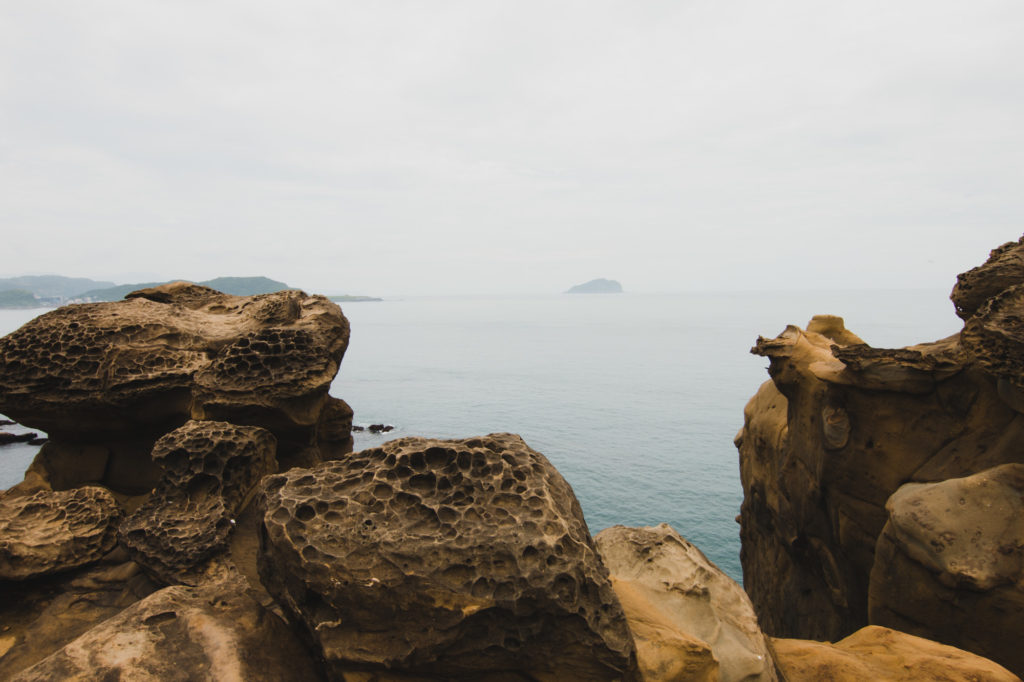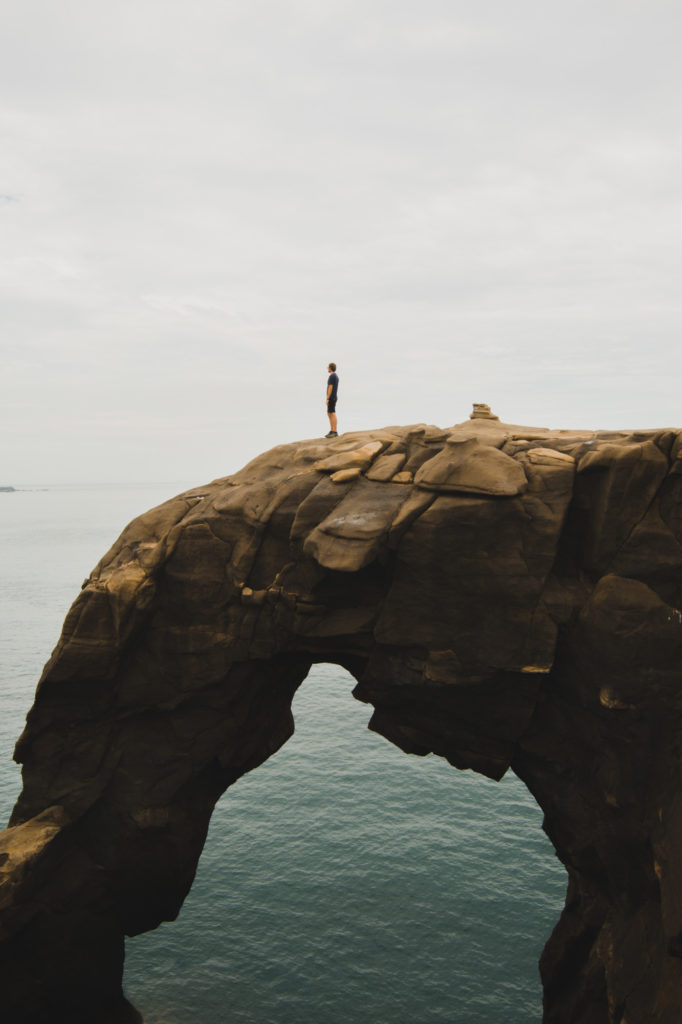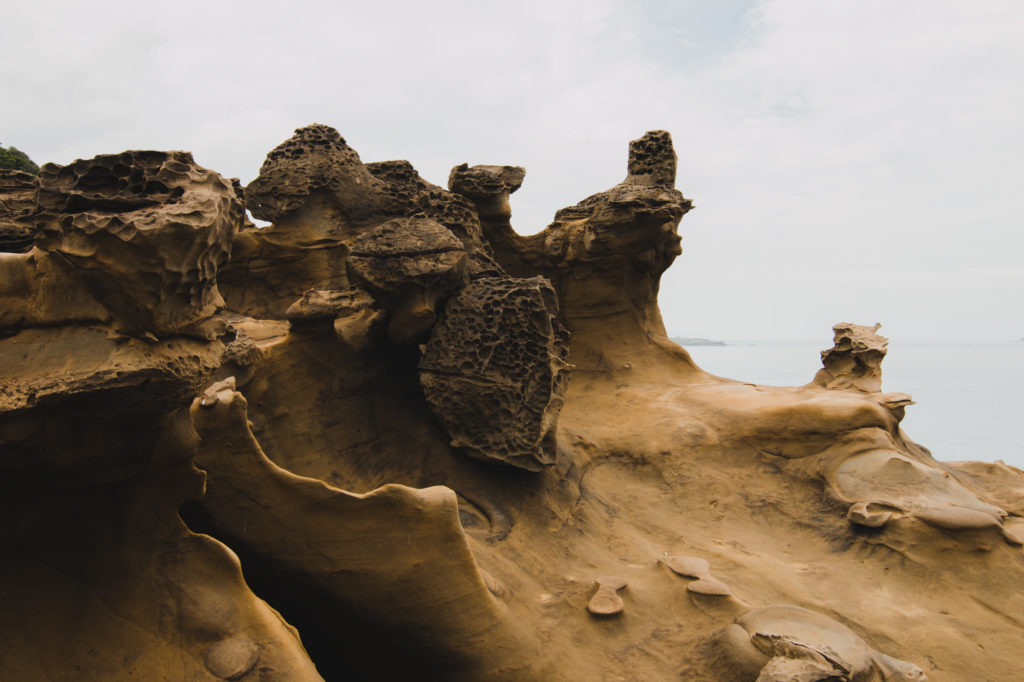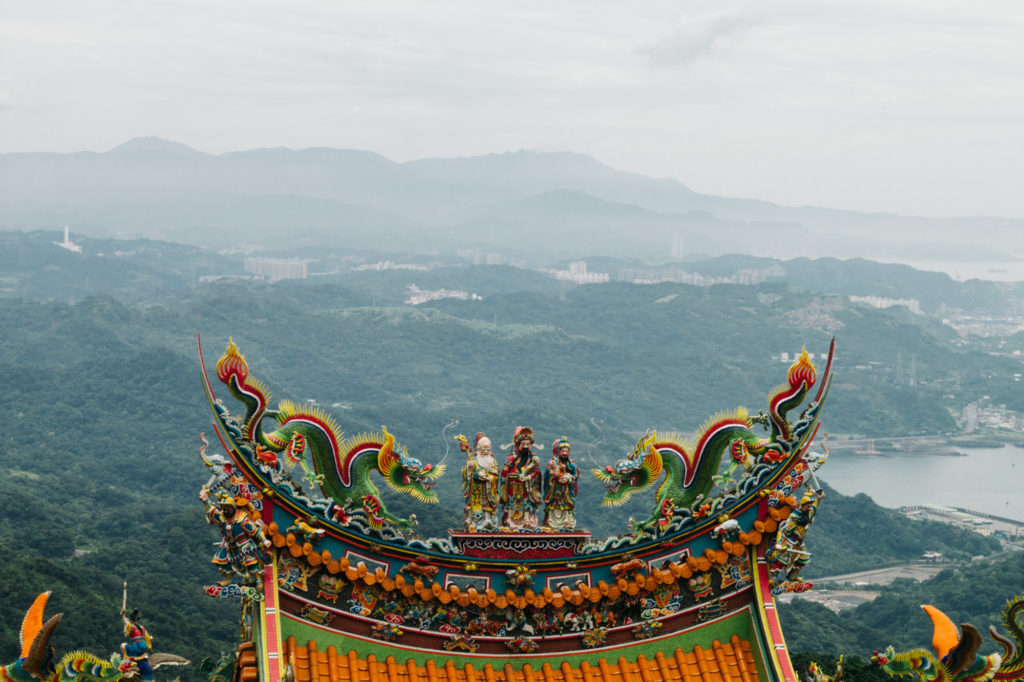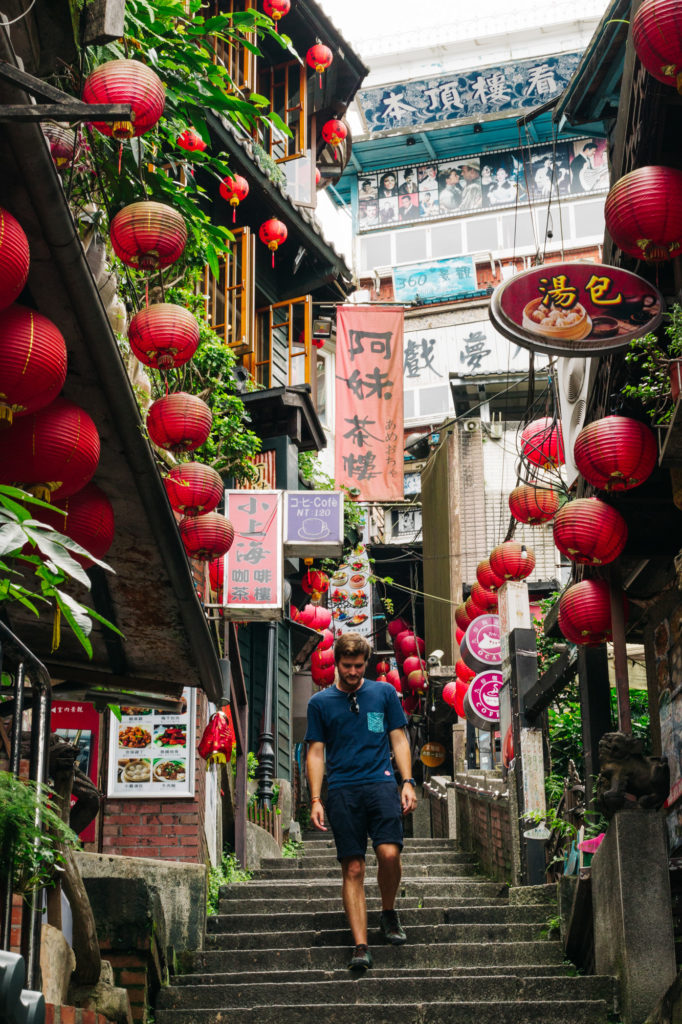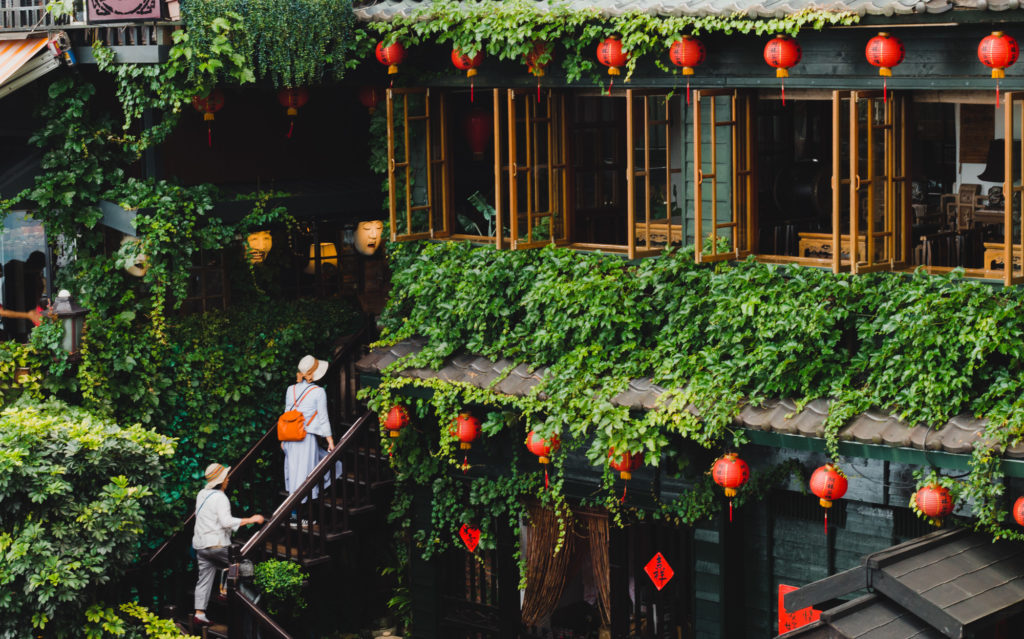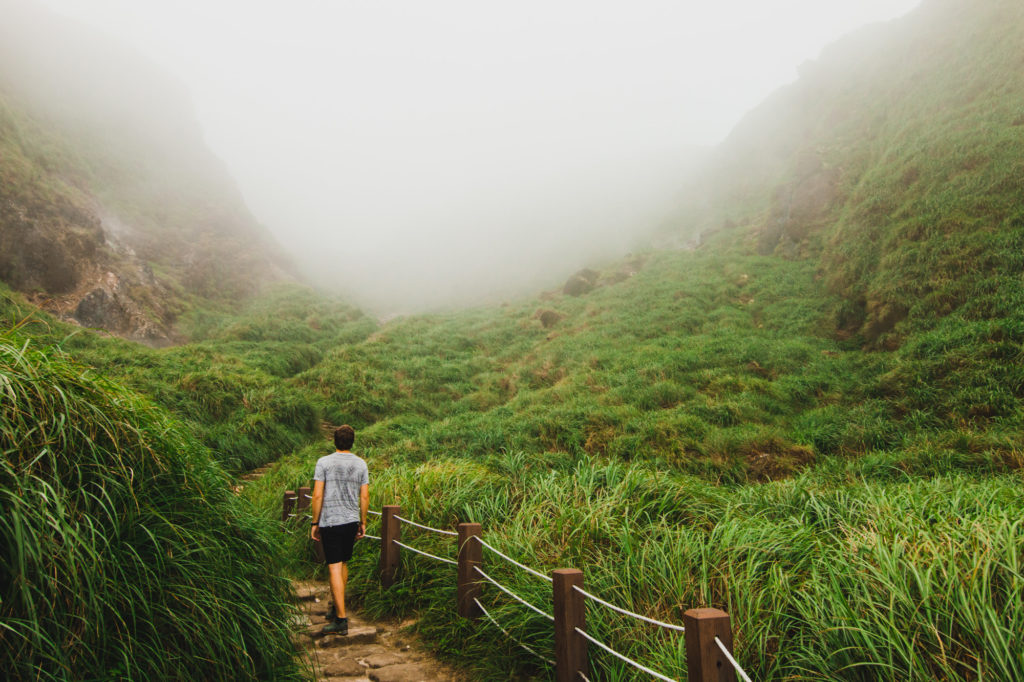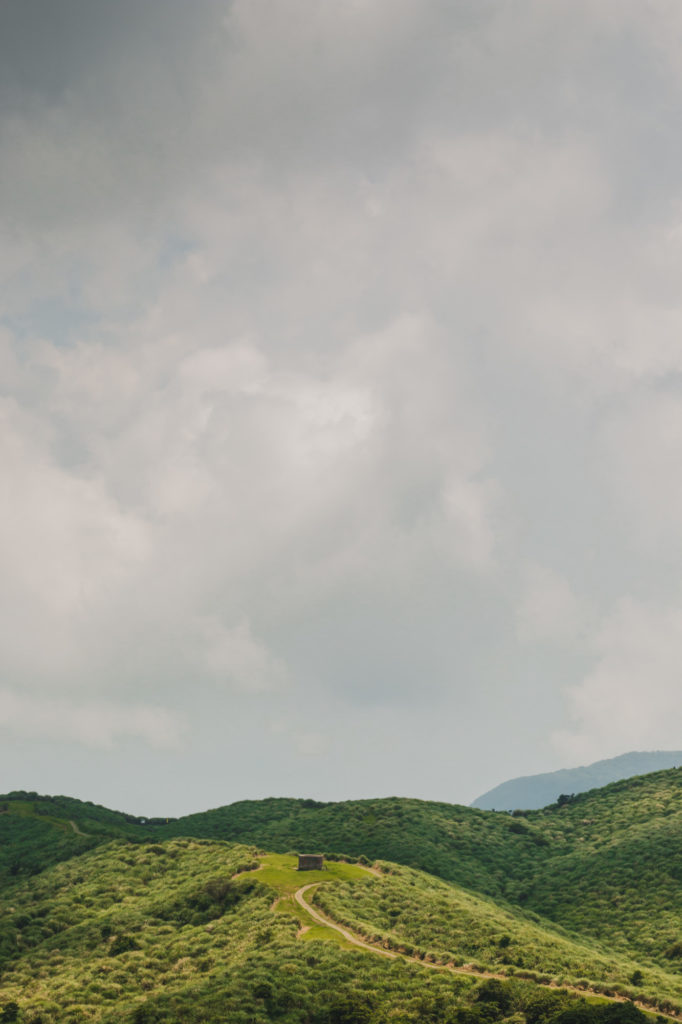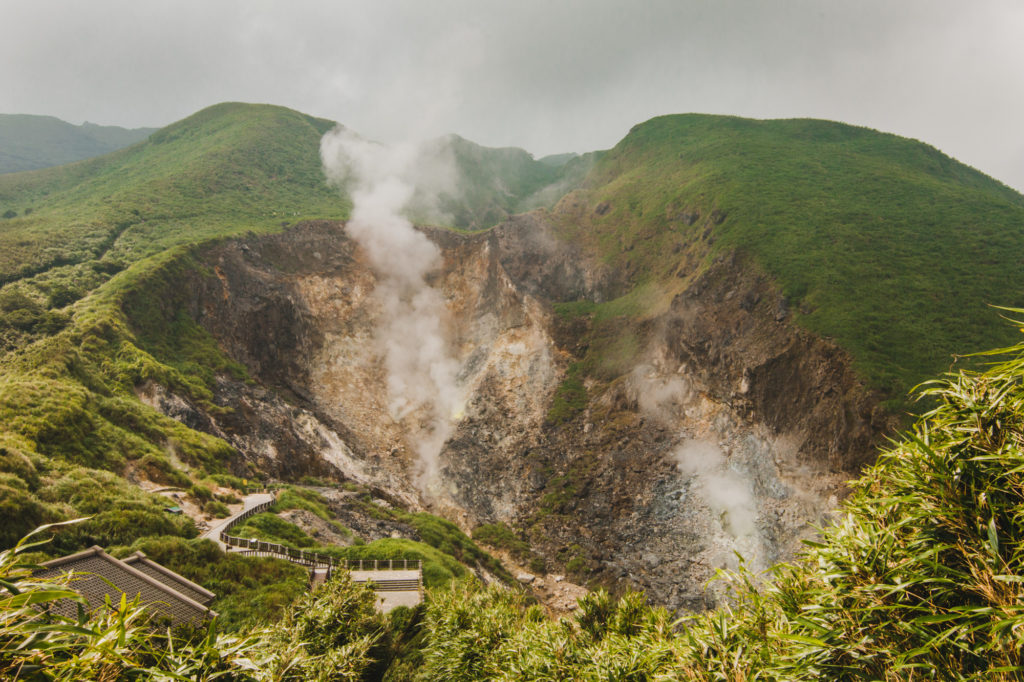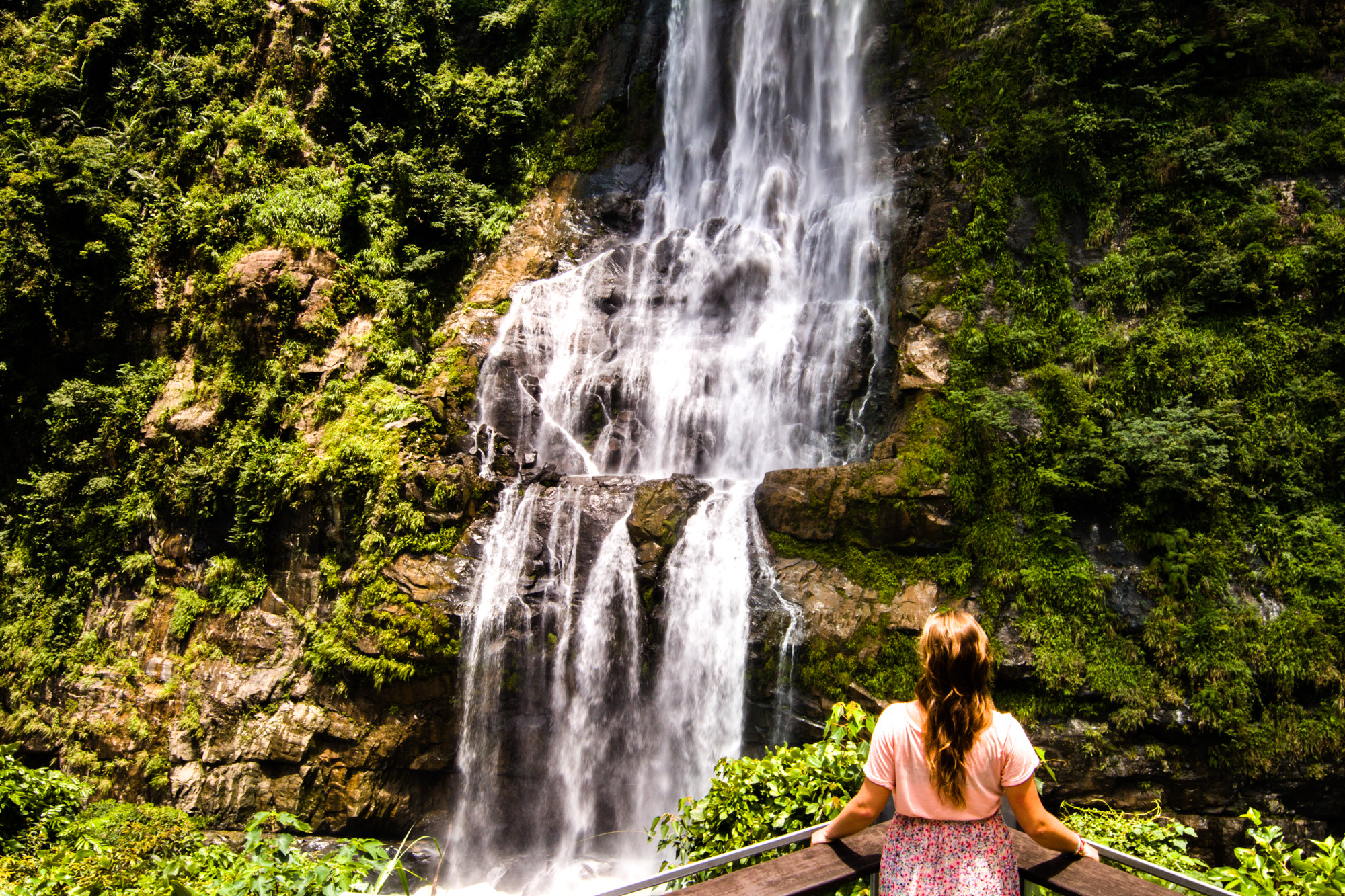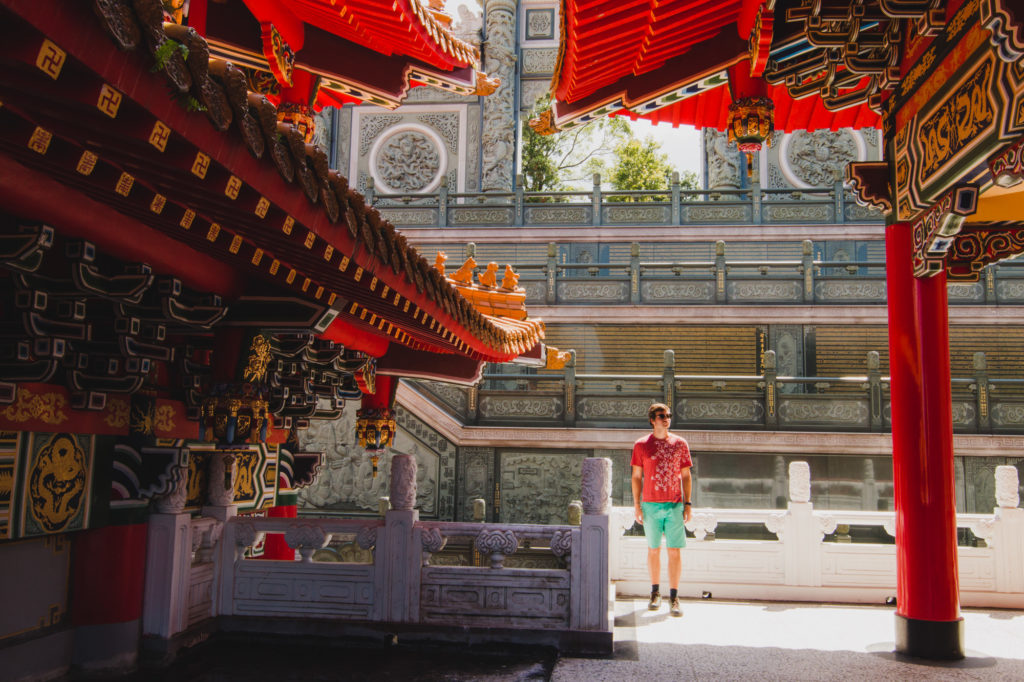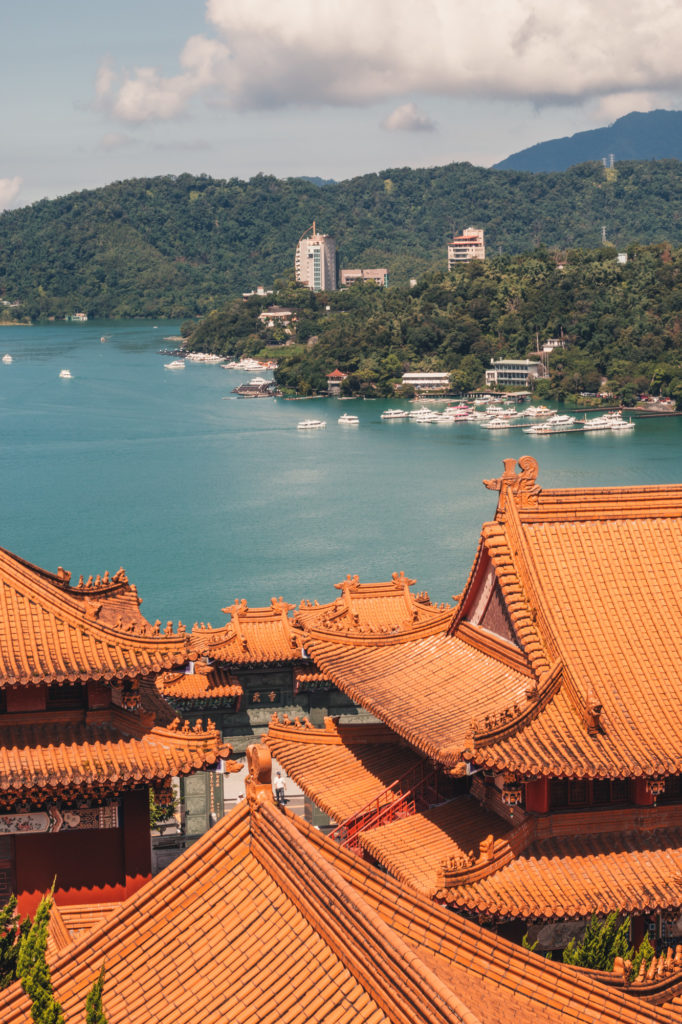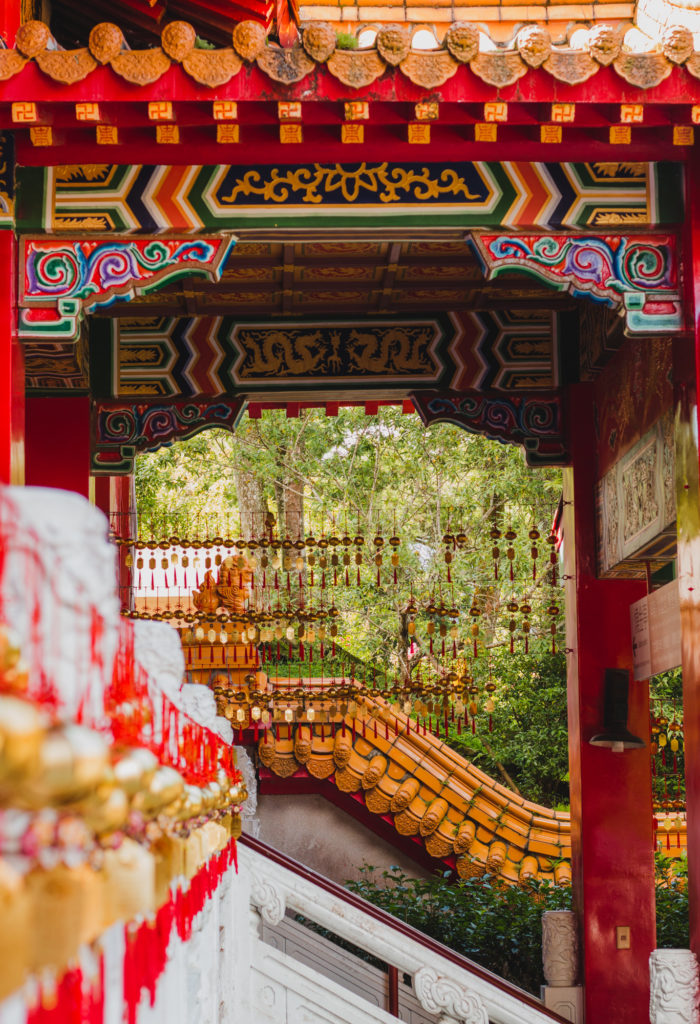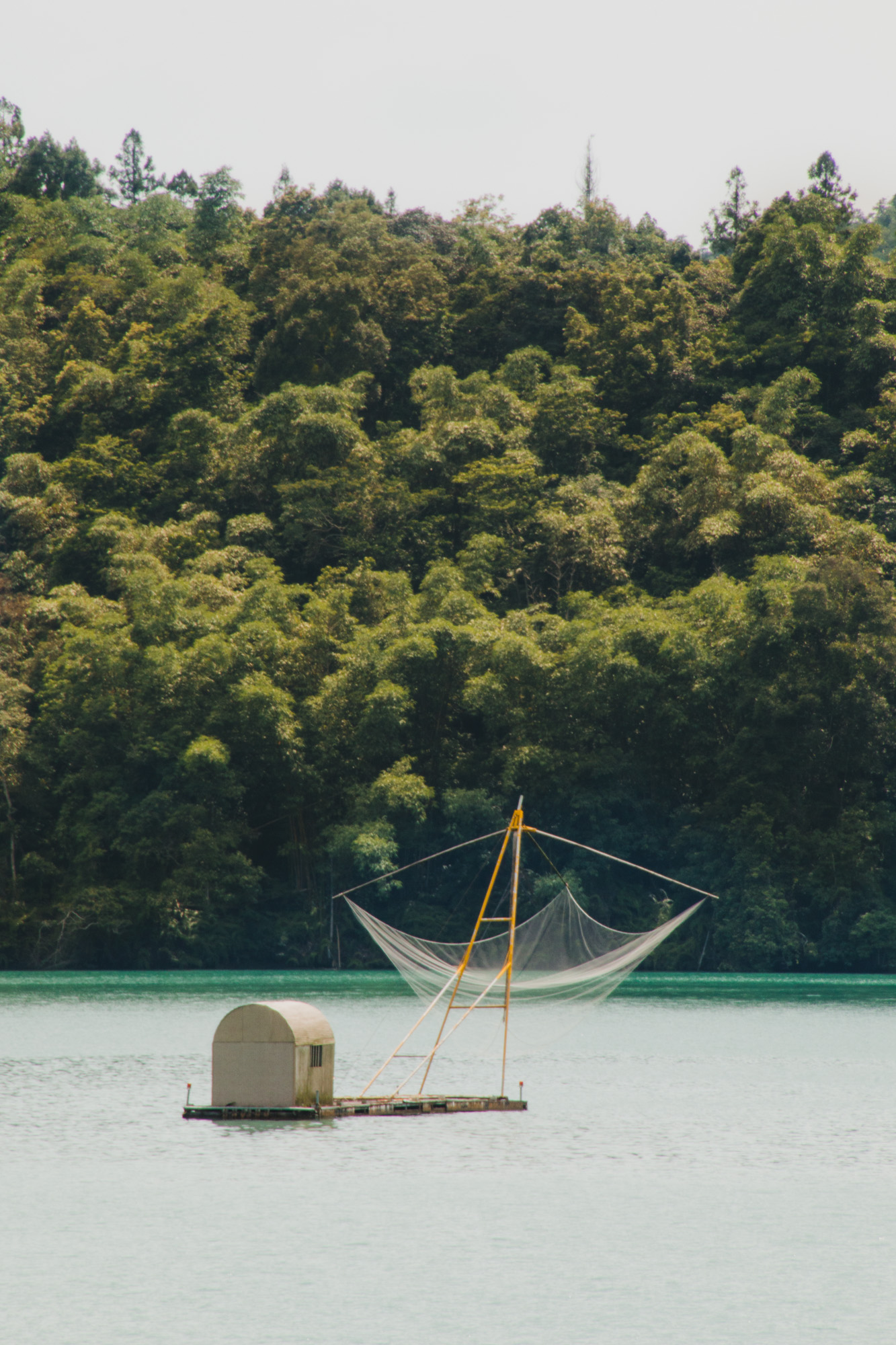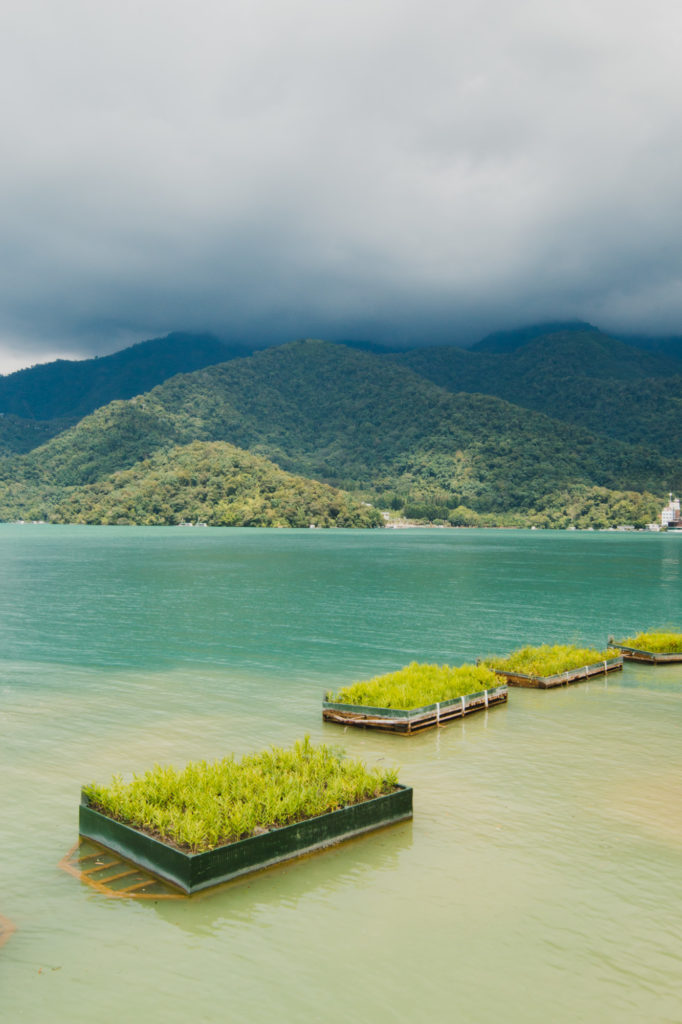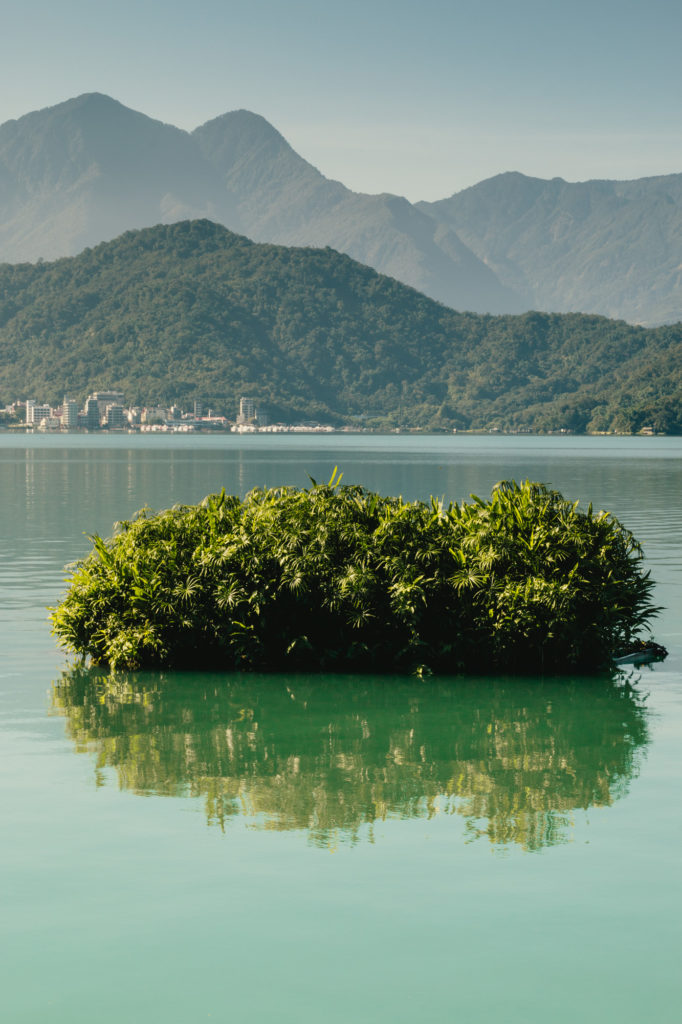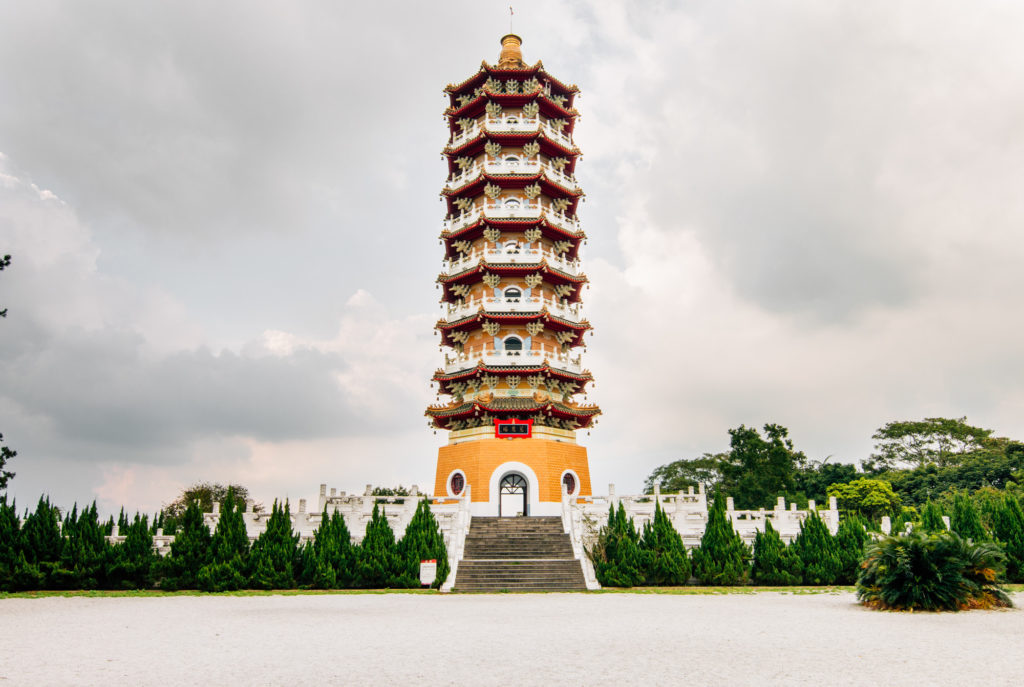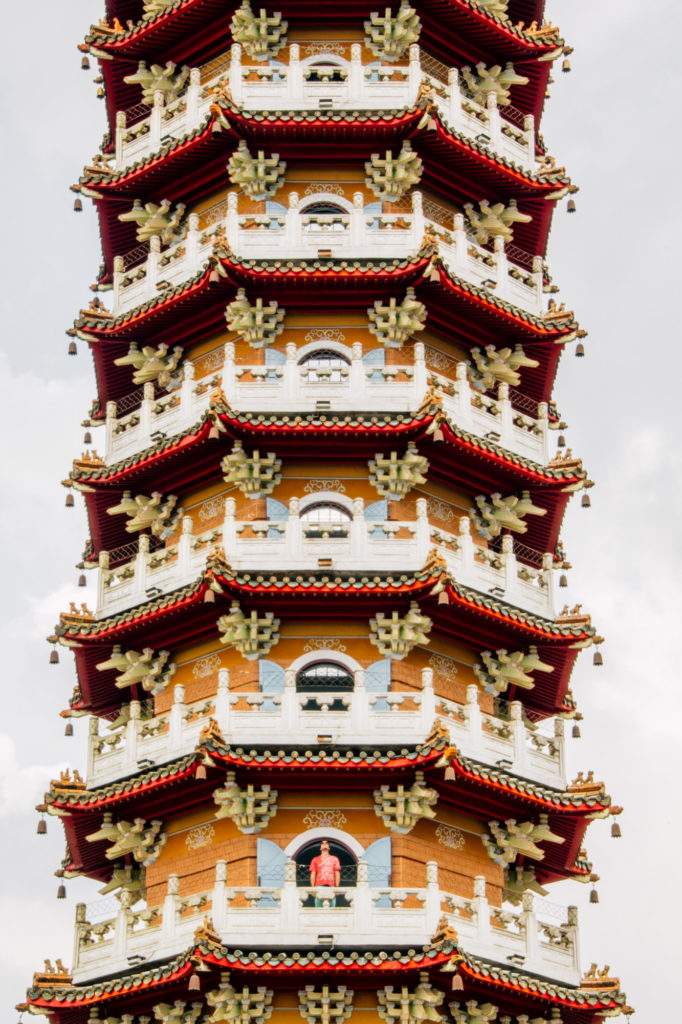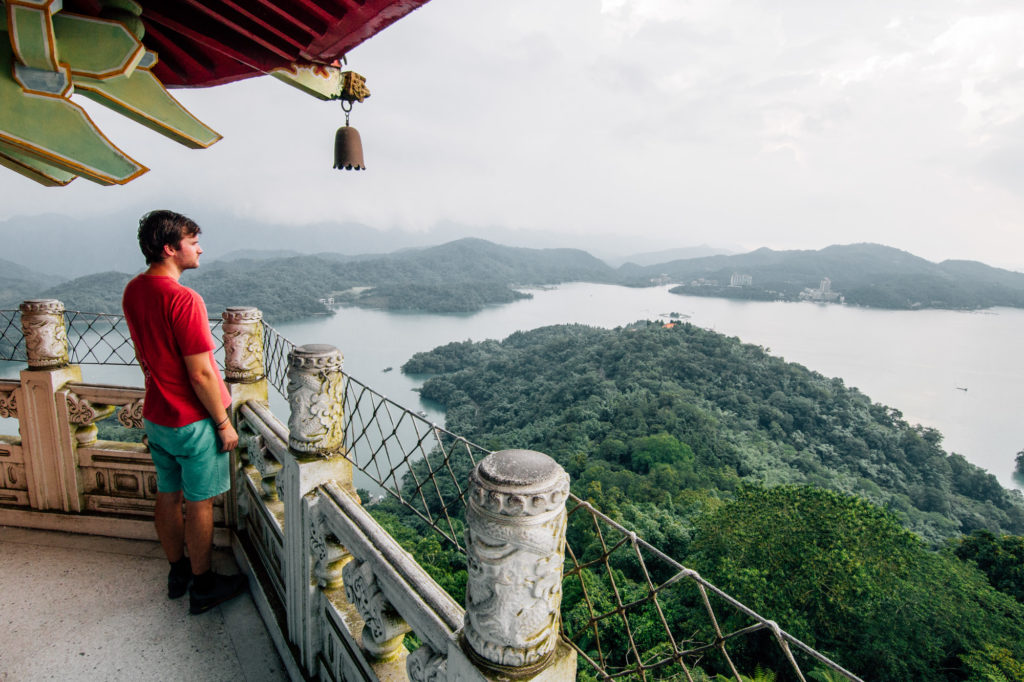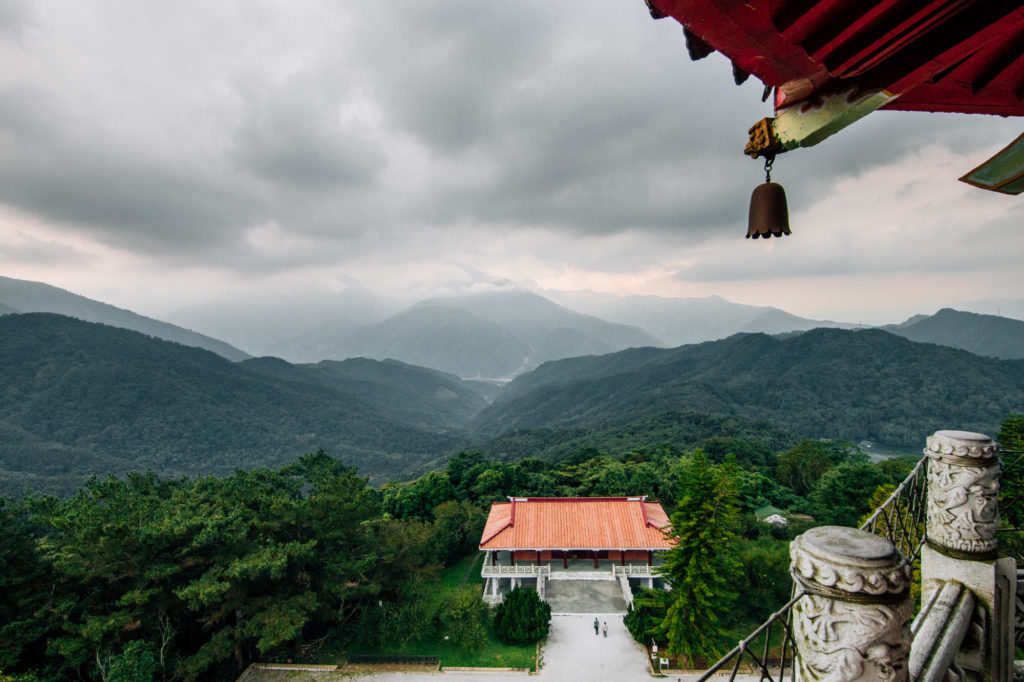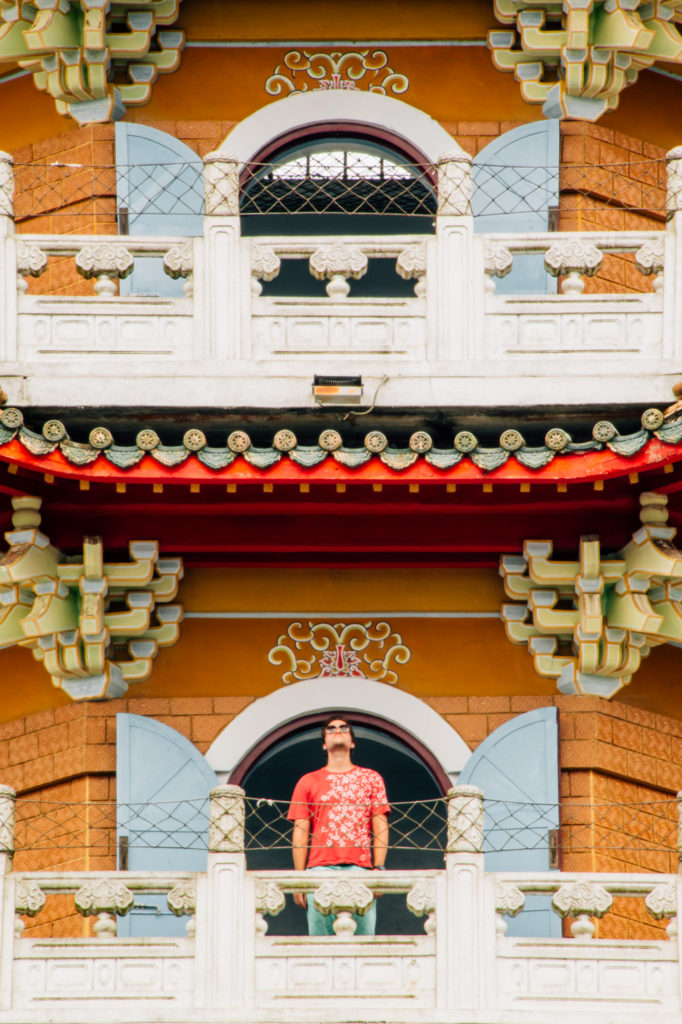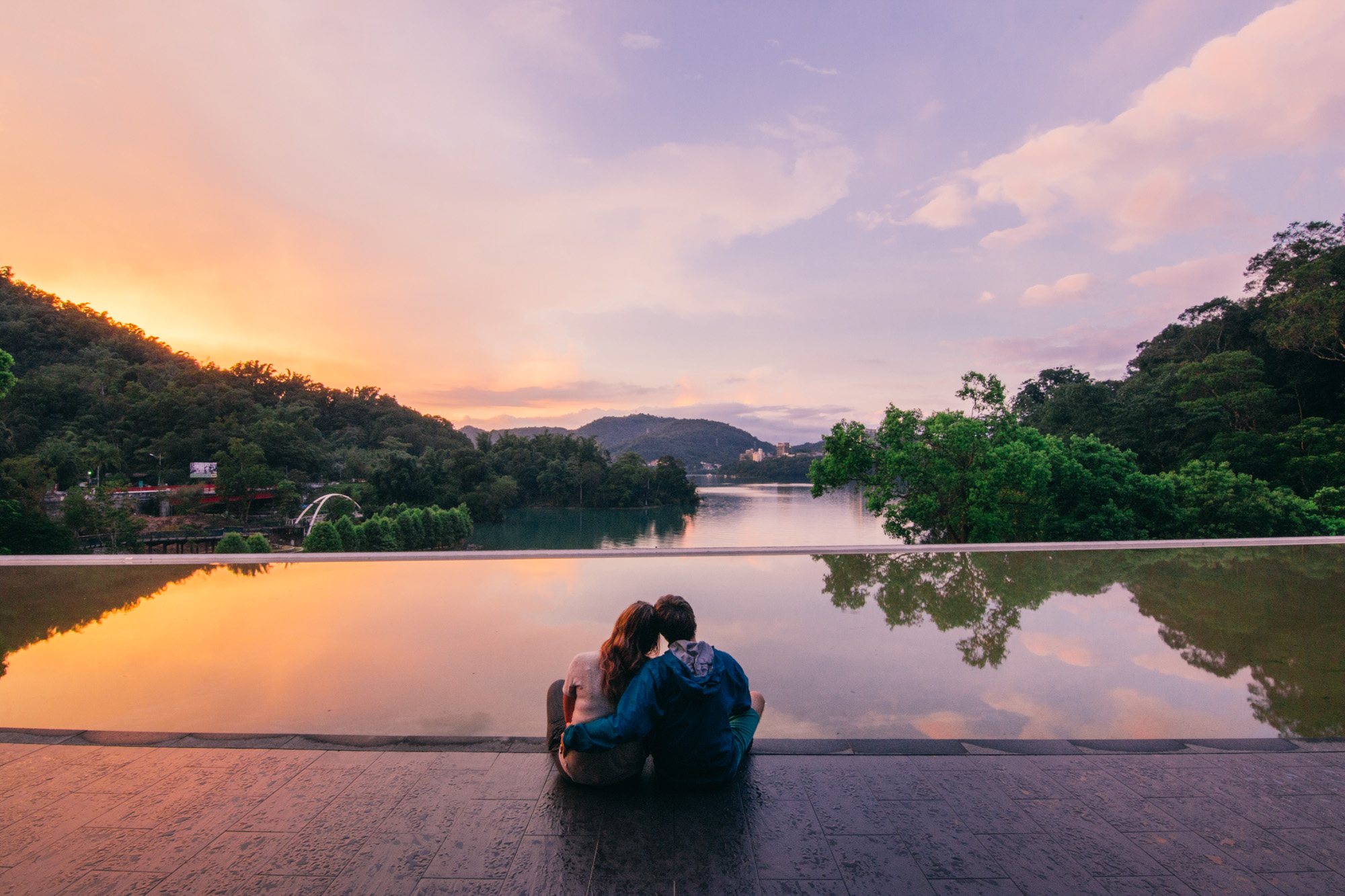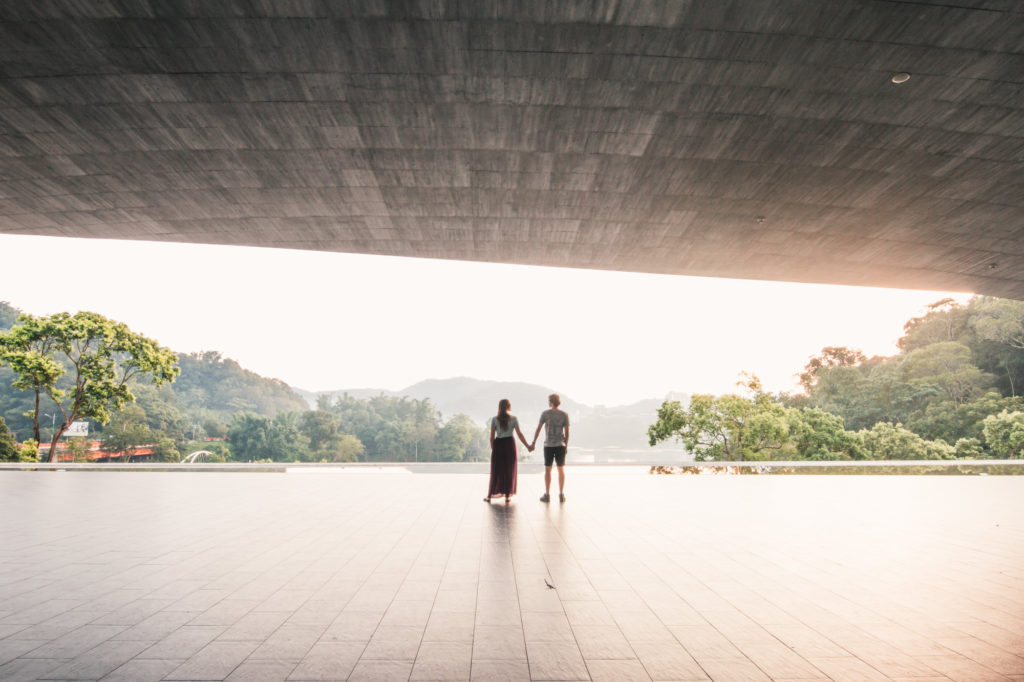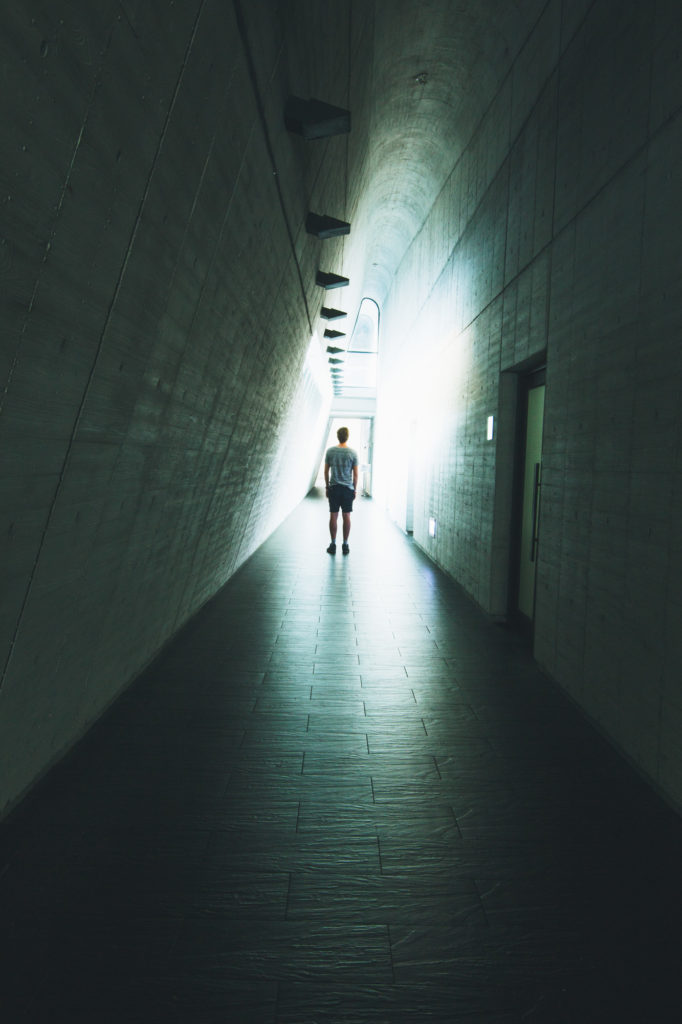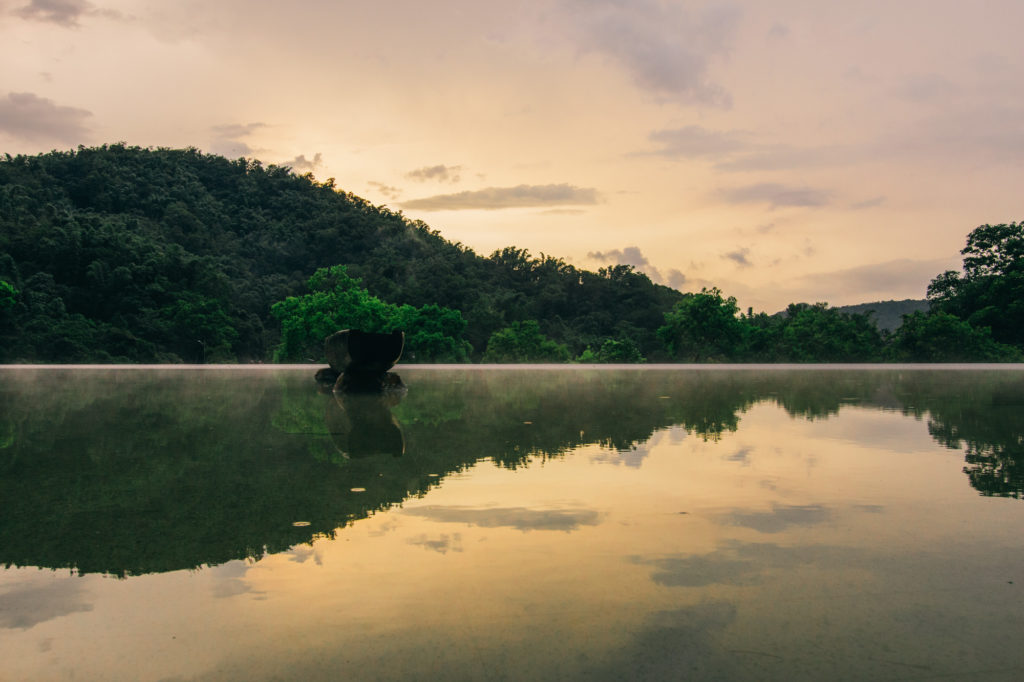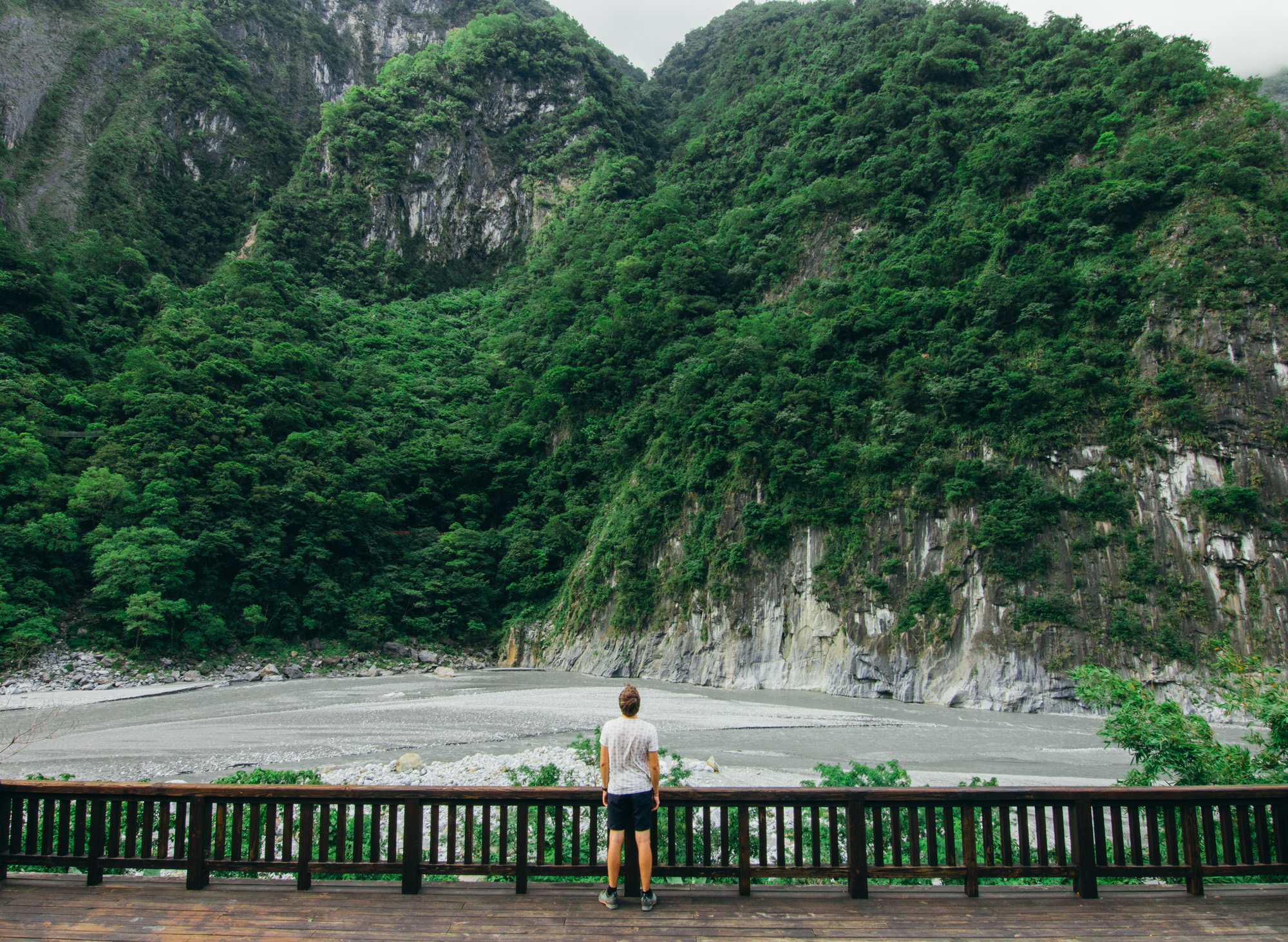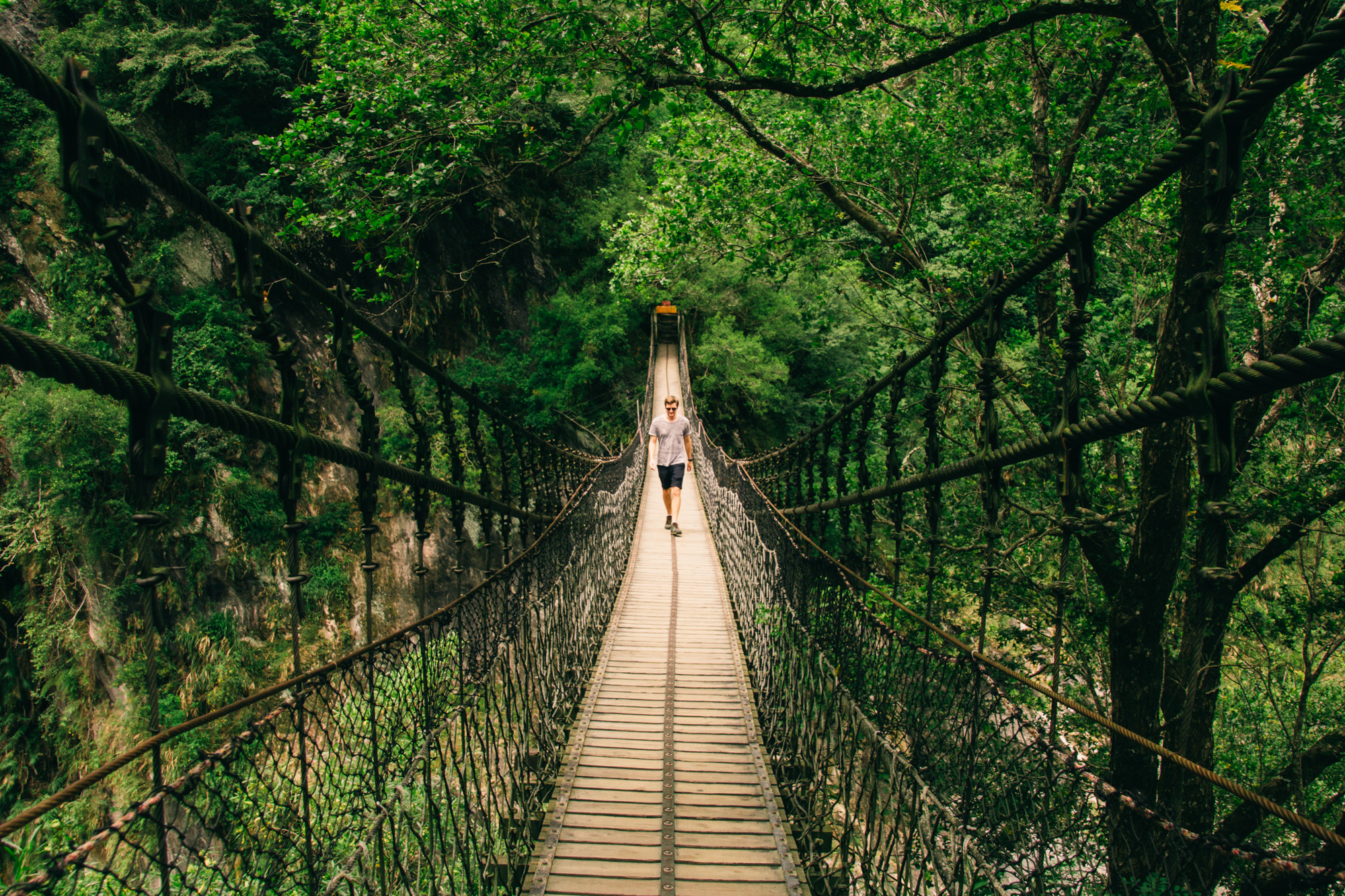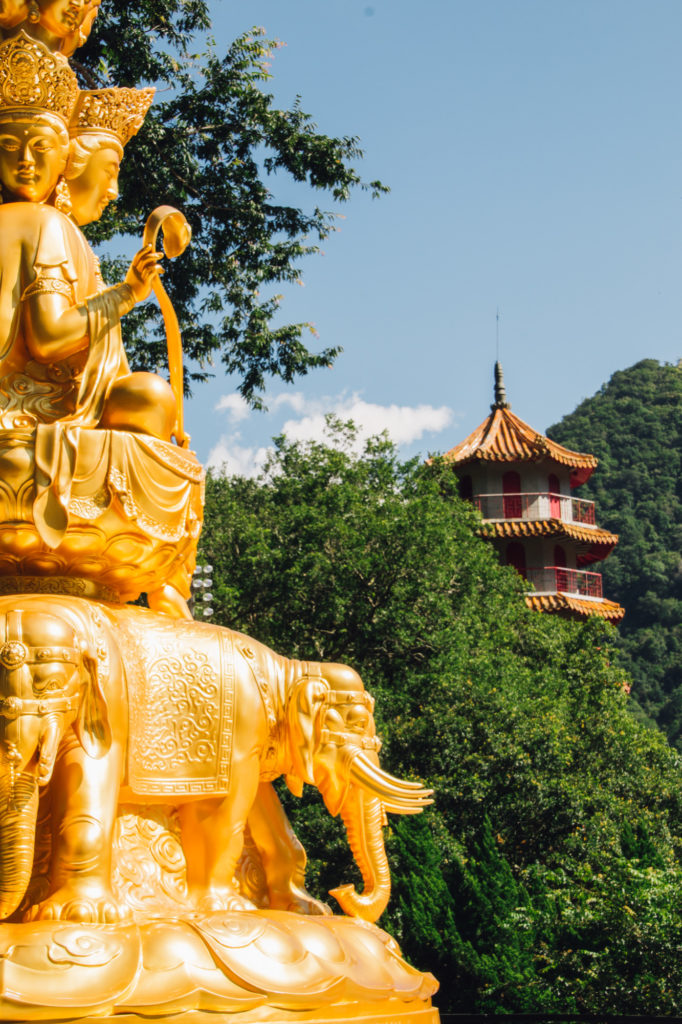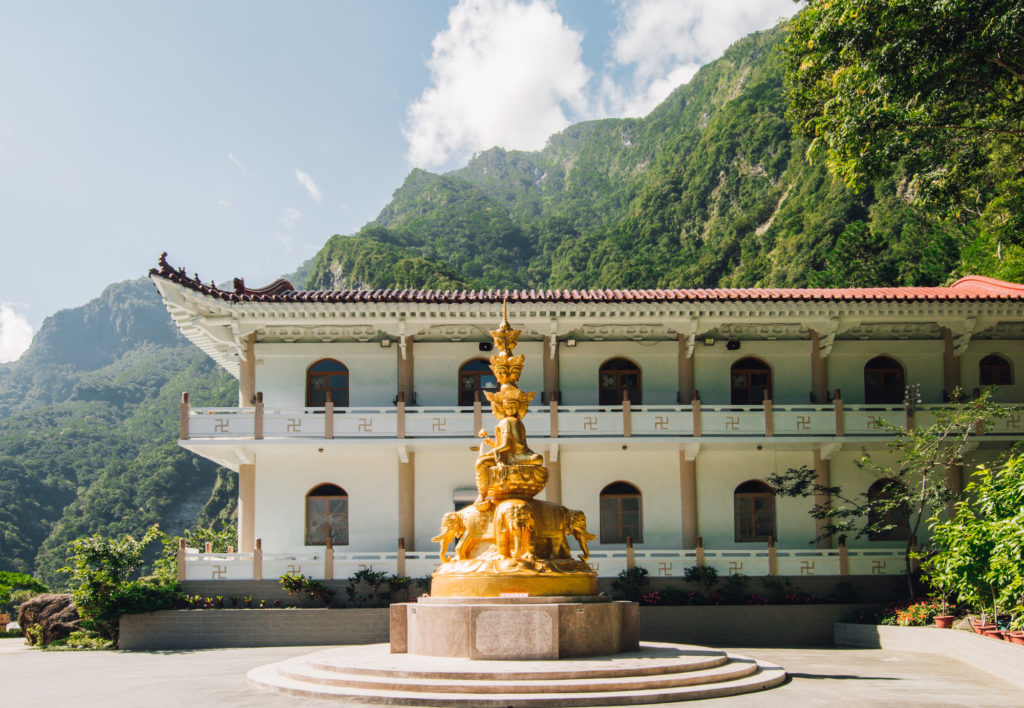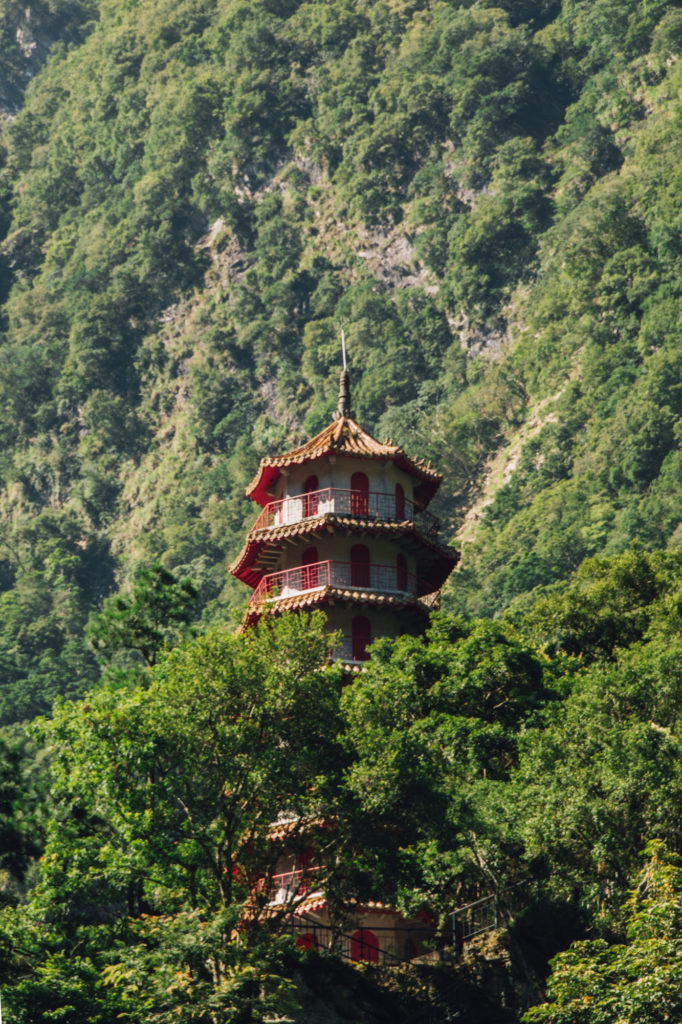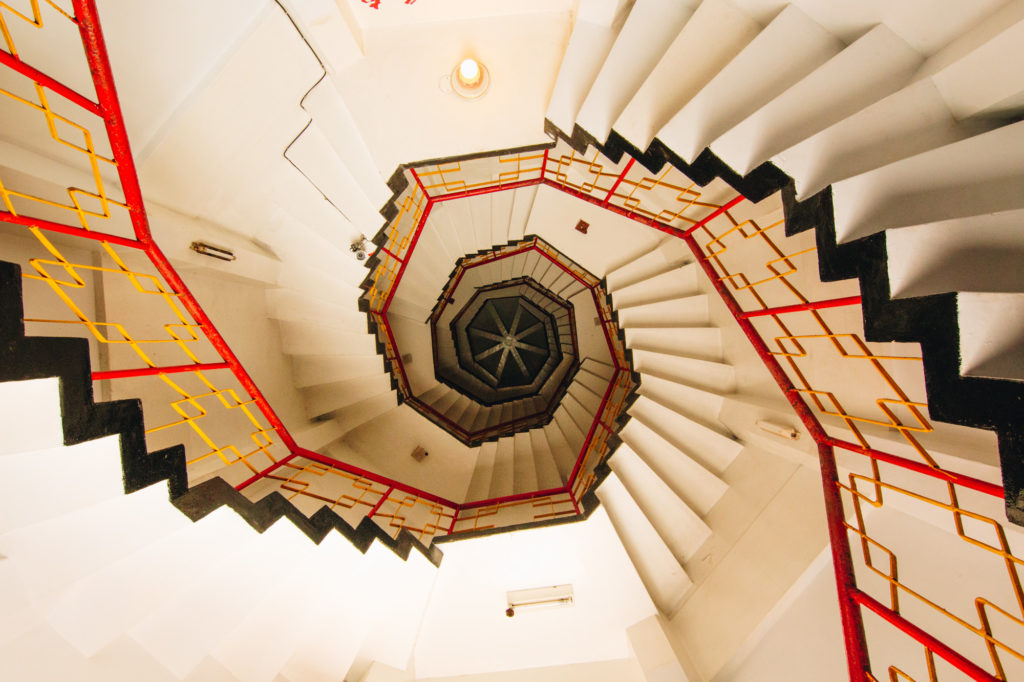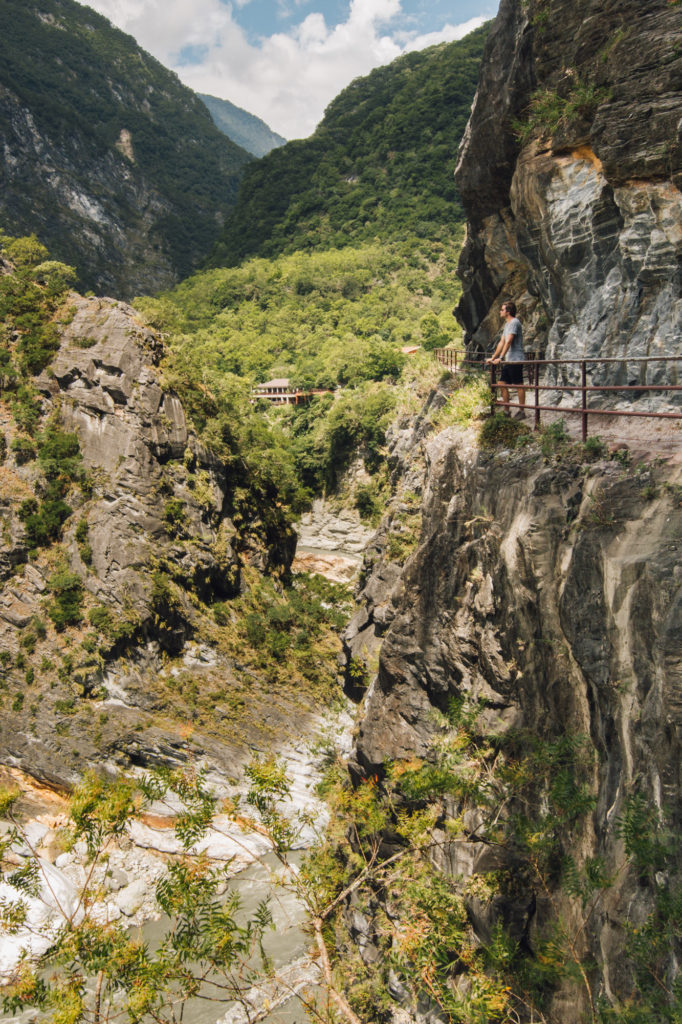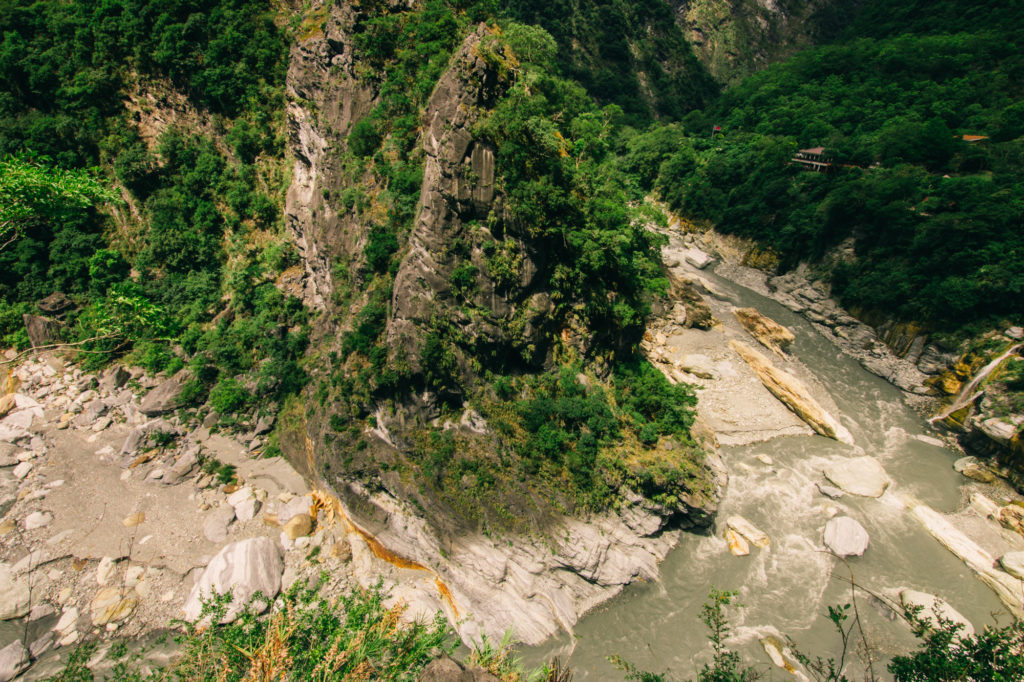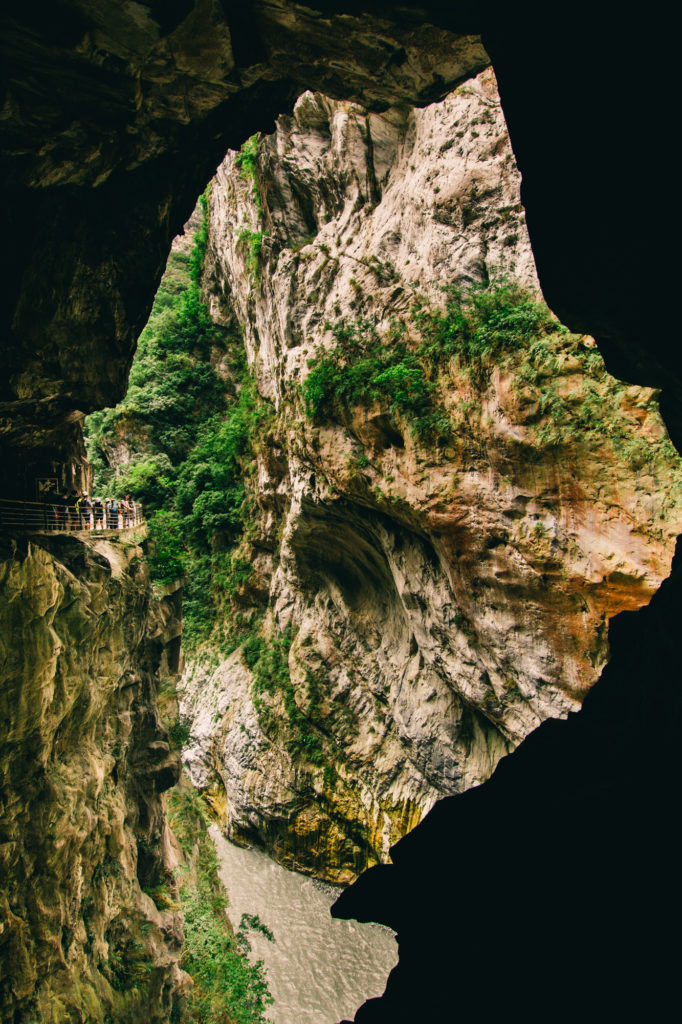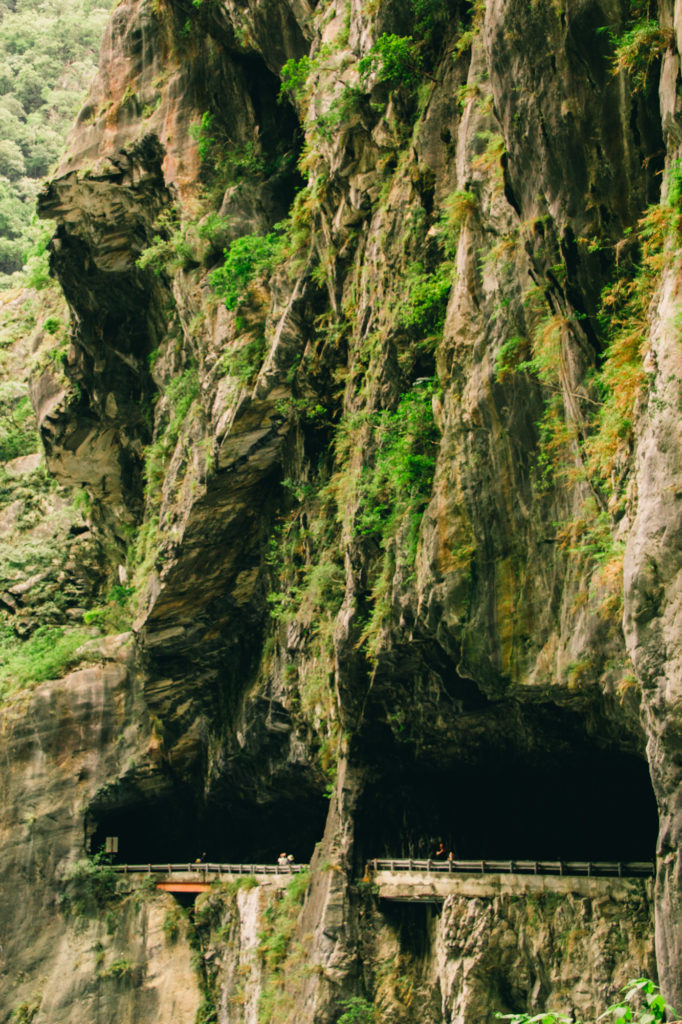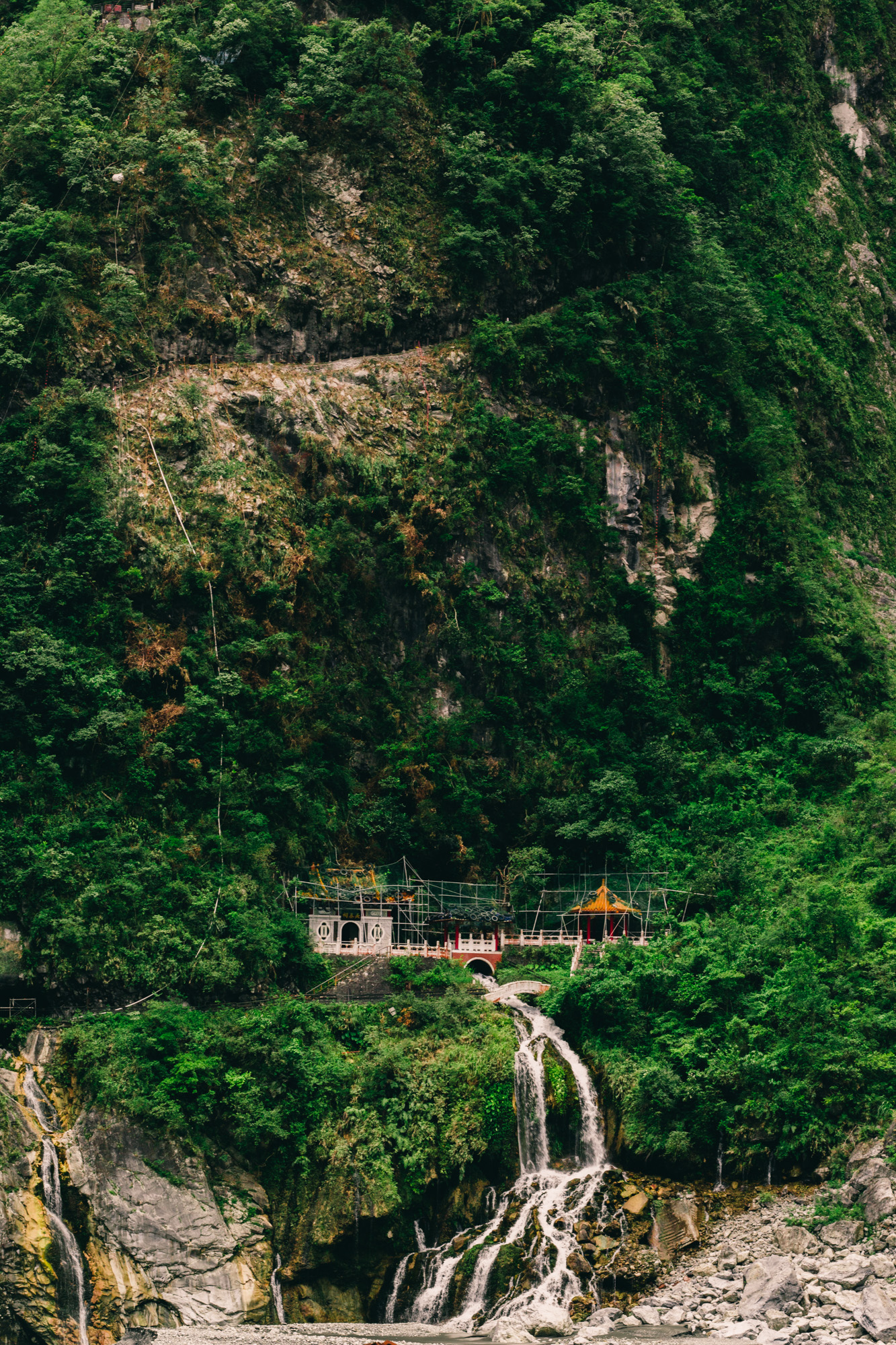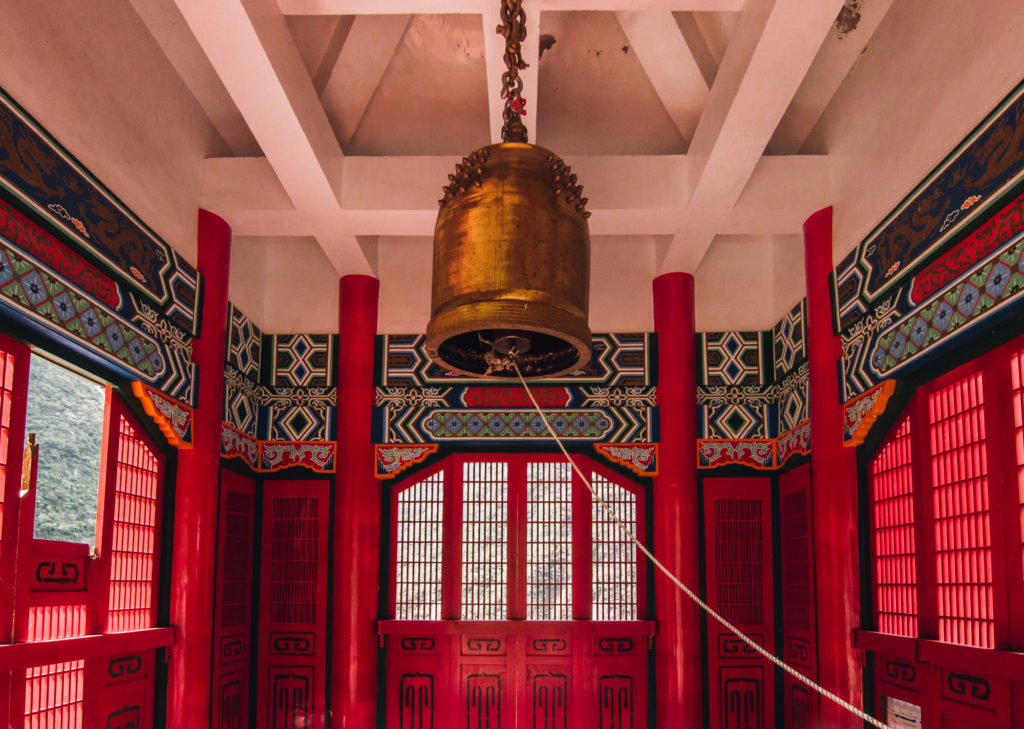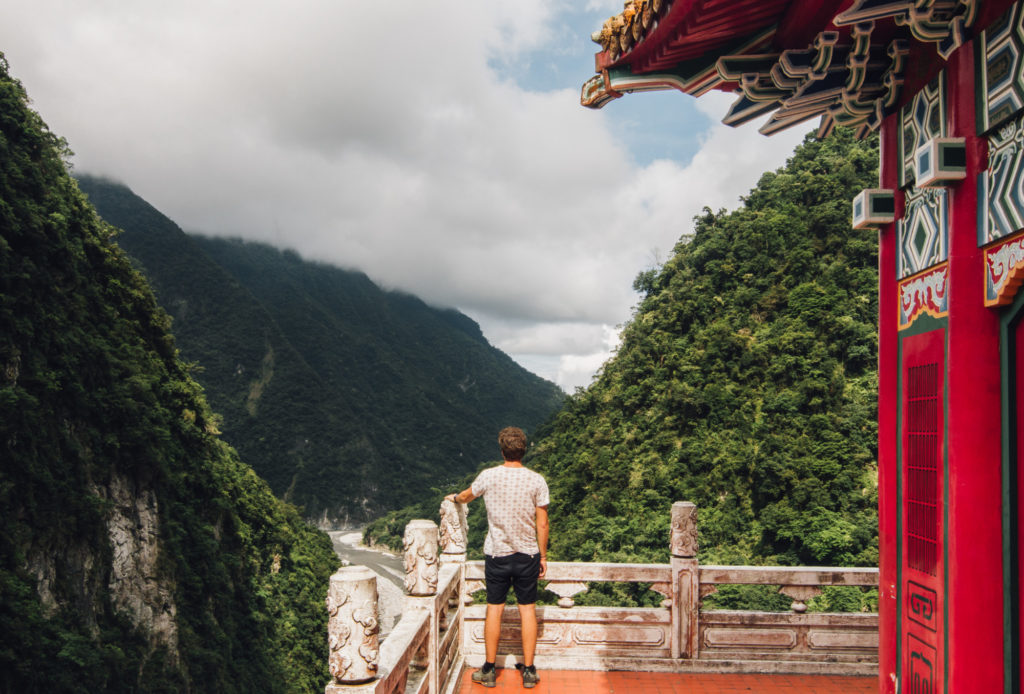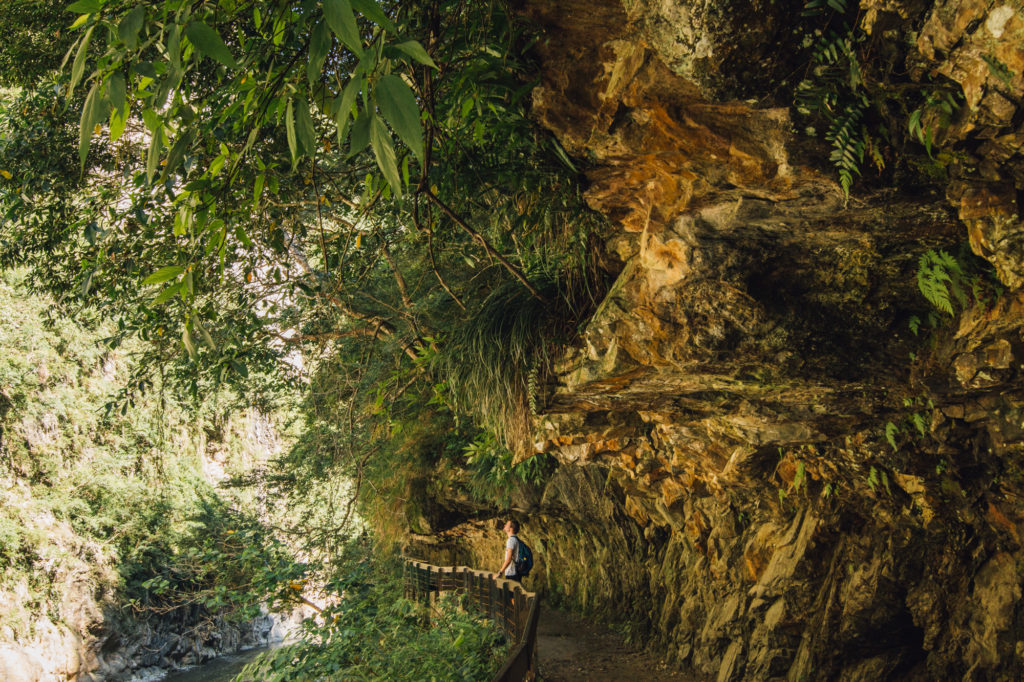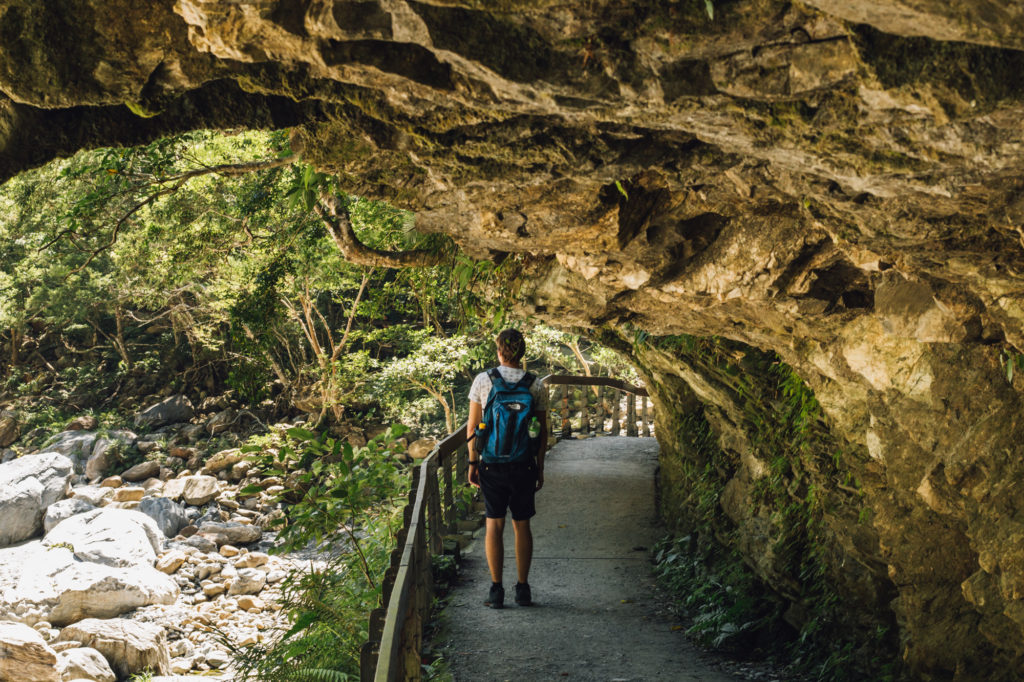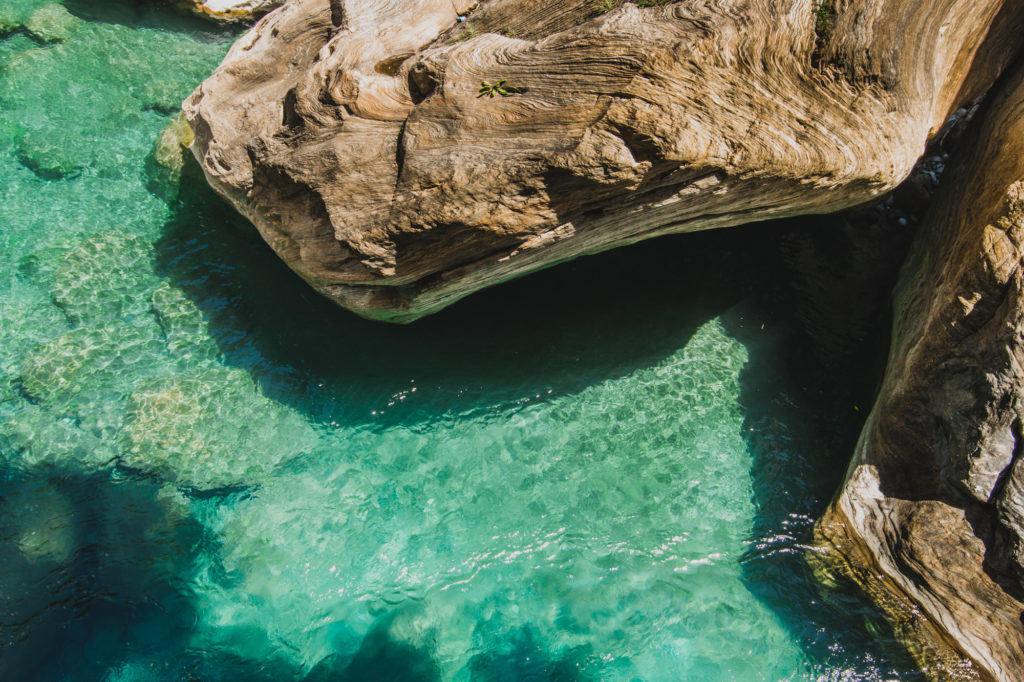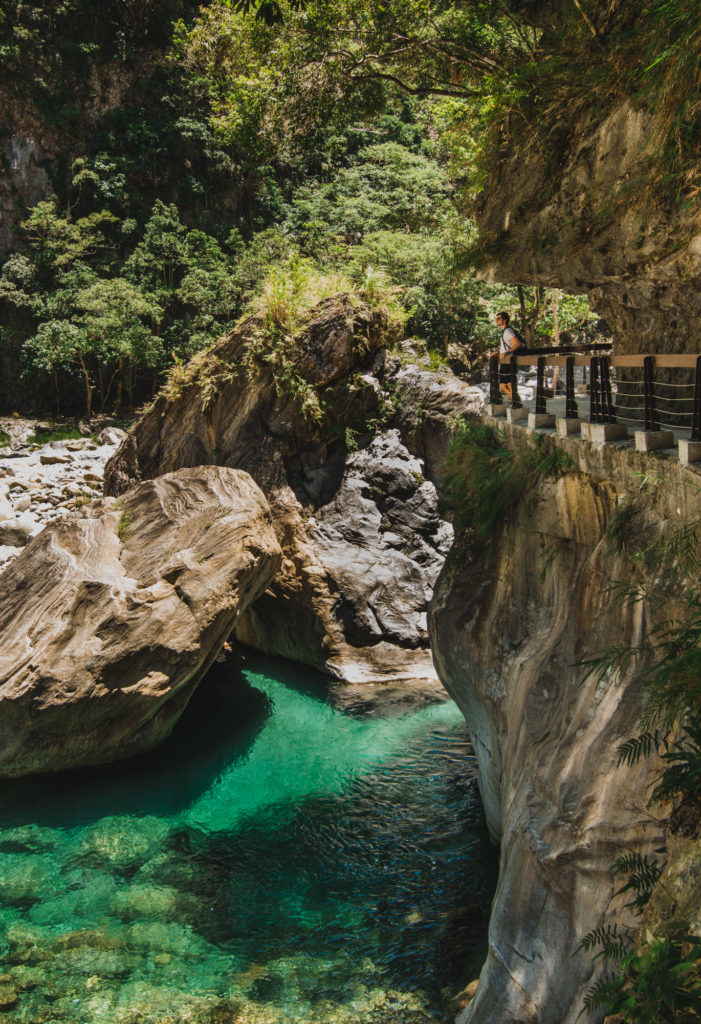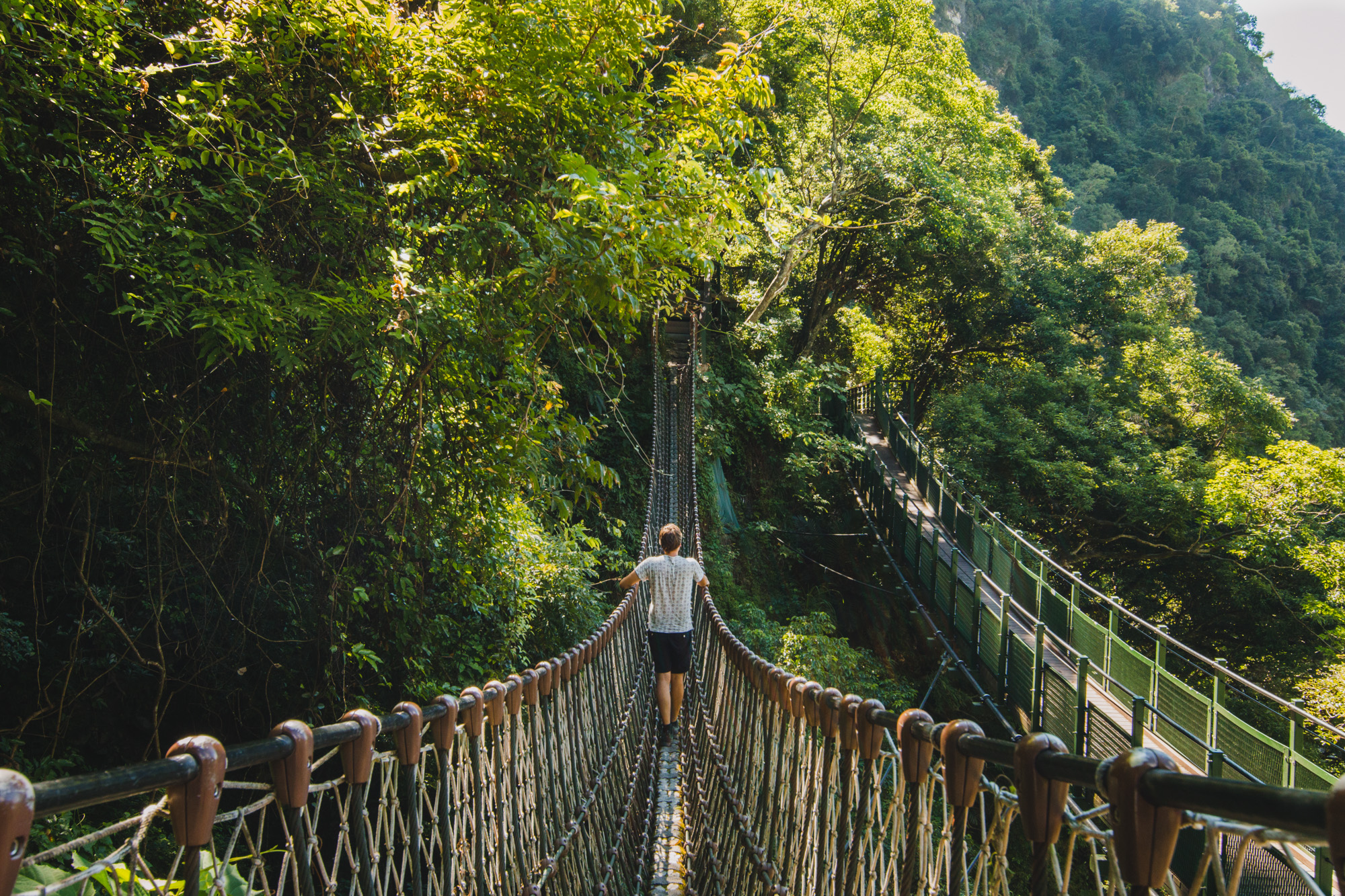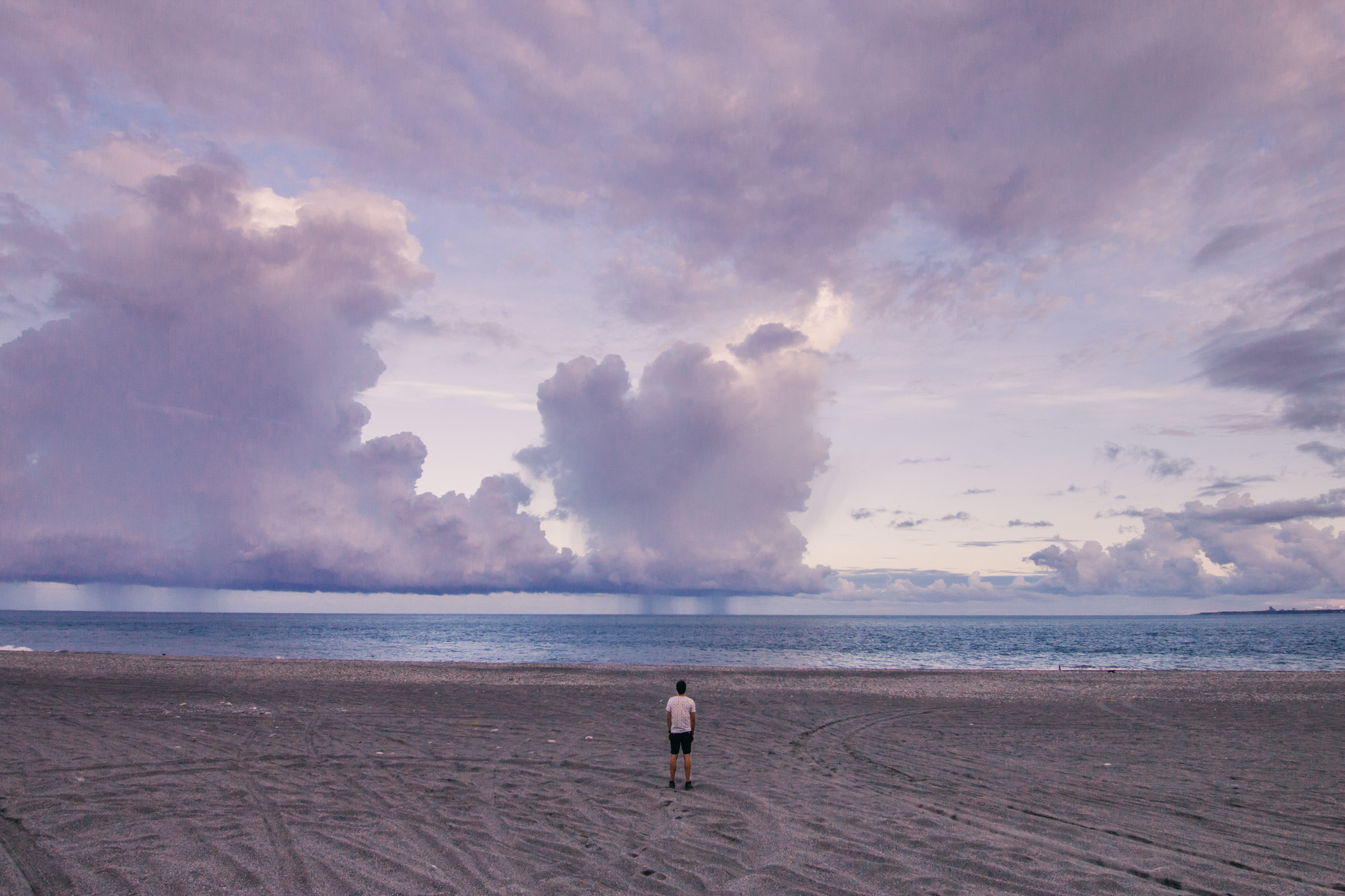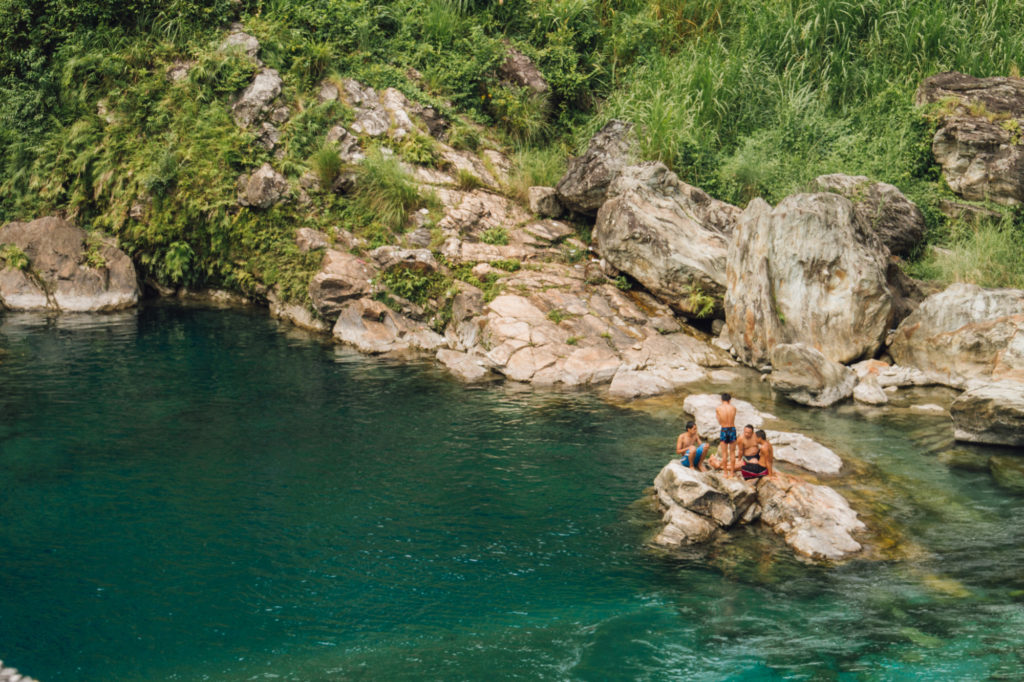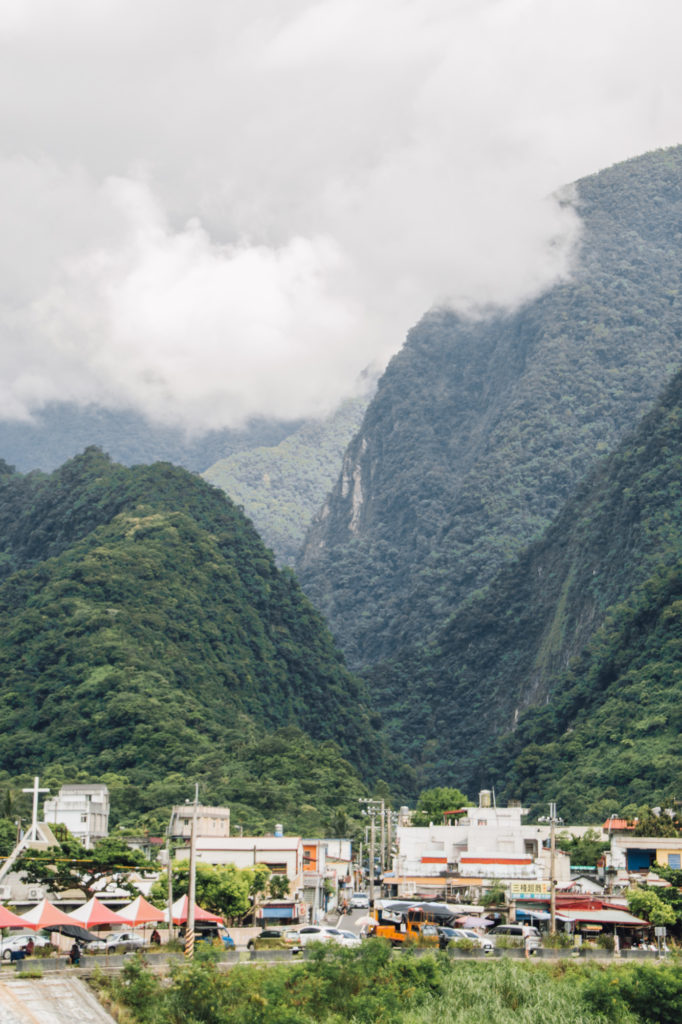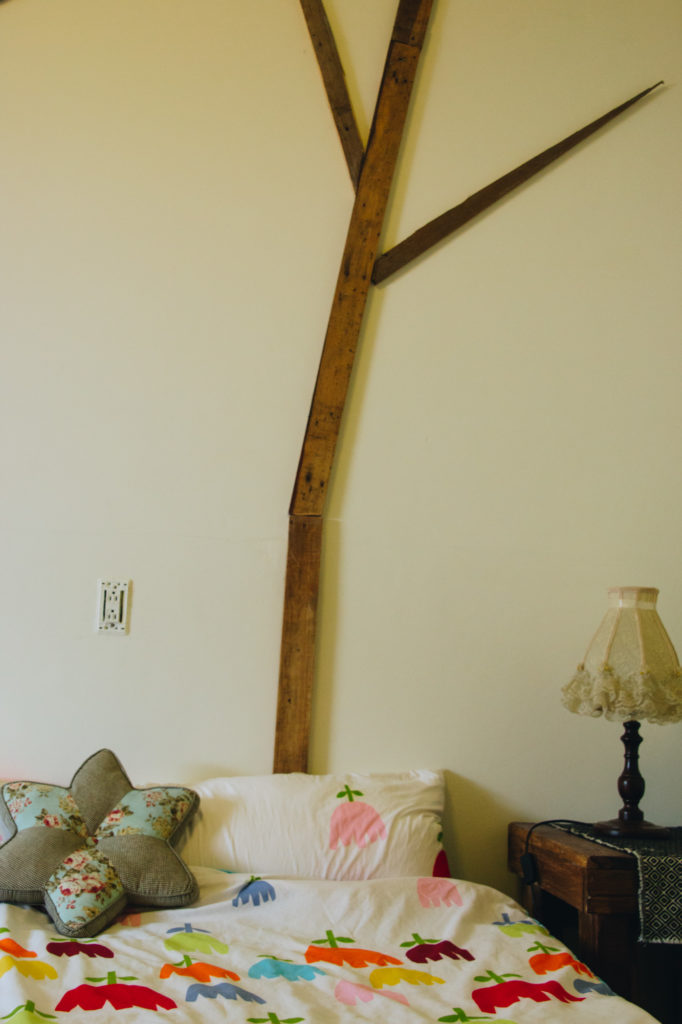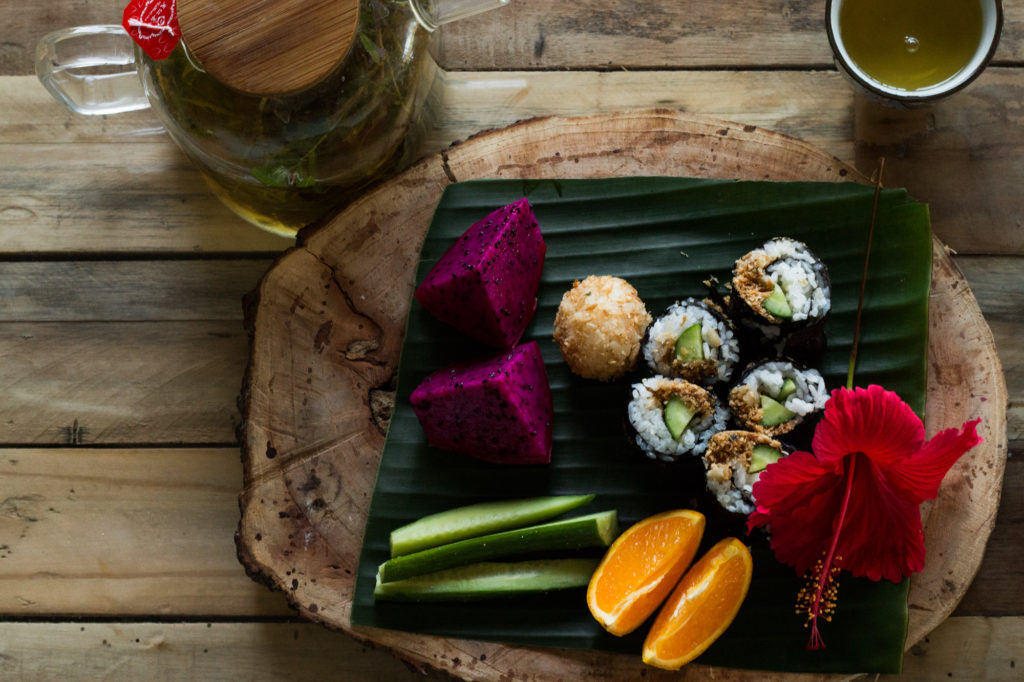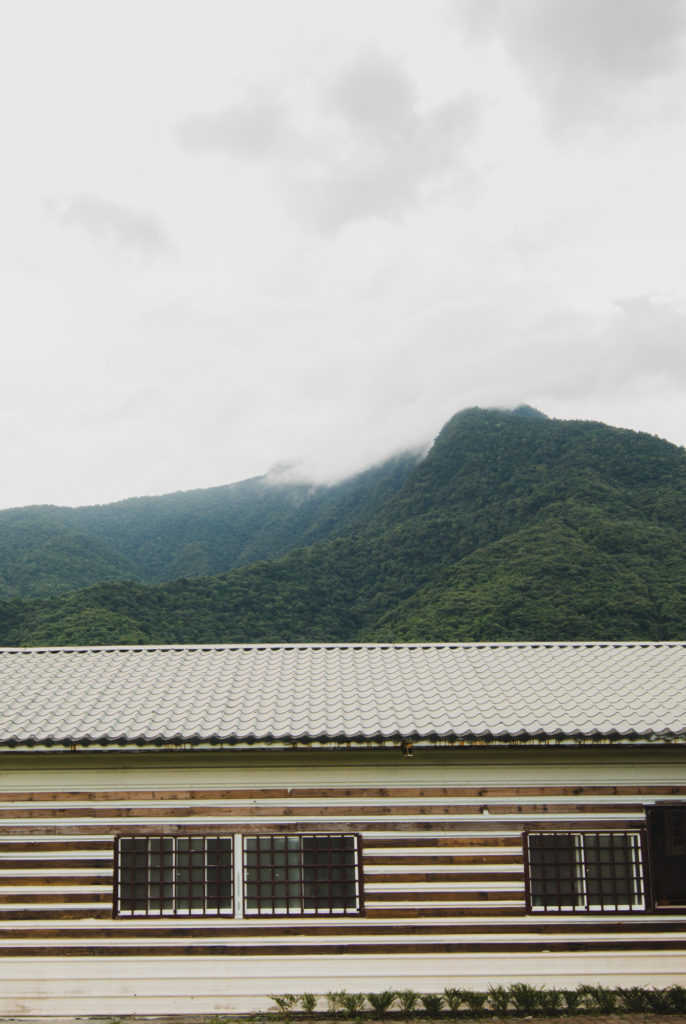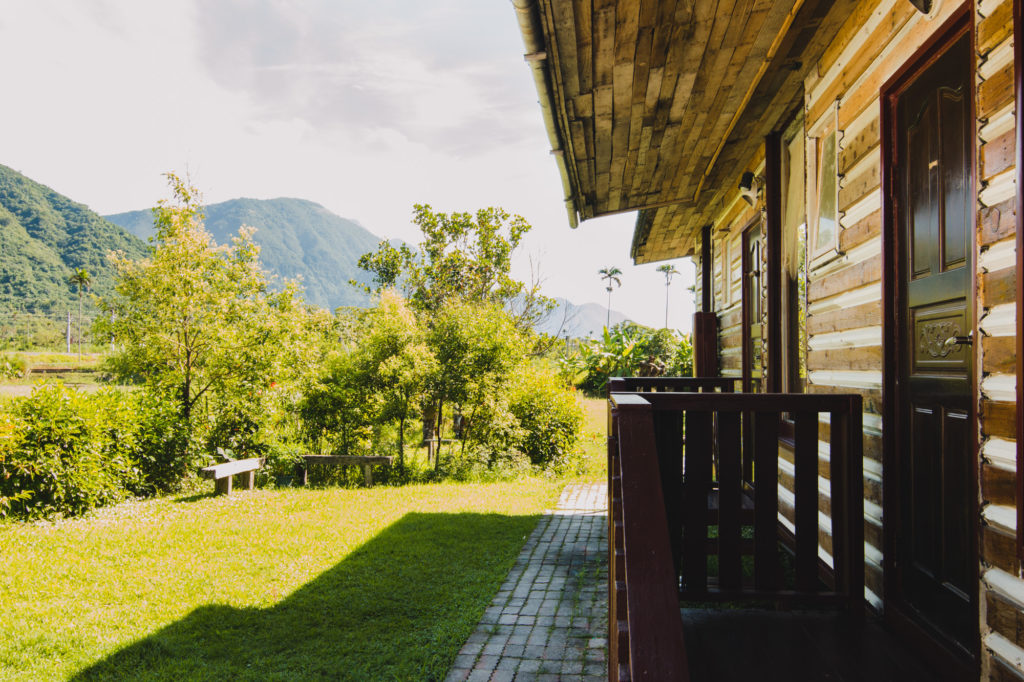Many say that if you can’t afford Japan, Taiwan is a good alternative. That made us think and expect this little island would be a lot like our beloved Japan. It’s definitely cleaner and more organized than other parts of Asia but that’s almost all the similarities it has with cherry- blossom- land. Still we completely fell in love with its nature, culture and beauty of its coast and mountains.
And I have to admit it’s more budget – friendly than Japan:)
Over 61 days we spend 3875 euro so around 63 euro per day for the two of us. A little above 30 euro each makes it a great alternative to Japan. But let’s break it down.
Where did we travel?
Taiwan is a pretty small island with a lot to offer. We visited their furthest southern part with its beachy national park (Kenting), we also emerged in their mountainous pearl of Taroko National Park. We couldn’t miss some of its most prominent cities like Taichung, Kaohsiung and obviously Taipei. When we got tired of the cities we relaxed by its magical Sun Moon Lake.
How did we travel?
Honestly I think renting a car on Taiwan is a great idea. We didn’t do that and regretted it afterwards. From what I read it’s not very expensive and some spots are difficult or even impossible to reach by public transport.
On transportation we spent “just”398 euro. The prices of trains and buses were dirty cheap compared to Japan. A train from Taipei to Taichung was around 20 euros for both of us (750 TWD). Return bus from Zuoying to Kenting was 33 euro for both of us (1200 TWD). Actually we felt so sorry for ourselves that we didn’t try the high speed trains in Japan that we took one on Taiwan. It was “just” 2980 TWD (83 euros) so really cheap compared to the ones we saw in Japan.
The transport section includes some uber and taxi rides.
Curiosity! Buses in Taichung are FREE! Ok they can be pretty slow and a pain in the ass but who looks a gift horse in the mouth right?:)
Where did we stay?
Accommodation was the biggest part of our budget and it came up to 1876 euros. Out of this sum we spend 975 USD for a month of a private apartment in Taipei rented via airbnb (32.5 dollar a night). That one was a serious bargain considering that 99% of the studios I saw were for above 50 US dollars a night especially taking under consideration that we were in pure city center. The owner was going on vacation and wanted someone who could stay as long as possible so he offered 40% off for a stay above 28 nights.
For the rest we didn’t have that much luck anywhere else. The smaller and more beautiful the place was, the more pricey the hostel/ hotel was. At the Taroko National Park we had a private room at a local community home and that cost us 223 euros for 4 days.
We spent only 12 nights in dorms but those were not particularly cheap actually. For 7 nights in our hostel in Kenting we paid 234 euros for the two of us (around 20 euros per night).
What did we eat?
Our food beginnings were difficult. Coming from lean, low fat, veggie Japan we had a hard time adjusting our bellies to more decadent, fatty Chinese cuisine. As usual we cooked ourselves most of the time but after some time we also enjoyed dinning at night markets, local restaurants and cafes. We didn’t deny ourselves many bubble teas either!
Food turned out to be 1369 euros out of which just 363 went on eating out on night markets, coffees and bubble teas. The rest was what we spent on ingredients to cook with. It might seem like quite a sum but we didn’t save, we treated ourselves buying fruit every single day and we tried out some weird ingredients. In this little fortune we also included quite a sum of tea, bought for gifts and for ourselves.
To give you an idea of eating out costs:
A very good bubble tea (good so not the cheapest) is around 70 TWD (around 2 euros)
Eating out at a night market we spent 200 - 400 TWD (5.5-11 euros) depending on what we bought. Barbecue was always the most expensive stand, together with fancy seafood. For cheaper meals we always turned to onion pancakes or dumplings.
How expensive are museums, tours etc?
On tourism we spend 139 euro. Many of the museums, temples and exhibitions were actually free. The most we spent on an entrance fee was when we went to see the Paul Smith exhibition in Taipei (560 TWD= around 16 euros for both of us). After all this free or dirt cheap cultural entertainment that one felt like a fortune. Although well spent.
In tourism we included mountain bikes rentals at the Sun Moon Lake (400 TWD = 11 euros) as well as renting an electric scooter in the Kenting National Park for two days (around 33 euros). A “huge” budget breaker was mountain bike rental with drop off in Taroko National Park. That was 1600 TWD (around 45 euros) well spent as it’s a super mountainous and dangerous area so we wanted to have the best equipment and calmly slide of a tremendous series of hills.
Where did the rest of our money go?
93 euro in the equipment and miscellaneous parts of our budget went to postcards, souvenirs, splurge in a private bath, a hat, some flowers and not much more:)
Money- saving tips and tricks
- Travel smart! Lots of spots on Taiwan are famous as weekend getaways and prices for accommodation get double or even triple during weekends and vacations. Try to avoid that. The three most popular of those are Sun Moon Lake, Kenting National Park and Taroko National Park.
- Hop on public transport! Buses, trains and metro are really cheap on Taiwan. In Taichung buses are actually free of charge. Just make sure you get yourself an Easy Card. You can buy it in many spots for example on metro stations and you put money on there to travel. It’s very easy, convenient and it makes everything even more affordable. The great thing is it works in buses and metro of Taipei as well as other big cities.
- Consider Airbnb! We managed to get a really great deal for an apartment in Taipei. It was central, pretty and it felt so homie. During the hottest summer months many people go away on vacation and some rent out their spots pretty cheap especially for longer stays.
- Enjoy free cultural events and exhibitions! Many of the art museums and cultural events are just free and really interesting.
Exchange rate used: 1 Euro = 34.48 TWD
